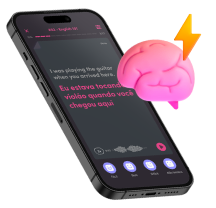Fluency News #04
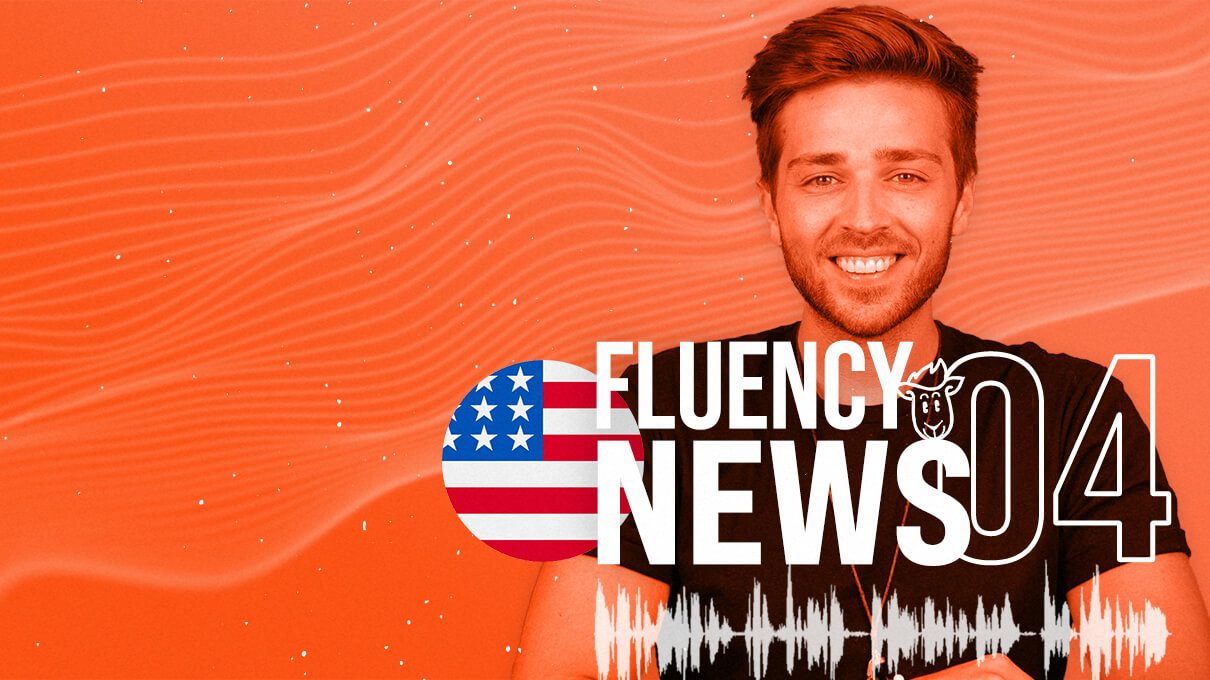
Hello, everyone!
Sejam bem-vindos e bem-vindas a mais um episódio da nossa nova série de podcasts, o Fluency News! Aqui, você vai treinar a sua escuta e ficar por dentro do que está acontecendo no mundo, sempre com as três principais notícias da semana, tudo em inglês! Ao longo do episódio, nós também adicionamos explicações em português das coisas que achamos que precisam de mais atenção, assim você não perde nenhum detalhe!
No episódio desta semana, falamos sobre a morte prematura de Chadwick Boseman, que se tornou famoso ao trazer o Rei T’Challa à vida, o acordo de paz no Sudão, que encerra um conflito de 17 anos, e o número assombroso de casos de coronavírus nos Estados Unidos.
Continue lendo para ter acesso a uma seção de expansão de vocabulário para maximizar o seu aprendizado!
Expand your knowledge!
Phrasal Verbs
Phrasal verbs são a junção entre um verbo e uma preposição, e que têm um significado diferente do verbo isoladamente. É como se o verbo mudasse de sentido por causa da preposição.
Uma coisa a ser considerada é que alguns deles são separáveis, enquanto outros não. Não existe uma regra a respeito da separação dos phrasal verbs, então você vai reconhecê-los e entendê-los a partir do contato com a língua e prática. Continue consumindo podcasts, lendo, assistindo o máximo de conteúdo em inglês, e assim por diante. Com isso, os phrasal verbs vão se tornar naturais para você!
Inseparable:
Look after (cuidar de)
I always look after my sister’s kids when she travels.
Eu sempre cuido dos filhos da minha irmã quando ela viaja.
Wake up (acordar)
He wakes up at 8AM every day.
Ele acorda às 8h todo dia.
Separable:
Turn off (desligar)
Please turn off your phones. Turn them off right now.
Por favor, desliguem seus celulares. Desliguem-nos agora.
Throw away (jogar fora)
Don’t throw this paper away. It is very important.
Não jogue este papel fora. Ele é muito importante.
Past Perfect
O past perfect é usado para expressar uma ação que ocorreu no passado antes de uma outra ação ter ocorrido. Esse tempo verbal é marcado pela forma:
Sujeito + had + verbo principal no particípio passado + complemento
The movie had already started when I got home yesterday.
O filme já tinha começado quando eu cheguei em casa ontem.
Para a forma negativa, basta acrescentar o “not” após o “had”; e para as frases interrogativas, inverter o “had”, colocando-o no início da frase.
Before the Titanic sank, the captain had said that not even God would make it sink.
Antes do Titanic afundar, o capitão tinha dito que nem Deus o faria afundar.
When Jason arrived at the party, I had already left.
Quando o Jason chegou à festa eu já tinha ido embora.
My mother would rather I hadn’t moved out.
Minha mãe preferiria que eu não tivesse me mudado.
Sources
Chadwick Boseman: Black Panther star dies of cancer aged 43
https://www.theguardian.com/film/2020/aug/29/black-panther-actor-chadwick-boseman-dies-of-cancer
https://www.today.com/popculture/chadwick-boseman-honored-2020-vmas-his-impact-lives-forever-t190486
https://www.bbc.com/news/entertainment-arts-53957685
https://apnews.com/7e2cb43ba86130d92e2128d907b860fd
Sudan signs peace deal with rebel groups from Darfur
Number of US coronavirus cases nears six million
https://www.bbc.com/news/live/world-53969067
Beachgoers form human chain to rescue man in sea by Durdle Door
Transcrição do episódio
What is up, everyone! Welcome back to another episode of Fluency Academy’s Fluency News. As I hope you know now, this podcast was created to give an up in your English as well as keep yourself an informed citizen of the world! Presented by me, Scott Lowe, professor da Fluency Academy, [americano de corpo brasileiro de alma.]
Pessoal! Just a reminder – don’t forget to access Fluencytv.com for the sources to this episode, as well as exercises, and extra material to accompany today’s podcast. Fluencytv.com already has more than 500 free classes in the 5 languages currently offered by fluency academy which are Inglês, Francês, Espanhol, Italiano e Alemão. Definitely go check it out!
Today, as always, we’ll present to you three of the week’s biggest news stories,100% in English, for you to train your listening and comprehension. After each story, we’ll also hone in and teach in Portuguese a few key points of interest taken from the stories.
Enough of me talking! Let’s get started with the news! Our first story today is about the tragic death of Chadwick Boseman.
Chadwick Boseman, who played Black American icons Jackie Robinson and James Brown with searing intensity before inspiring audiences worldwide as the regal Black Panther in Marvel’s blockbuster movie franchise, died Friday of cancer. He was 43.
Boseman died at his home in the Los Angeles area with his wife and family by his side, his publicist Nicki Fioravante told The Associated Press.
Boseman was diagnosed with colon cancer four years ago, his family said in a statement.
“A true fighter, Chadwick persevered through it all, and brought you many of the films you have come to love so much,” his family said. “From Marshall to Da 5 Bloods, August Wilson’s Ma Rainey’s Black Bottom and several more – all were filmed during and between countless surgeries and chemotherapy. It was the honor of his career to bring King T’Challa to life in Black Panther.”
Boseman had not spoken publicly about his diagnosis. He is survived by his wife and a parent and had no children, Fioravante said.
Born in South Carolina, Boseman graduated from Howard University and had small roles in television before his first-star turn in 2013. His striking portrayal of the stoic baseball star Robinson opposite Harrison Ford in 2013′s “42” drew attention in Hollywood and made him a star.
A year later, he wowed audiences as Brown in the biopic “Get On Up.”
Boseman died on a day that Major League Baseball was celebrating Jackie Robinson day. “His transcendent performance in ‘42’ will stand the test of time and serve as a powerful vehicle to tell Jackie’s story to audiences for generations to come,” the league wrote in a tweet.
Expressions of shock and despair poured in late Friday from fellow actors, athletes, musicians, Hollywood titans, fans and politicians. Viola Davis, who acted alongside Boseman in “Get On Up” and an upcoming August Wilson adaptation, tweeted: “Chadwick…..no words to express my devastation of losing you. Your talent, your spirit, your heart, your authenticity.”
“This is a crushing blow” actor and director Jordan Peele said on Twitter.
Disney executive chairman Bob Iger called Boseman “an extraordinary talent, and one of the most gentle and giving souls I have ever met. He brought enormous strength, dignity and depth to his groundbreaking role of Black Panther.”
“Captain America” actor Chris Evans called Boseman “a true original. He was a deeply committed and constantly curious artist. He had so much amazing work still left to create.”
Democratic presidential nominee Joe Biden tweeted that Boseman “inspired generations and showed them they can be anything they want — even superheroes.”
His T’Challa character was first introduced to the blockbuster Marvel movies in 2016′s “Captain America: Civil War,” and his “Wakanda Forever” salute reverberated around the world after the release of “Black Panther” two years ago.
“I don’t think the world was ready for a ‘Black Panther’ movie before this moment. Socially and politically, it wasn’t ready for it,” he told AP at the time.
The film’s vision of Afrofuturism and the technologically advanced civilization of Wakanda resonated with audiences, some of whom wore African attire to showings and helped propel “Black Panther” to more than $1.3 billion in global box office. It is the only Marvel Studios film to receive a best picture Oscar nomination.
Boseman said he more easily identified with the film’s antagonist, played by Michael B. Jordan, who had been cut off from his ancestral roots: “I was born with some Killmonger in me, and I have learned to T’Challa throughout my studies,” he said while promoting the film.
“It’s the place where you start. All African Americans, unless they have some direct connection, have been severed from that past. There’s things that cannot be tracked,” he continued. “You were a product, sold. So it’s very difficult as an African American to connect at some points directly to Africa. I have made that part of my search in my life. So those things were already there when I got into the role.”
Even at the outset of his Hollywood career, Boseman was clear-eyed about — and even skeptical of — the industry in which he would become an international star.
“You don’t have the same exact experience as a Black actor as you do as a white actor. You don’t have the same opportunities. That’s evident and true,” he told AP while promoting “42.” “The best way to put it is: How often do you see a movie about a black hero who has a love story … he has a spirituality. He has an intellect. It’s weird to say it, but it doesn’t happen that often.”
In addition to Robinson and Brown, Boseman portrayed the future U.S. Supreme Court Justice Thurgood Marshall in 2017′s “Marshall.” He humanized the larger-than-life historical figures with the same reserved dignity — interrupted by flashes of sparkling wit — that he would later bring to T’Challa.
Asked about his own childhood heroes and icons, Boseman cited Black political leaders and musicians: Malcolm X, Martin Luther King Jr., Bob Marley, Public Enemy, A Tribe Called Quest and Prince. Deeply private and often guarded in his public appearances and interviews, he made clear that he understood the significance of his work and its impact on the broader culture.
At the 2019 Screen Actors Guild Award, “Black Panther” won best ensemble, electrifying the room. Before an auditorium full of actors, Chadwick Boseman stepped to the microphone. He quoted Nina Simone: “To be young, gifted and black,” and put the moment in context.
“We know what it’s like to be told there isn’t a screen for you to be featured on, a stage for you to be featured on. … We know what’s like to be beneath and not above. And that is what we went to work with every day,” said Boseman. “We knew that we could create a world that exemplified a world we wanted to see. We knew that we had something to give.”
Enquanto eu falava sobre essa história, eu usei algumas expressões que talvez você não conheça. Como “cut off” e “got into”. Essas expressões são exemplos de phrasal verbs, uma estrutura MUITO comum em inglês. Ela é formada por um verbo e uma preposição, que muda o significado do verbo. Por exemplo, o verbo “stand” significa “ficar em pé”, mas quando acrescido da preposição “by”, fica “stand by”, que significa “em espera”. Na descrição deste episódio você vai encontrar outros exemplos de phrasal verbs e como usá-los. Além disso, o Rhavi tem alguns vídeos e um dicionário de Phrasal Verbs falando dessas estruturas, e os links vão estar lá no descrição no Fleuncytv.com também.
Voltando aos dois exemplos que eu mencionei. “Cut” significa “cortar”, e “off” significa “fora”, mas o phrasal verb significa “interromper”, “terminar”. Legal, né? Você não precisa memorizar essas estruturas, não se preocupe. Com o contato com a língua, esses phrasal verbs vão aparecer naturalmente no seu vocabulário.
Let’s continue! Our second story of the day comes from North-East Africa, as Sudan signs a peace deal with rebel groups from Darfur.
The agreement provides for the dismantling of rebel forces and the integration of their fighters into the national army.
Sudan’s government and the main rebel alliance agreed on a peace deal on Monday to end 17 years of conflict.
The Sudan Revolutionary Front (SRF), a coalition of rebel groups from the western region of Darfur and the southern states of South Kordofan and Blue Nile, signed the peace agreement at a ceremony in Juba, the capital of neighboring South Sudan, which has hosted and helped mediate the long-running talks since late 2019.
The final agreement covers key issues around security, land ownership, transitional justice, power-sharing, and the return of people who fled their homes because of war.
It also provides for the dismantling of rebel forces and the integration of their fighters into the national army.
The deal is a significant step in the transitional leadership’s goal of resolving multiple, deeply rooted civil conflicts.
The US, UK, and Norway in a joint statement on Monday said they welcomed the peace agreement as a first step in rebuilding stability in the country.
“It is an important step in restoring security, dignity, and development to the population of Sudan’s conflict-affected and marginalized areas. We believe the formal agreement must be followed up with local peace and reconciliation efforts in the conflict-affected areas,” the countries said in the statement.
About 300,000 people have been killed in Darfur since rebels took up arms there in 2003, according to the United Nations.
Conflict in South Kordofan and Blue Nile erupted in 2011, following unresolved issues from bitter fighting there in Sudan’s 1983-2005 civil war.
Two rebel factions refused to take part in the deal.
Leaders of the SRF raised their fists in celebration after signing the agreement.
Sudanese Prime Minister Abdalla Hamdok and several ministers flew to Juba on Sunday, the official news agency SUNA reported, where he met South Sudan President Salva Kiir.
Hamdok said finding a deal had taken longer than first hoped after an initial agreement in September 2019.
Both military chief General Abdel Fattah al-Burhan and Hamdok were in attendance on Monday, while Kiir oversaw the ceremony.
The rebel forces took up arms against what they said was the economic and political marginalization by the government in Khartoum.
They are largely drawn from non-Arab minority groups that long railed against Arab domination of successive governments in Khartoum, including that of toppled President Omar al-Bashir.
The rebel groups that signed the agreement include the Justice and Equality Movement (JEM) and Minni Minawi’s Sudan Liberation Army (SLA), both of the western region of Darfur.
Rebel members of the Sudan Liberation Movement (SLM) and the Sudan People’s Liberation Movement-North (SPLM-N) had provisionally initialed the agreement with the government late on Saturday.
However, an SLM faction led by Abdelwahid Nour and a wing of the SPLM-N headed by Abdelaziz al-Hilu refused to take part.
Al Jazeera’s Hiba Morgan, reporting from Khartoum, said the peace talks were a long arduous process.
“It looks like the rebel groups got most of what they wanted. The negotiations have been very complicated, they were halted several times. But it looks like for now they have a deal.”
Se você escutou os episódios anteriores, já me ouviu falar sobre o Present Perfect. Nessa notícia, nós temos exemplos de outro tempo verbal, o Past Perfect. Essa estrutura é formada usando “had”, que é o verbo “have” no passado, e a terceira forma do verbo que segue. Esse tempo é usado, normalmente, para dizer que algo aconteceu antes de outra ação no passado. Preste atenção neste exemplo: quando Jason chegou na festa, eu já tinha ido embora. Em inglês, isso ficaria “when Jason arrived at the party, I HAD already LEFT. Aqui, nós temos o passado de have, que é had, e a terceira forma do verbo leave, que é left.
Quando o que vem depois de “I had” é um verbo na ‘terceira forma’, você vai saber que estamos falando do Past Perfect.
And, moving to our last story of the day. Again, we’re talking about the coronavirus cases, as the number in the US reaches six million.
The number of coronavirus cases in the United States topped 6 million Sunday, according to NBC News data collected from health departments nationwide. The country has recorded more than 183,000 deaths due to the virus since the outbreak gained global attention in February.
Although case numbers have continued to rise in waves, many states have chosen to reopen their economies and schools. Universities and colleges that board students have particularly struggled to keep cases under control as young adults move back to campuses and nearby residences to begin in-person courses.
The University of Alabama reported that more than 550 people — the majority of them students — have tested positive for the coronavirus since classes began just over a week ago. The University of North Carolina-Chapel Hill and the University of Notre Dame converted to virtual learning after influxes of new cases within a few weeks of the return of students.
Educators told NBC News’ Social Newsgathering team last month that they had serious anxieties about returning to in-person learning. Laura Crary, an art history professor at a liberal arts college in South Carolina, said she is a single parent who also cares for her parents.
“All it’s going to take is one really bad case — student, faculty or staff — and the whole house of cards is going to come crashing down,” Crary said. “And I don’t want that case to be me.”
The response to the pandemic has also been heavily politicized as the virus becomes a dominant issue in the run-up to the presidential election. Both parties mentioned the pandemic during their conventions this month, although the candidates offered dueling perspectives on the matter.
President Donald Trump boasted of the country’s response in his speech during the Republican National Convention last week, claiming that scientists would have a vaccine by the end of the year. He offered no evidence to support the statement.
Four vaccine candidates are in clinical trials in the United States, with one from Moderna being furthest along, but it’s impossible to know whether they will prove effective, according to NBC News’ fact check.
Democratic nominee Joe Biden called the U.S. response “the worst performance of any nation on Earth” at the Democratic National Convention.
“The president keeps telling us the virus is going to disappear,” Biden said. “He keeps waiting for a miracle. Well, I have news for him: No miracle is coming.”
Since the beginning of the pandemic, some have said mixed messages from the federal government and its agencies on safety guidance have hurt Americans.
The Centers for Disease Control and Prevention issued new guidance saying healthy people who have been exposed to COVID-19 “do not necessarily need a test” as long as they don’t have symptoms. Previously, guidance suggested testing for all close contacts of infected people because asymptomatic carriers could still spread the virus.
A spokesperson for National Institute of Allergy and Infectious Disease, led Dr. Anthony Fauci, said Fauci had some concerns about the new guidance.
Dr. Brett Giroir, the assistant secretary for health at the Department of Health and Human Services, told reporters that the decision to change the testing guidance was made Aug. 20, the day Fauci had surgery to remove a noncancerous polyp on his vocal cords.
“Now, reading them carefully, he has some concern that the revised guidelines could be interpreted as lessening the importance of asymptomatic spread of virus in the community,” the spokesperson said.
The CDC’s director, Dr. Robert Redfield, walked back the guidance Thursday, saying “all close contacts of confirmed or probable COVID-19 patients” may consider testing.
Em algumas notícias sobre política nos Estados Unidos, você deve ter notado que usamos a palavra “party” ou “parties” com frequência. Talvez isso te tenha deixo confuso, ou confusa. Além de significar “festa”, a palavra “party” também se refere à partido político. Quando eu digo, por exemplo, the “Republican party”, eu estou dizendo “o partido republicano”.
And, before we go, how about hearing some good news? Check this out. Beachgoers form a human chain to rescue man in sea by Durdle Door.
Witnesses have described the moment beachgoers formed a human chain to rescue a man in danger in the sea by the Durdle Door.
The incident happened on Thursday, as large waves crashed in around the popular tourist attraction on the Jurassic coast.
They described the man swimming in the sea and being pulled out away from the coastline. At first, they said, beachgoers were unsure whether or not he was waving or in trouble. But, when it became obvious it was the latter, beachgoers mounted their rescue by forming the human chain.
Jennie Bell, who was on holiday in the area with her family, said she had been worried from the moment they arrived because of the size and strength of the waves.
“One man went in and swam. He was towed along by the undercurrent across the beach but managed to swim back in with some effort. Then, some while later, I spotted another person in the water and, after a while, it became apparent to me and the other beachgoers that he couldn’t get back to shore.
“He was being towed along by the undercurrent. Everyone eventually had stood up watching what was happening. There was a man on the shoreline who was beckoning him in but he wasn’t able to get back to shore.
“Finally, we saw a group of people along the beach shouting to the person in the sea, to swim in on certain waves, this brought him closer but not enough to get out of the water.
“Then lots of people joined hands to form a chain leading directly into the water.”
Emily Foote was also on the beach. She said: “Because the sea was so strong it was literally just crashing into them so they were two or three people deep huddled together.
“They threw in a body board and what appeared to be a buoyancy aid … but both were blown back. One guy ran straight into the sea but wasn’t able to get near the man as … [it] was so strong.
“After what seemed an eternity the man got closer to him and then the rest of the people were able to pull him up the beach.”
According to Lulworth Coastguard rescue team both the first casualty and one of the rescuers had got into trouble in the water but each had been rescued and were able to walk away.
—
That story could have ended badly, but we’re glad it didn’t. And it’s always amazing to see people getting together to help each other, isn’t it?
And with that, we’re done! As always, you can find the sources to all our stories in the description of this episode. Be sure to check out fluency.io for more free content, tune back in to hear the main stories around the world, and get some snippets of explanations to expand your knowledge and practice your listening skills. There’s a new episode of Fluency news every week and I’ll see you next episode. Peace out.
Playlist
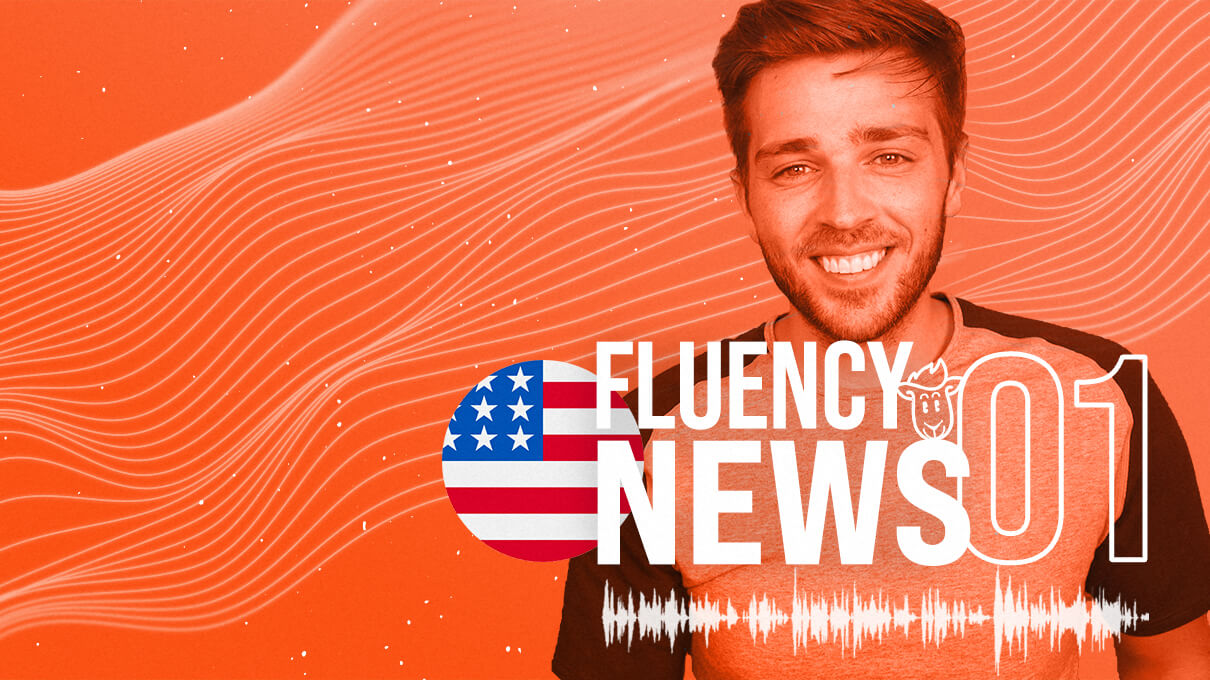
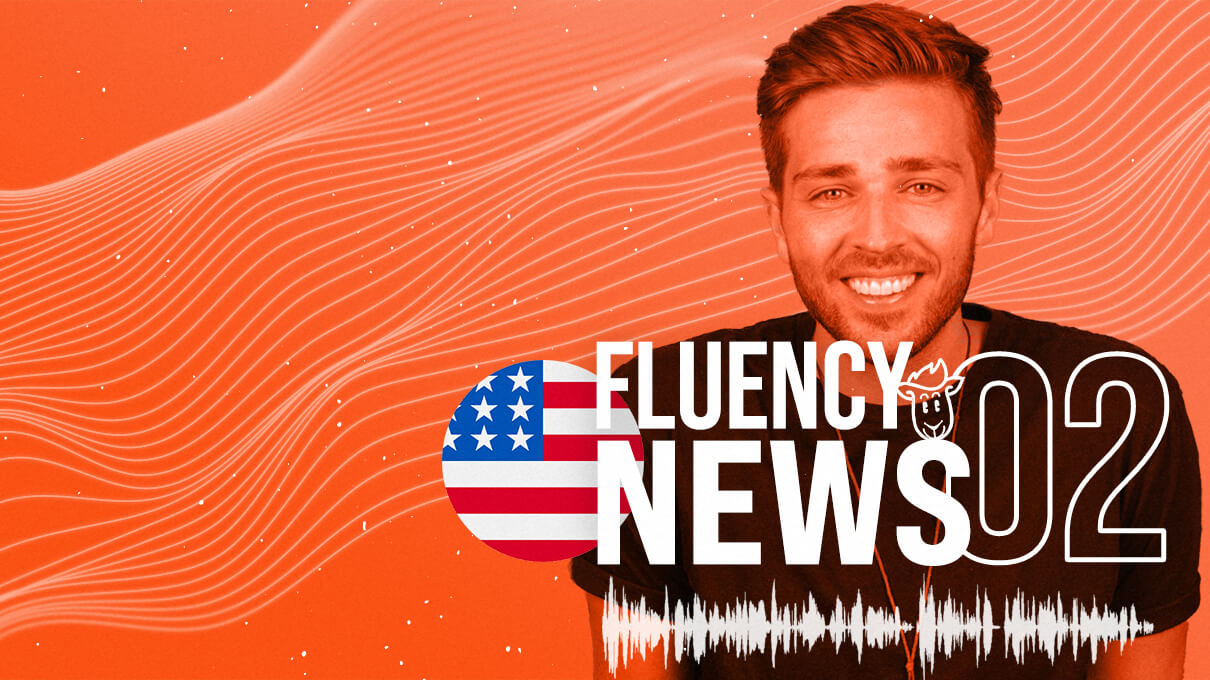
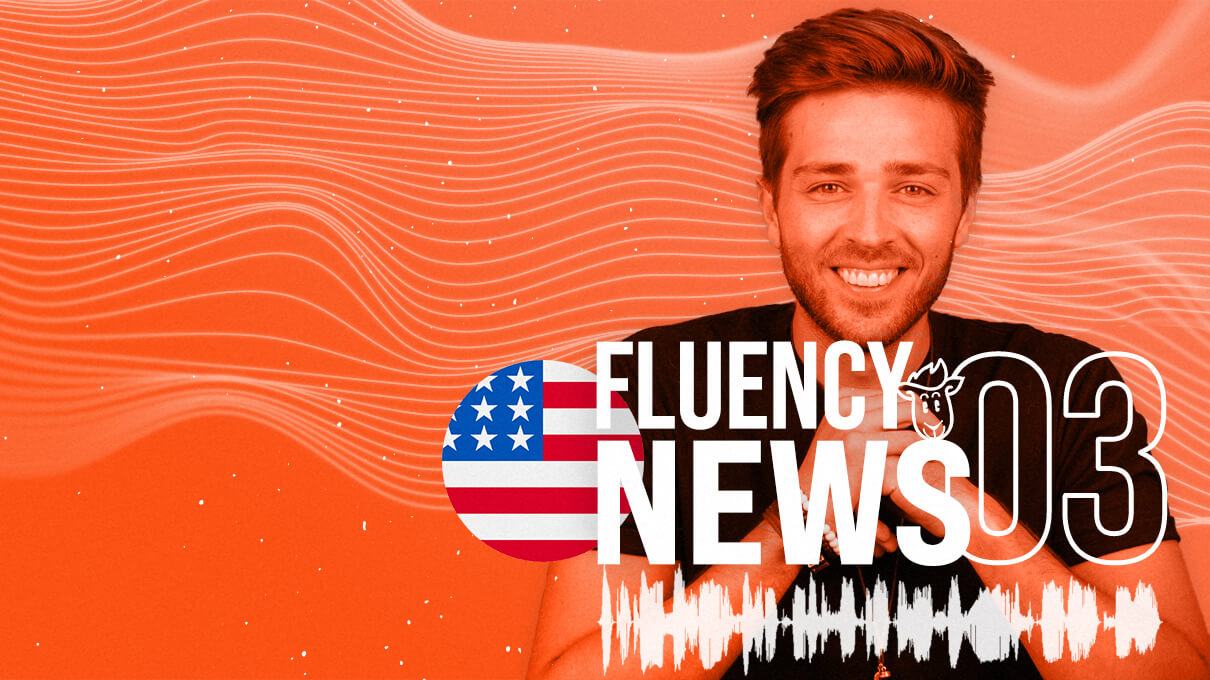

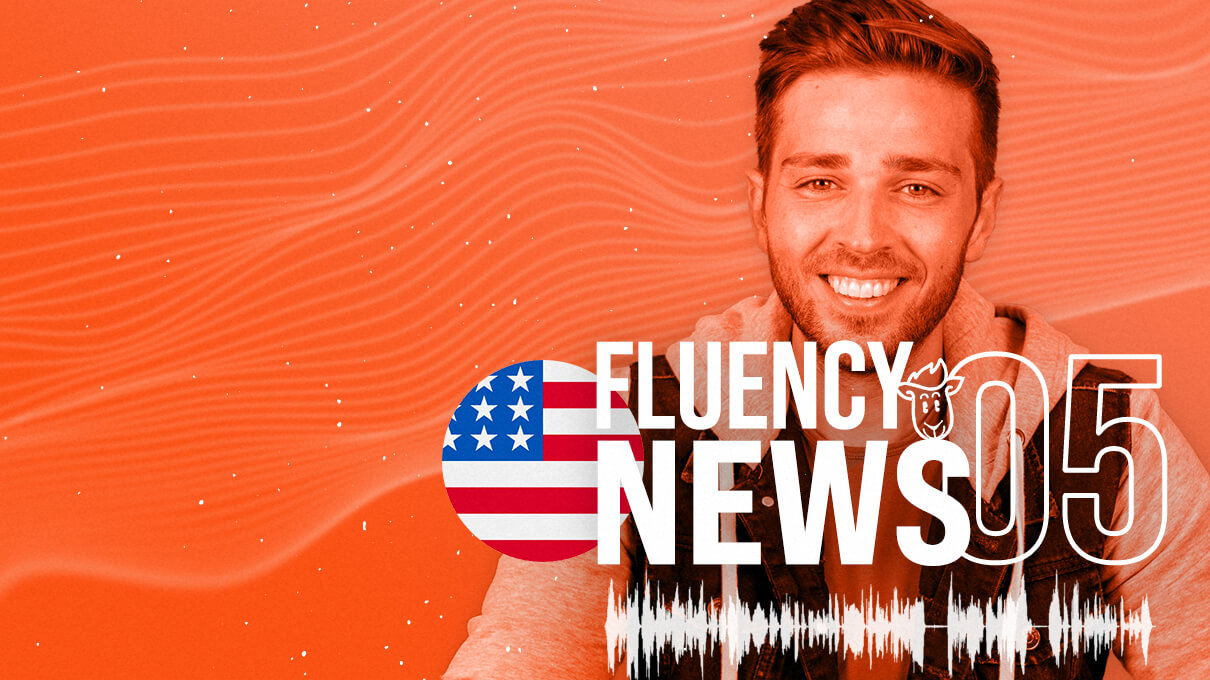
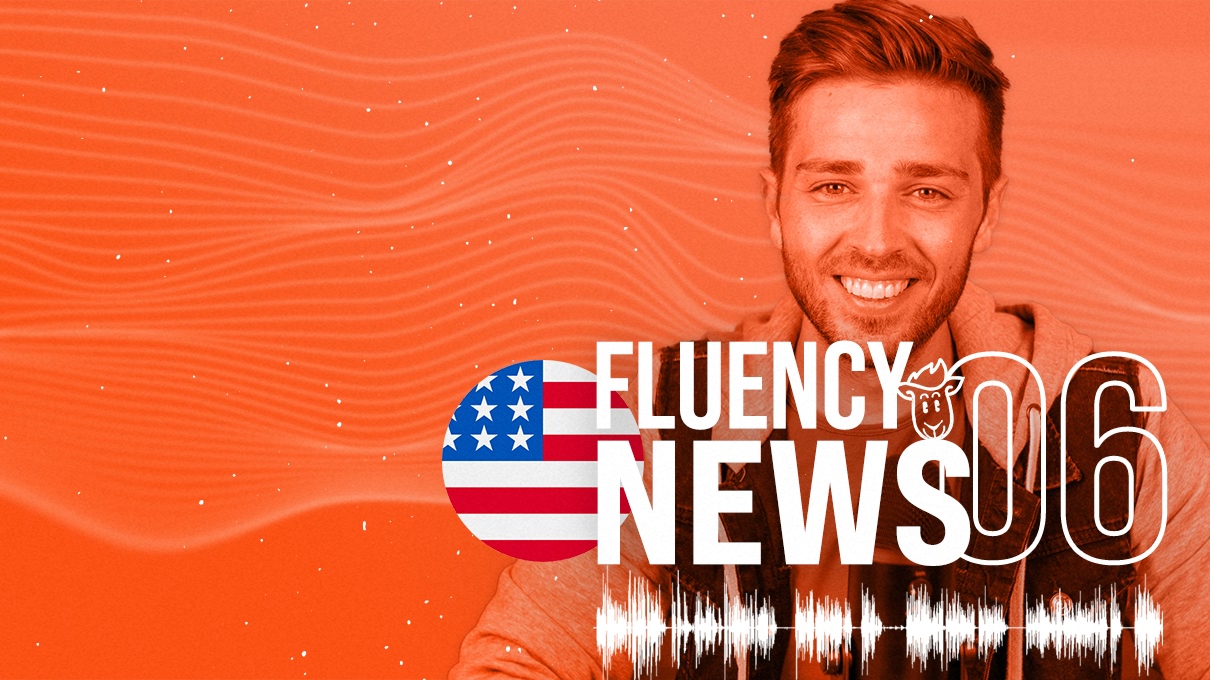
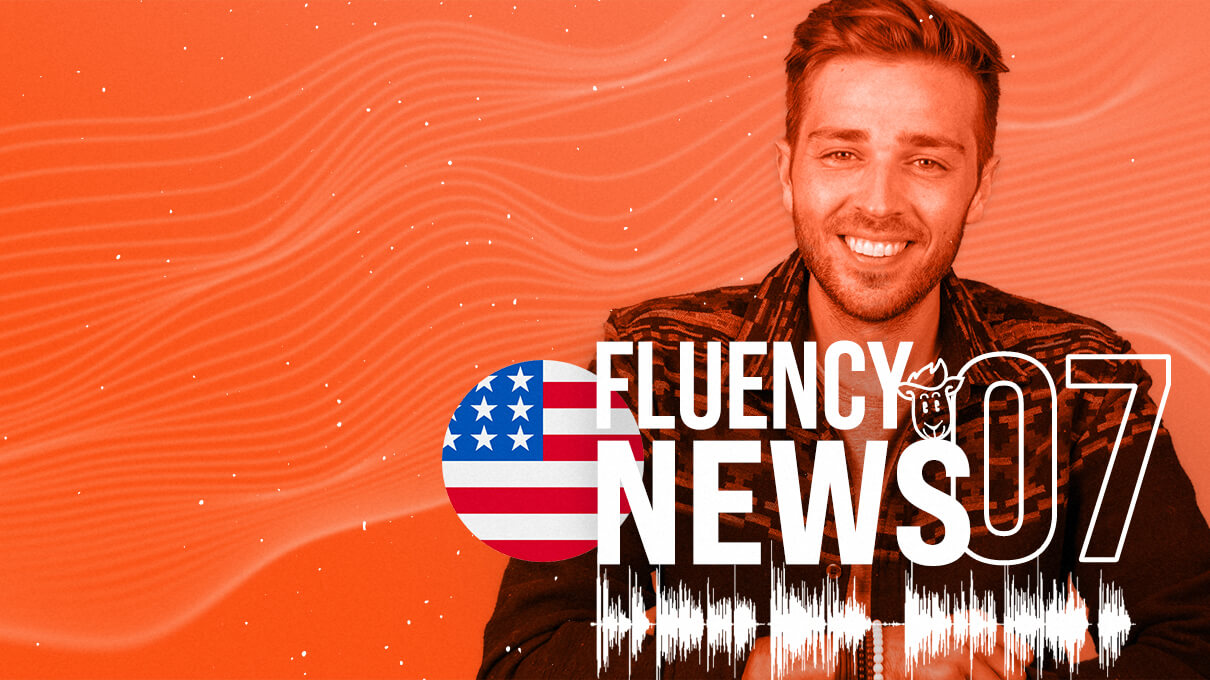
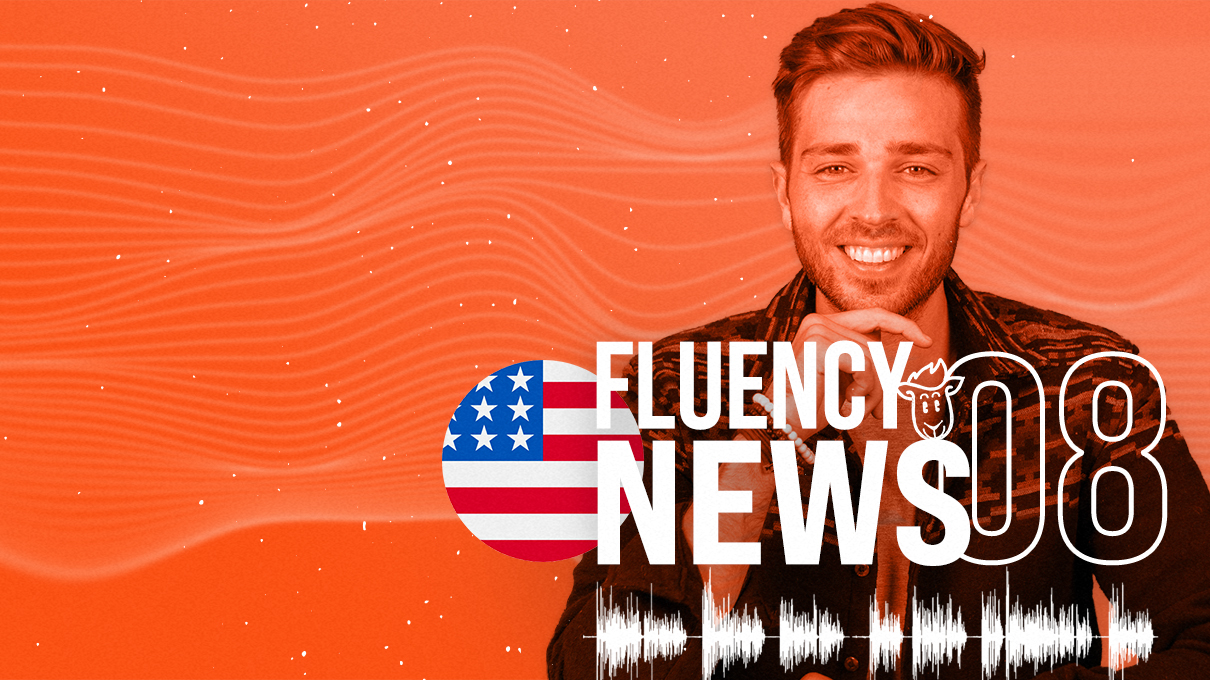
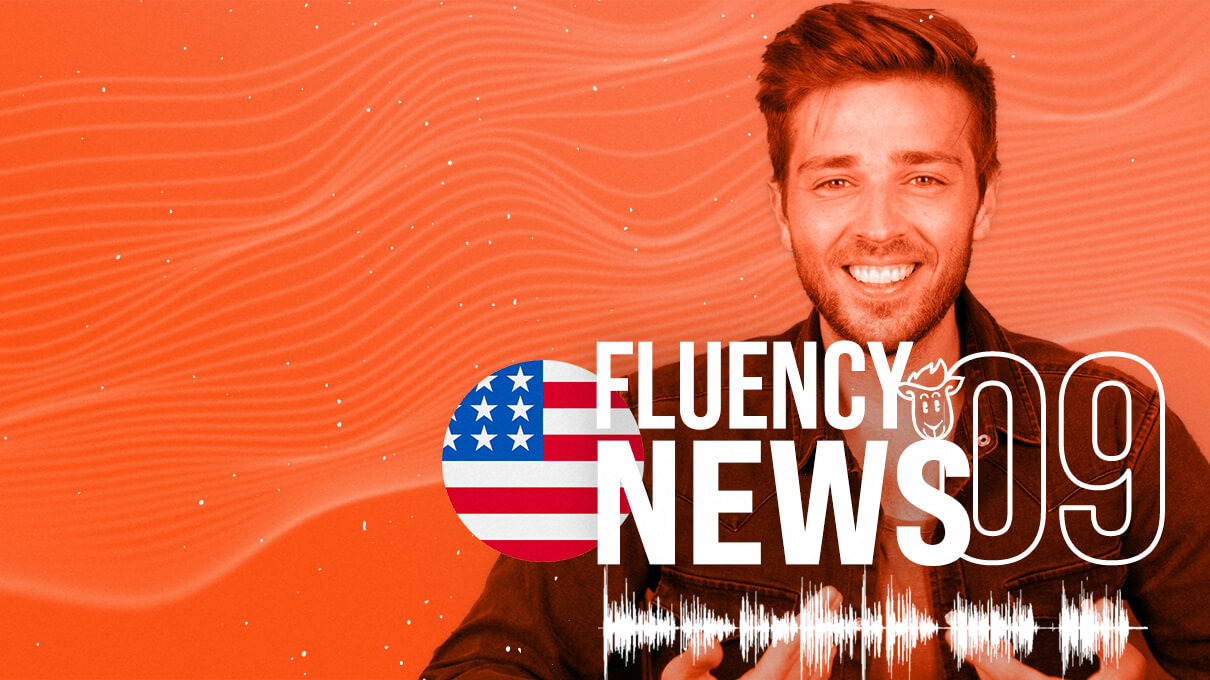
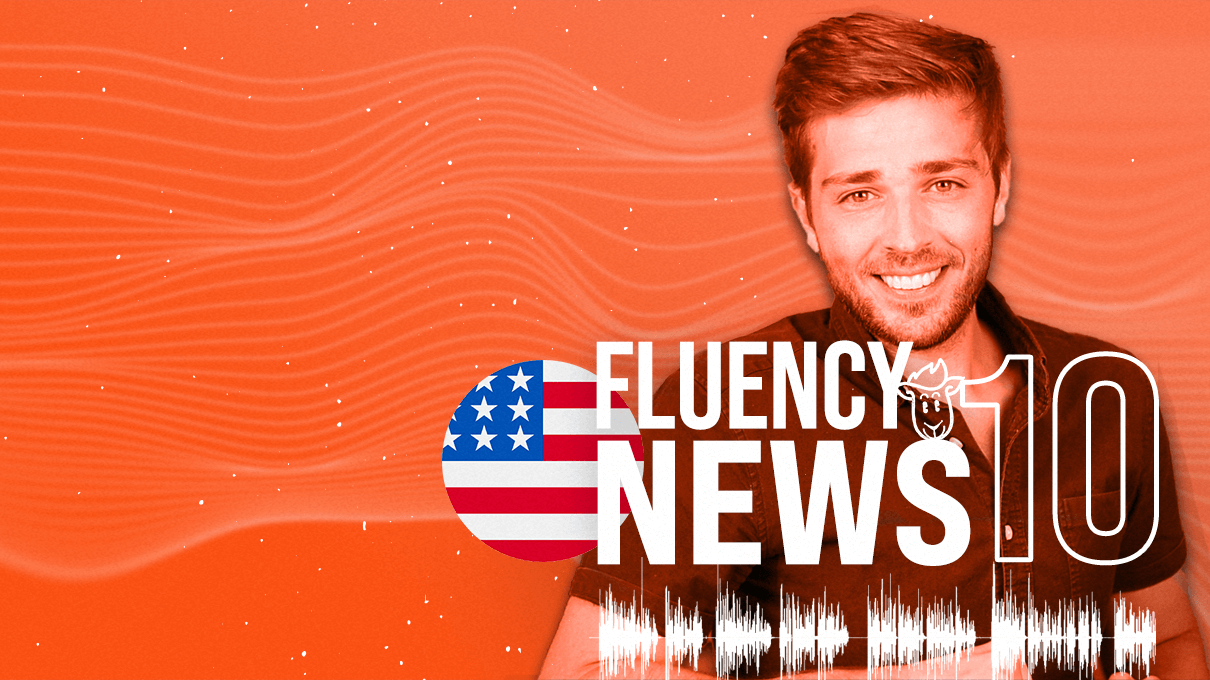
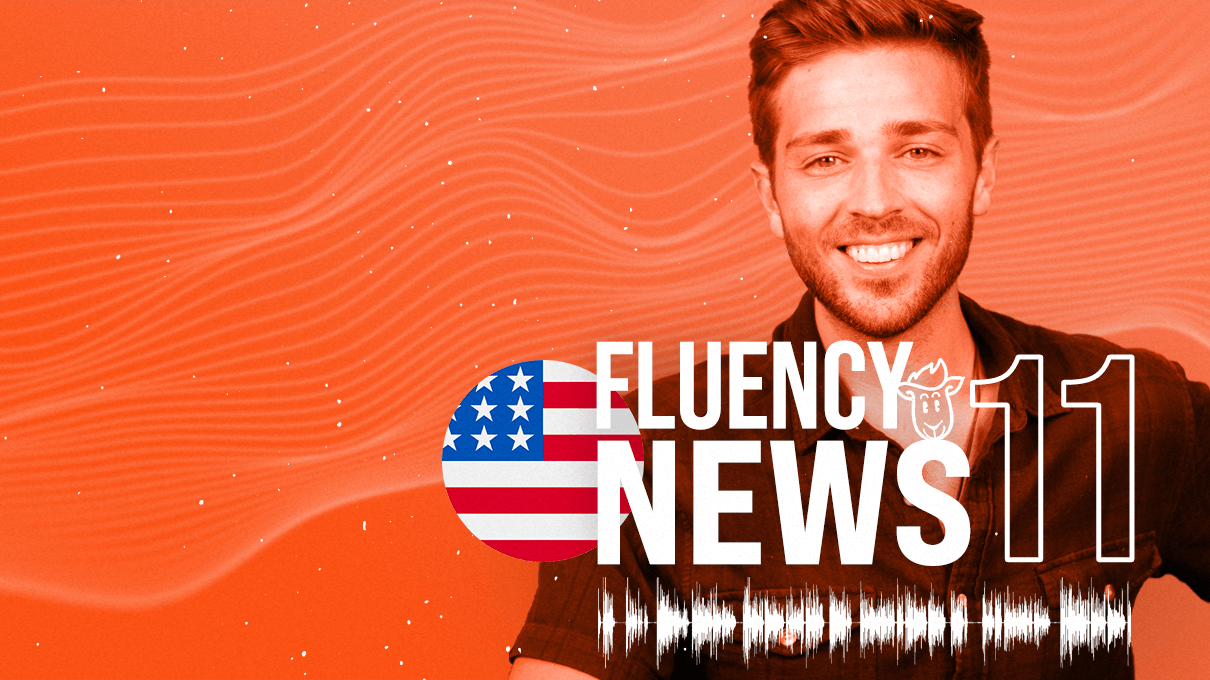
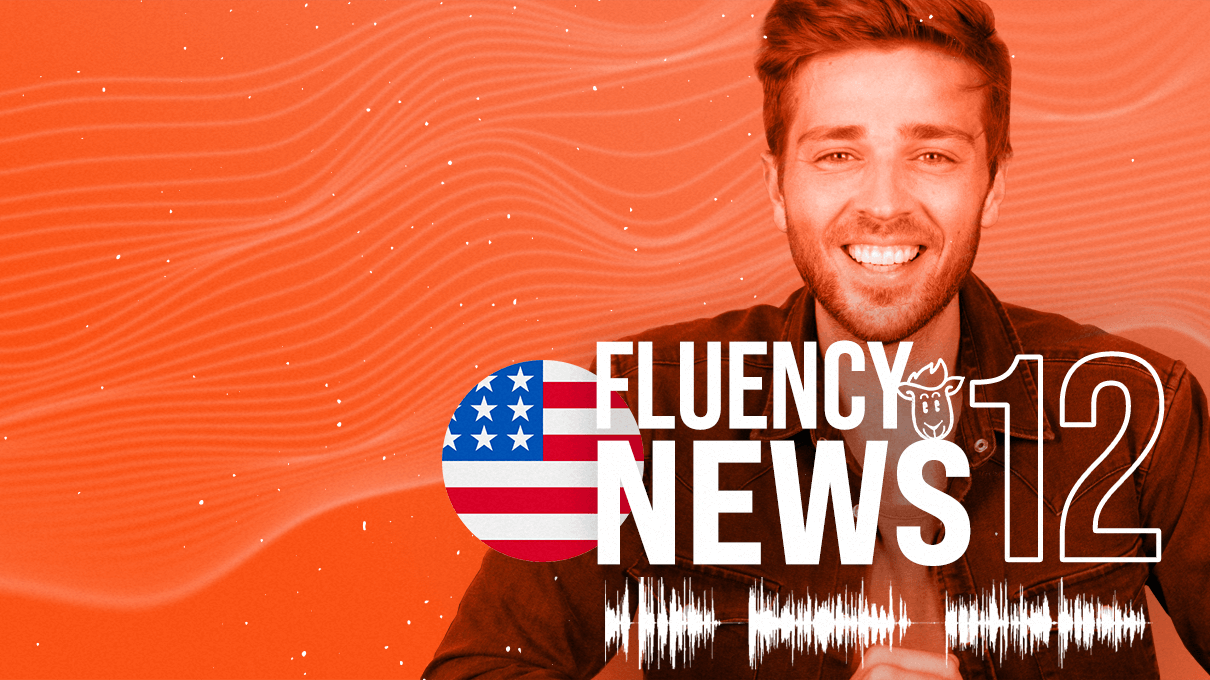
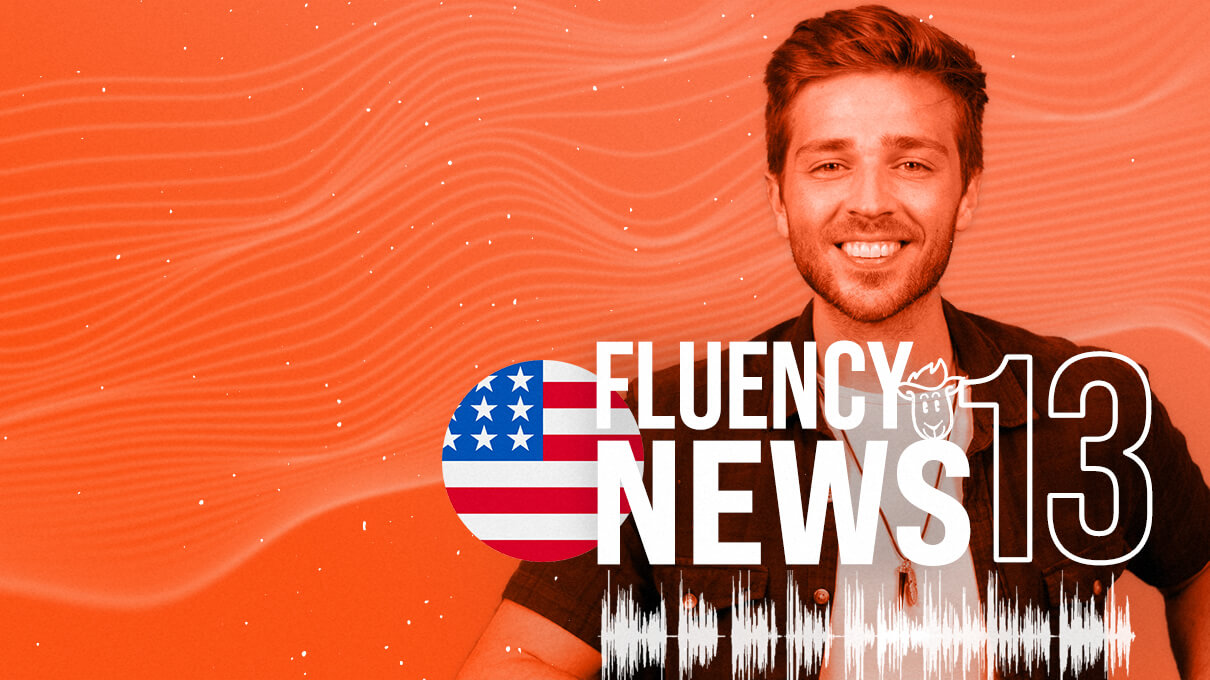
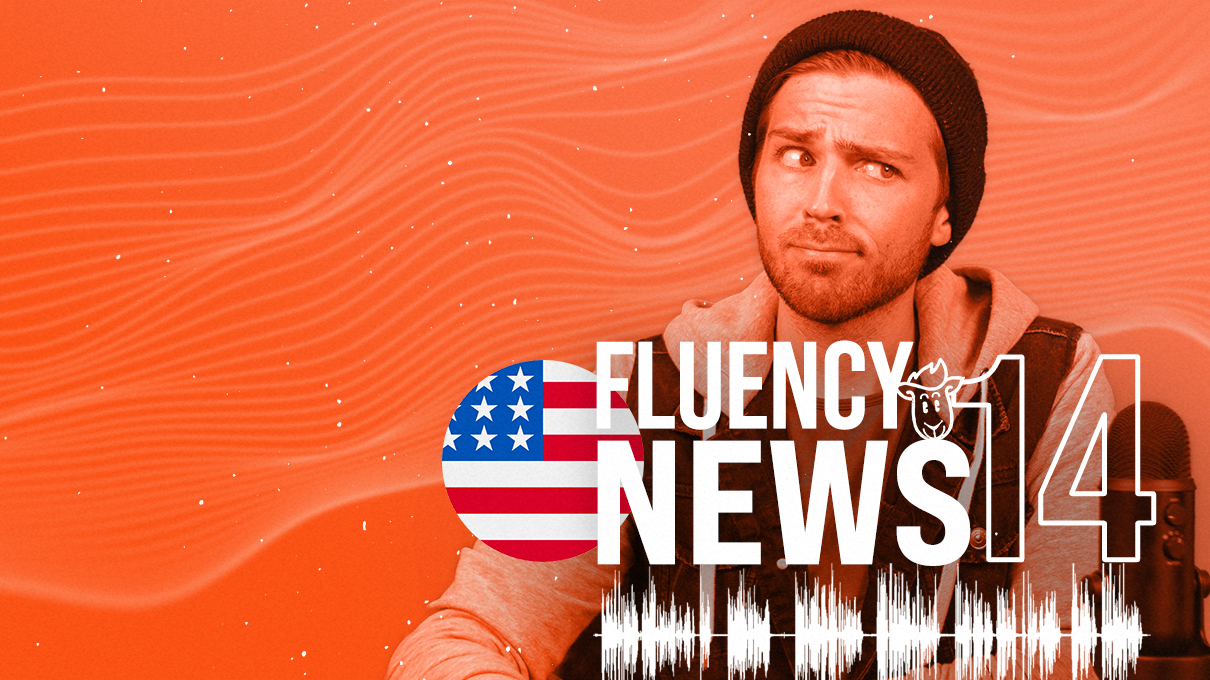
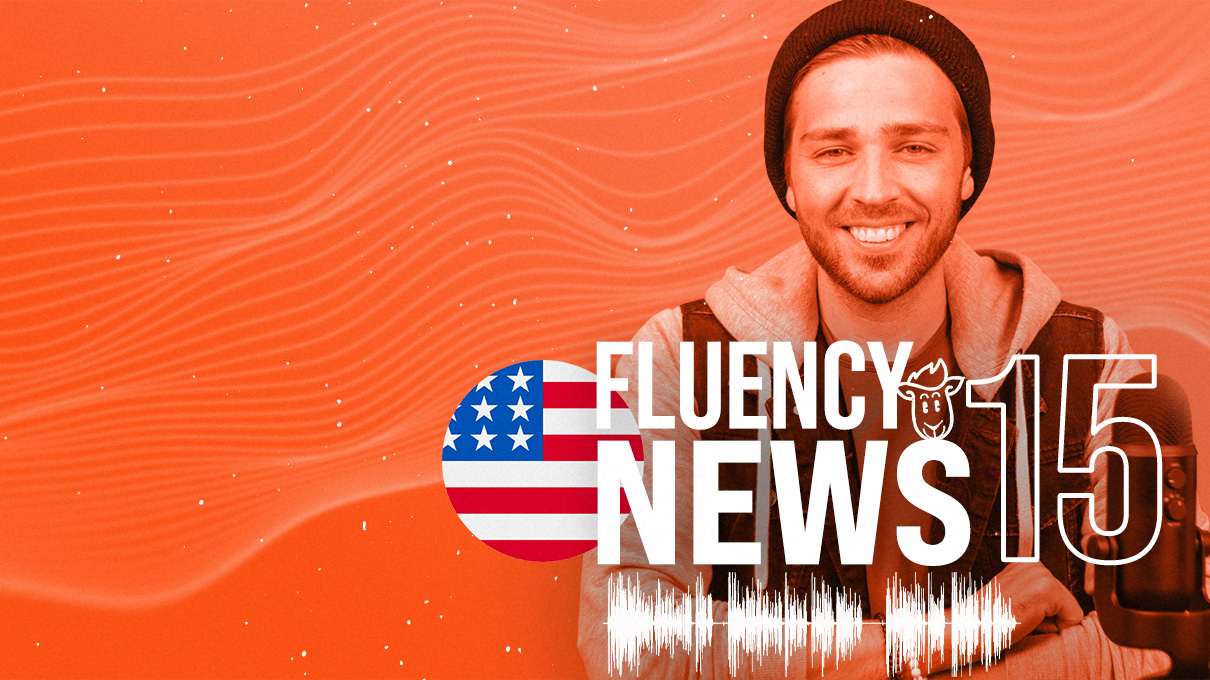
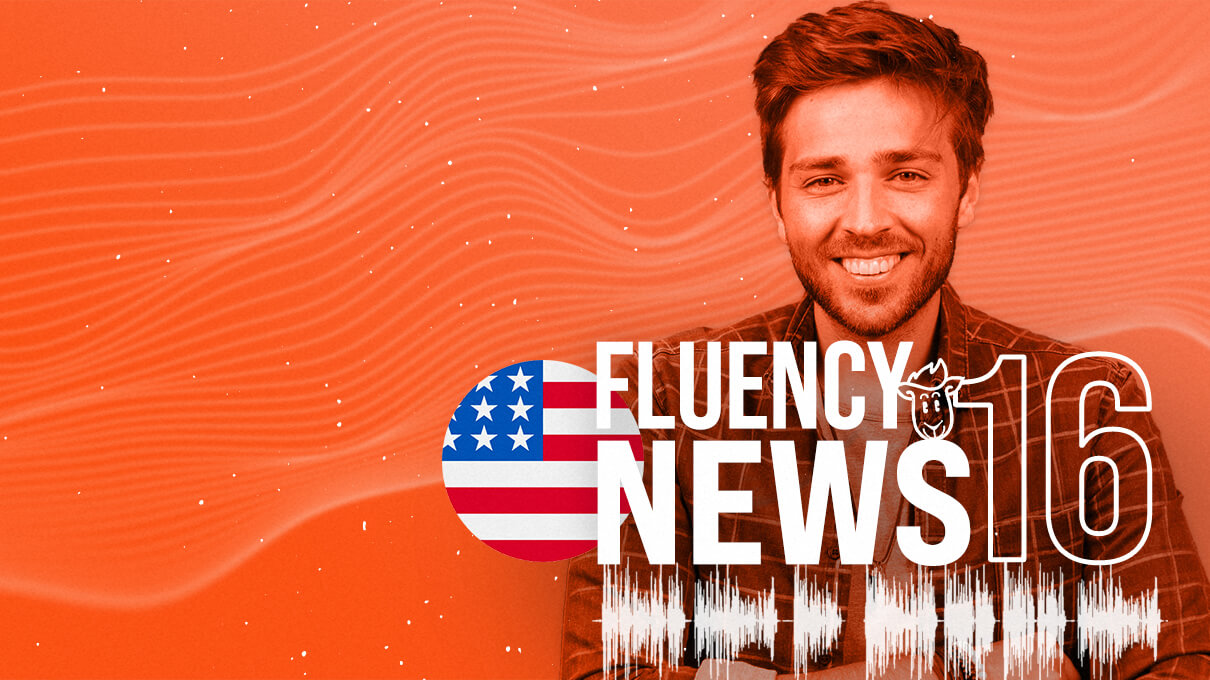
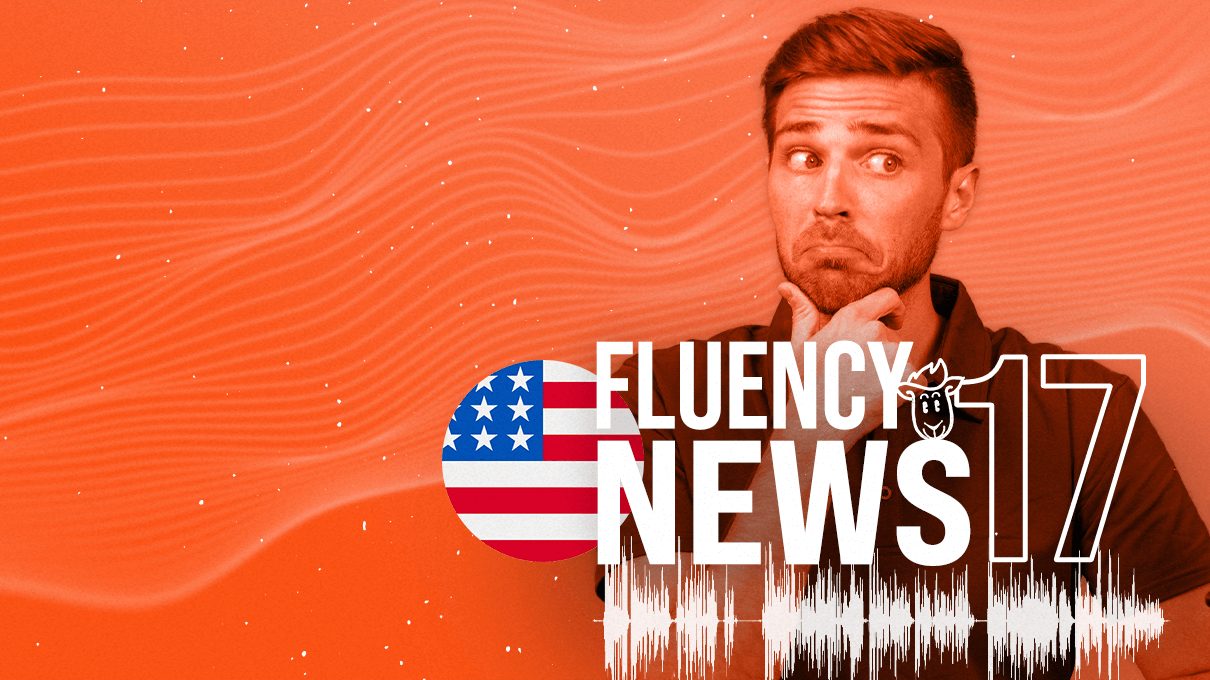
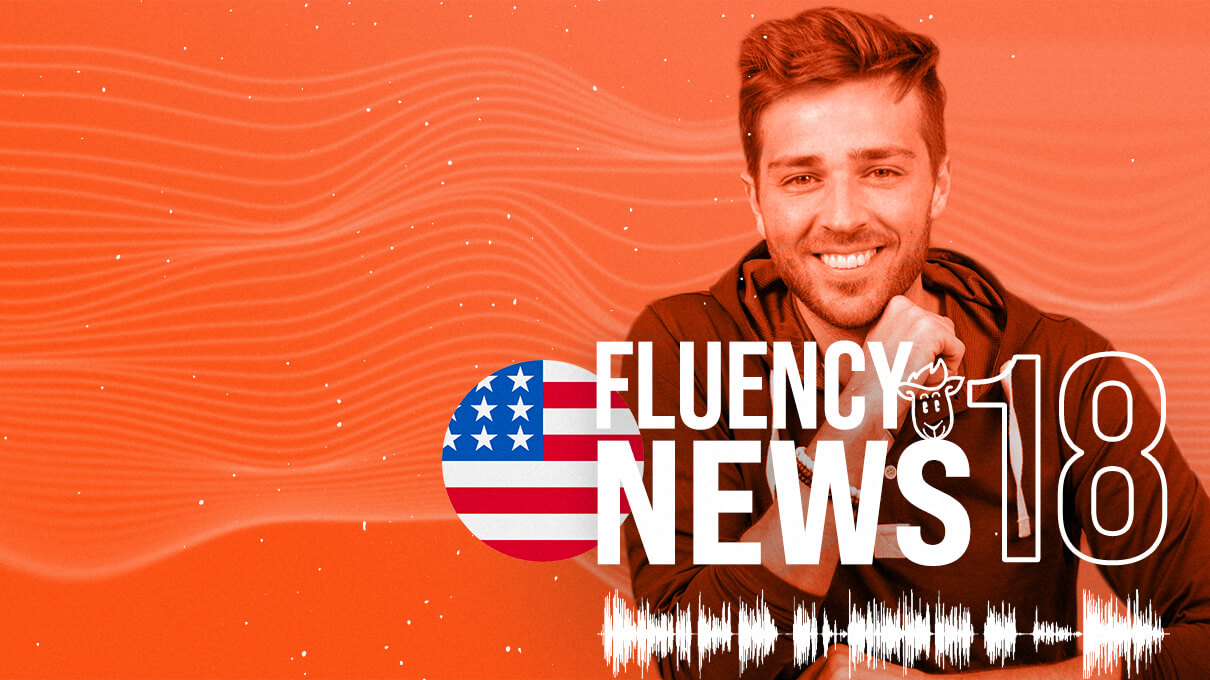
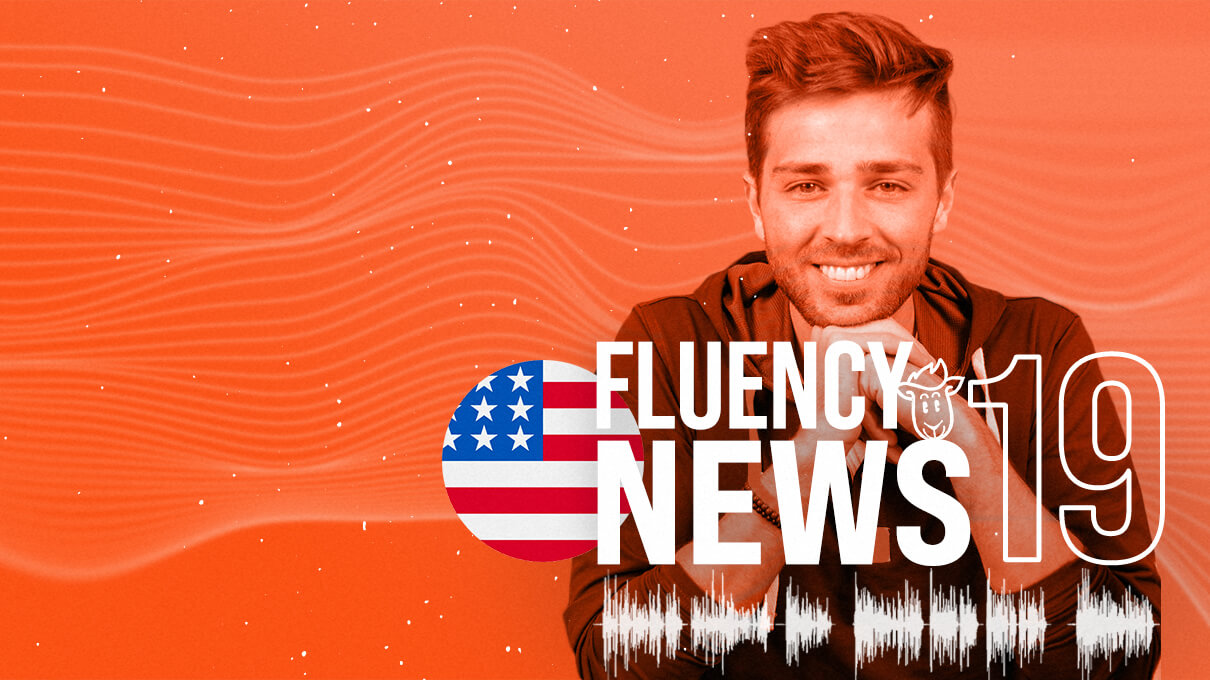
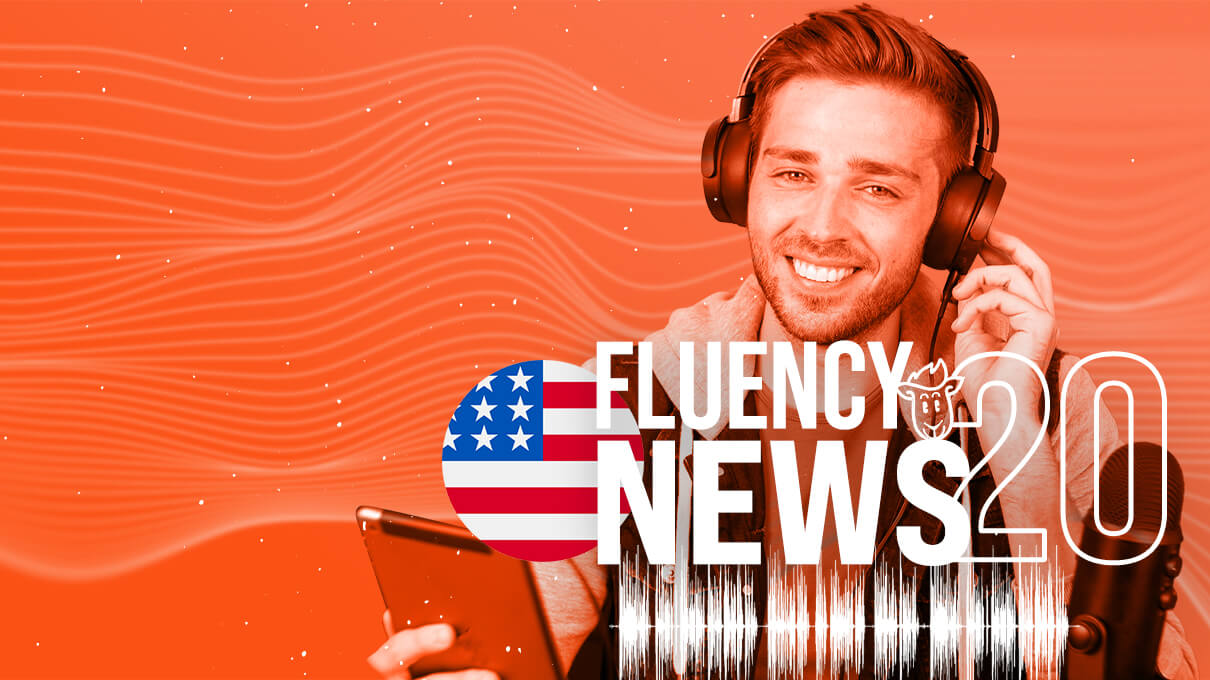
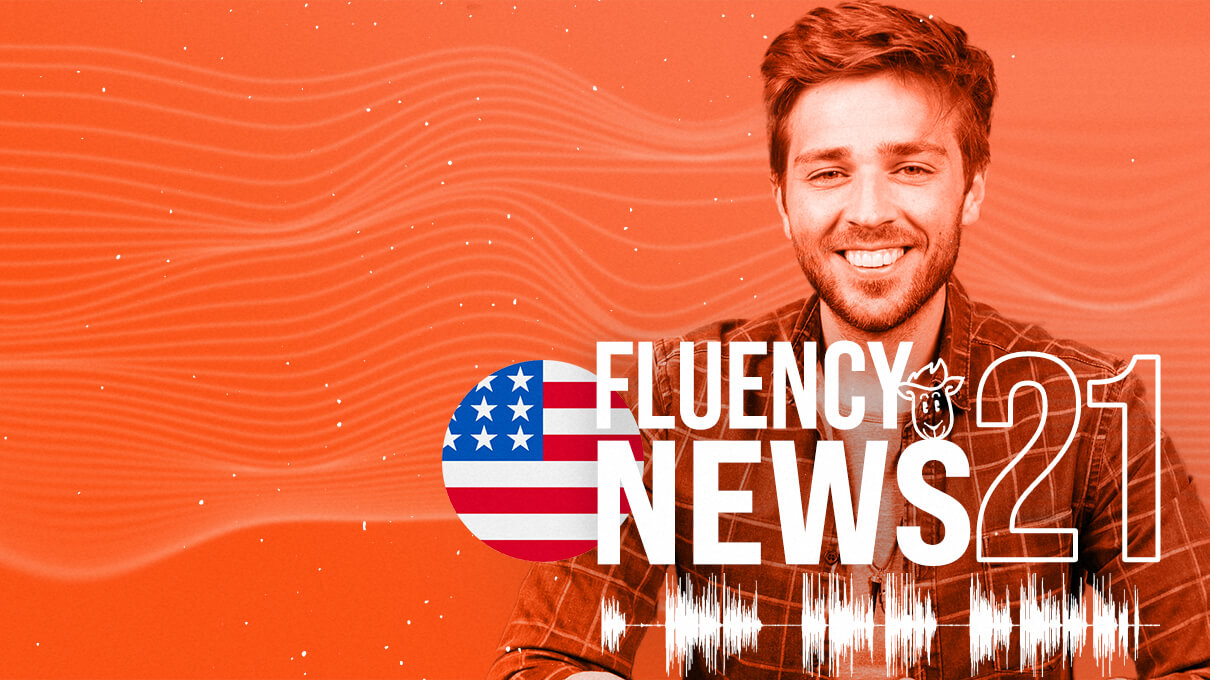
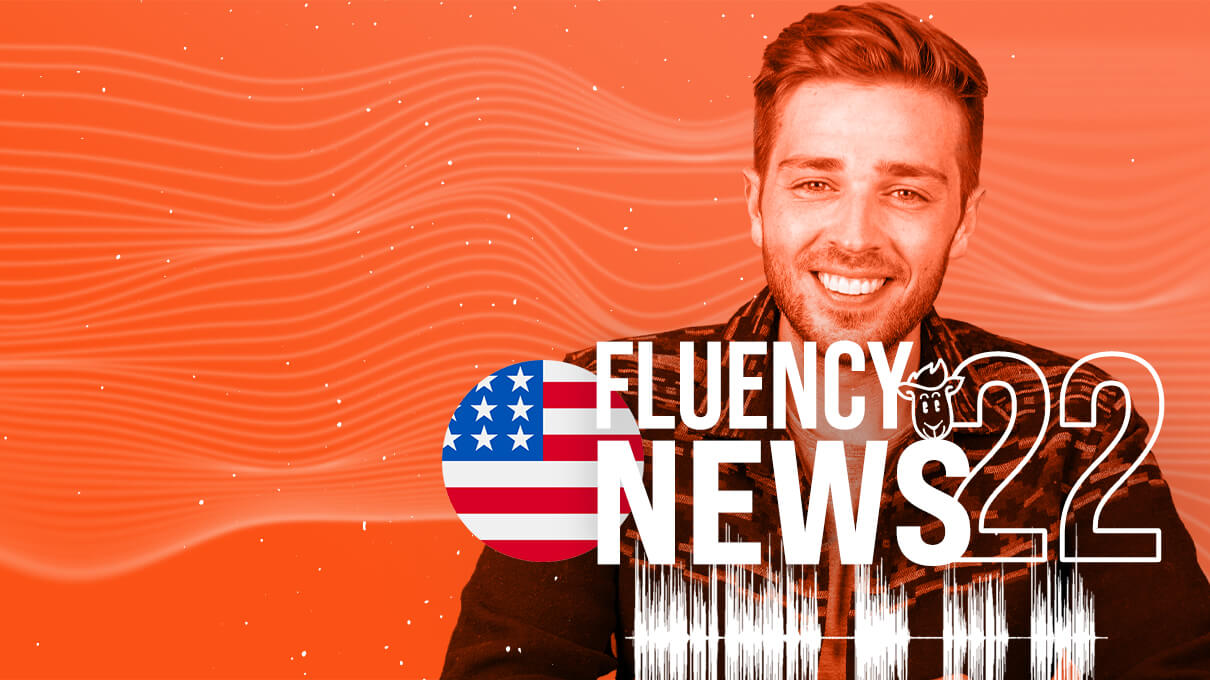
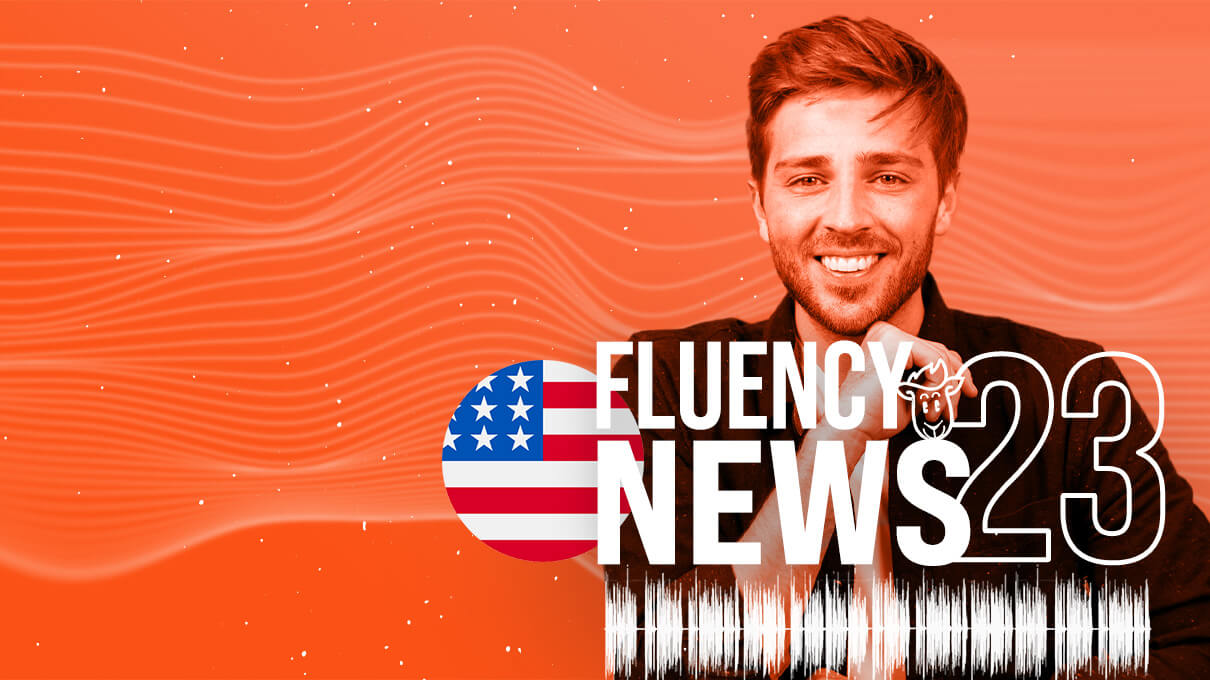
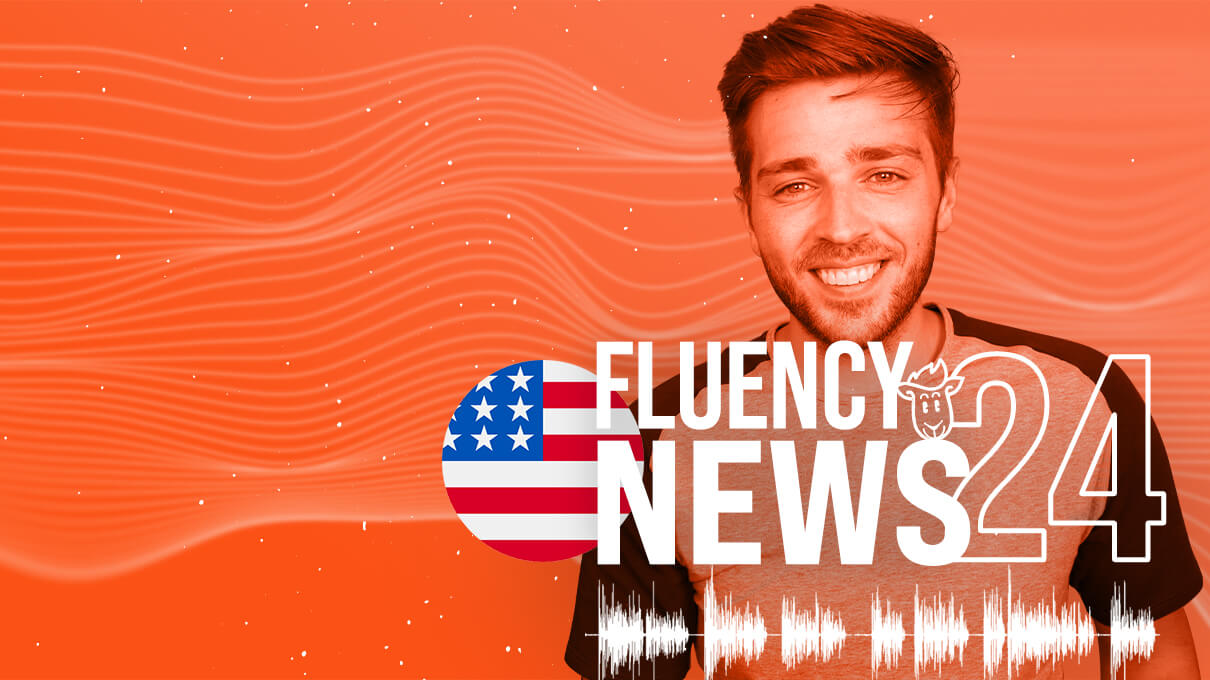
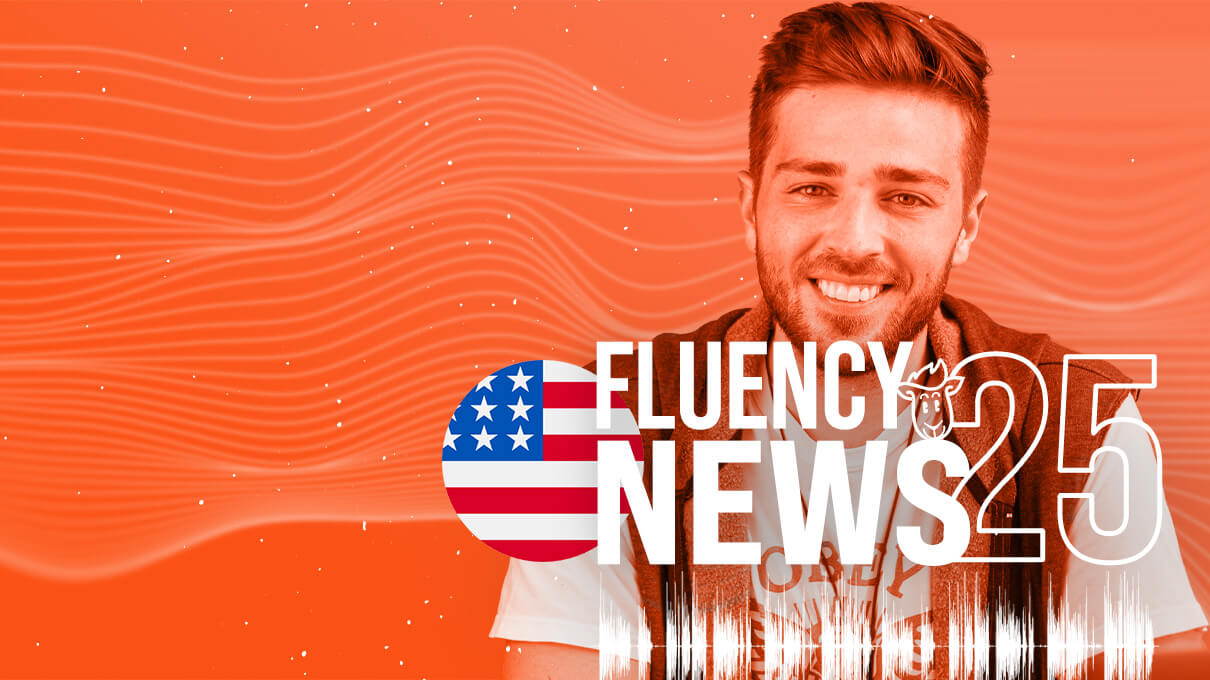
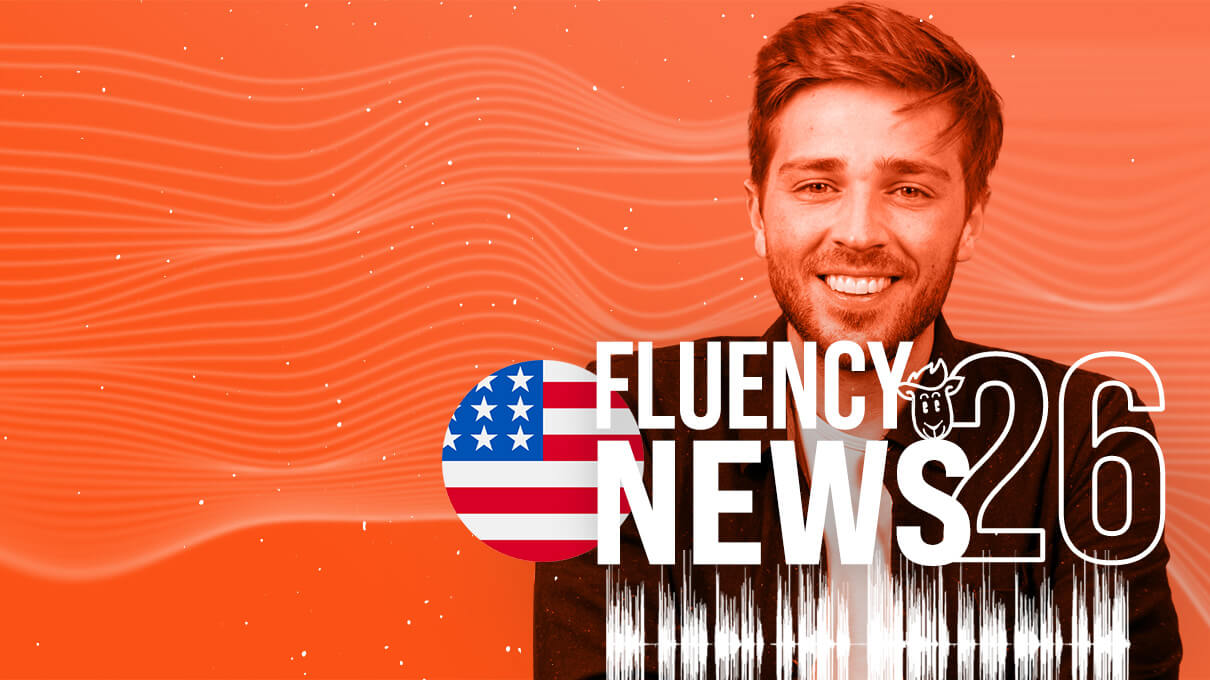
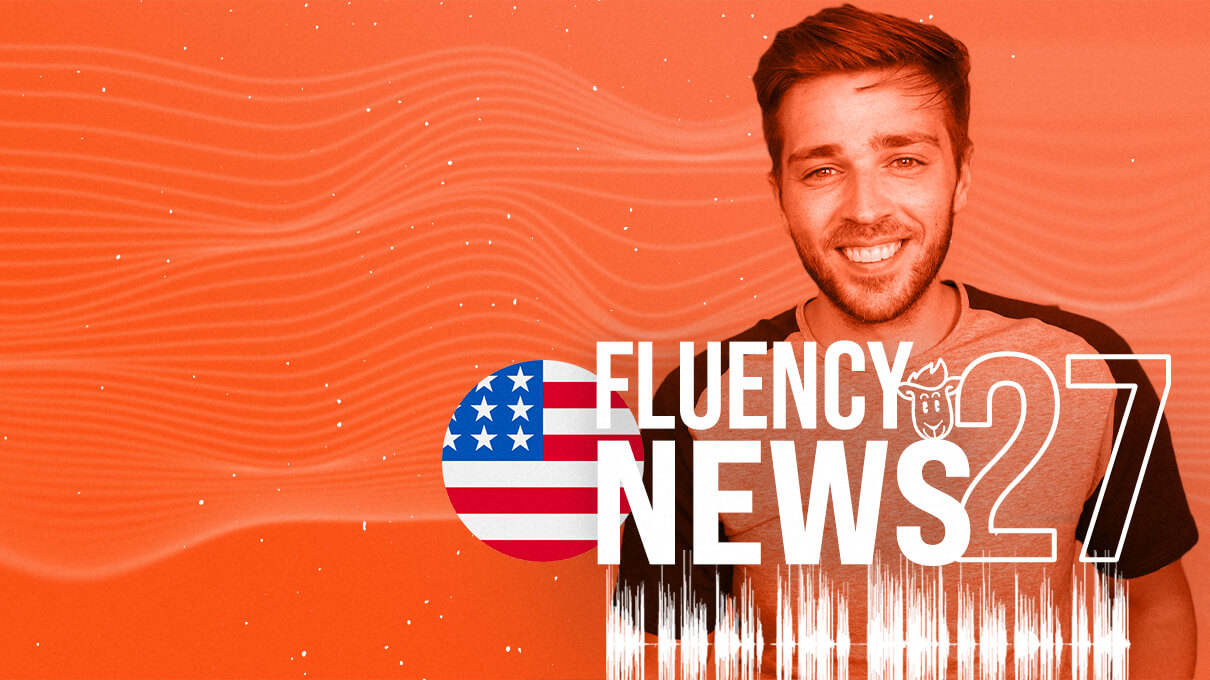
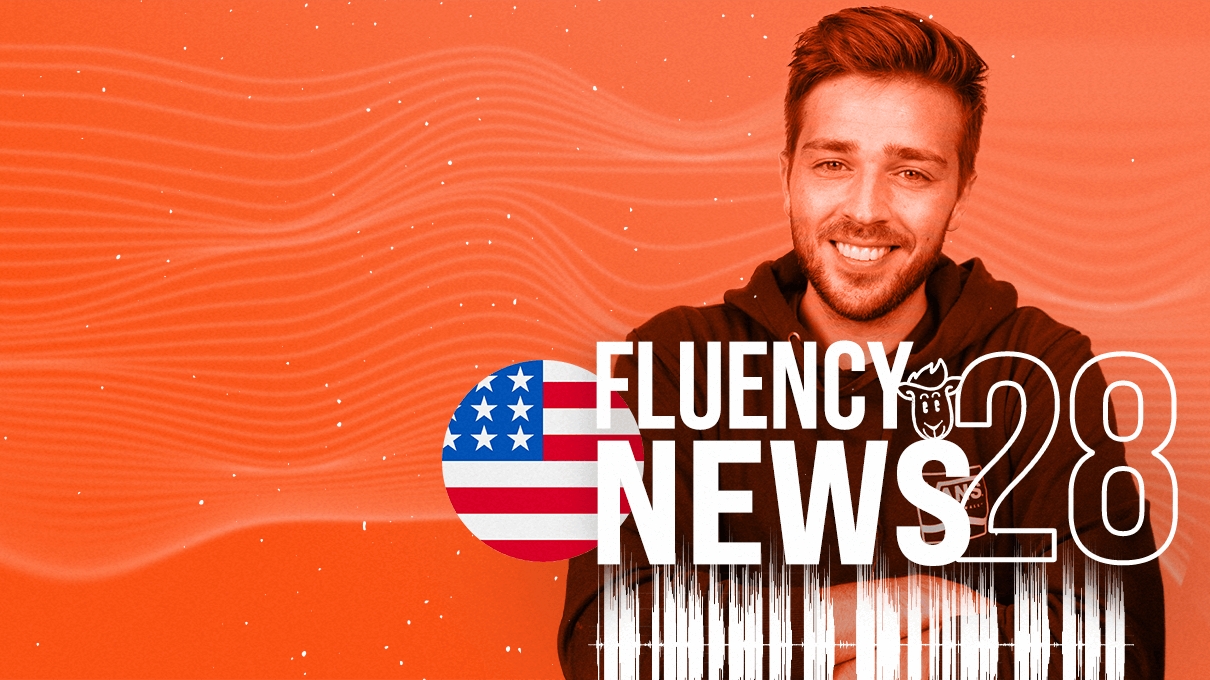
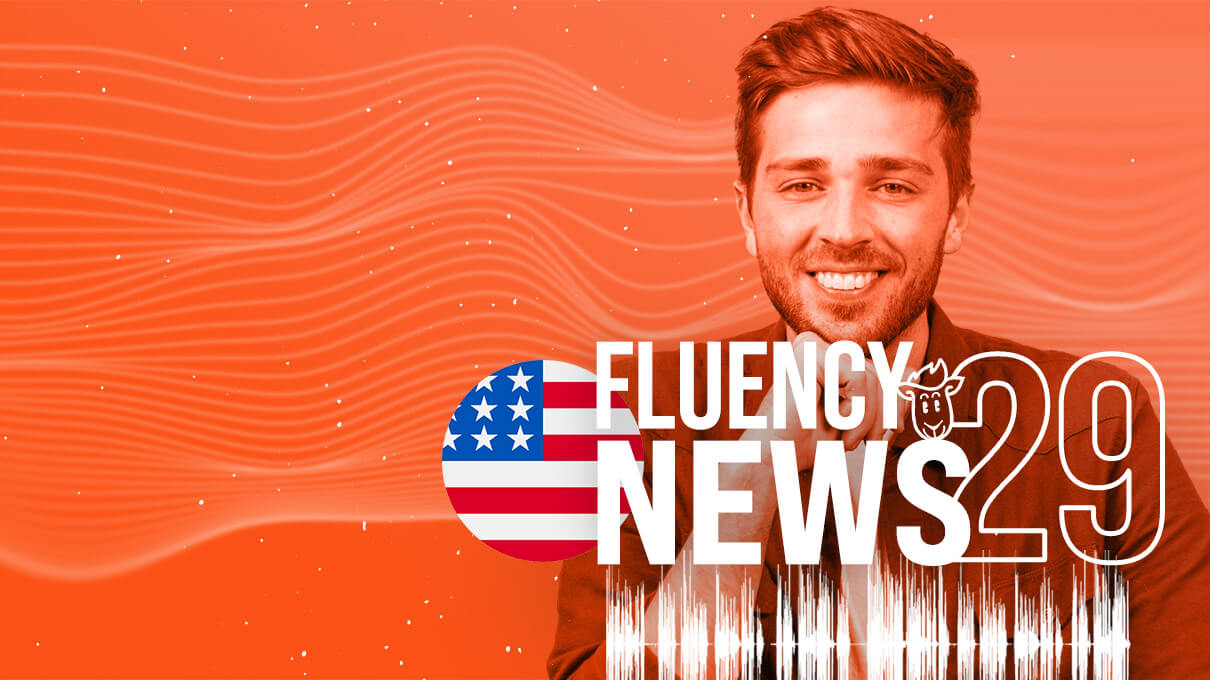
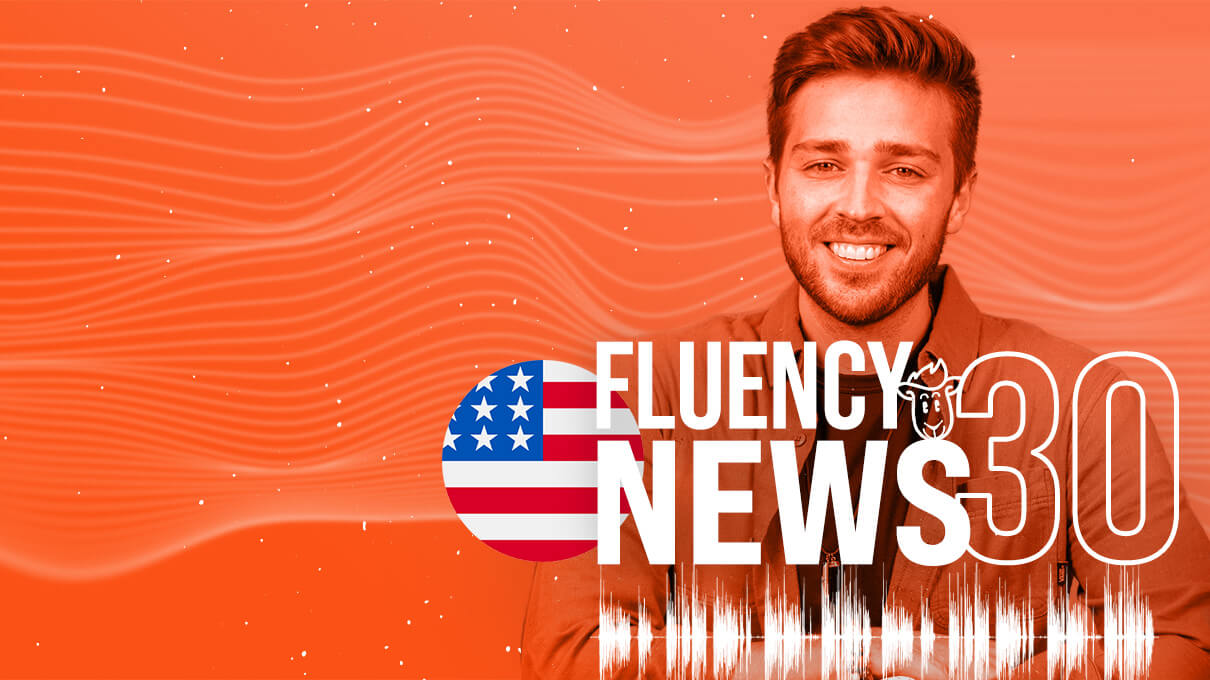
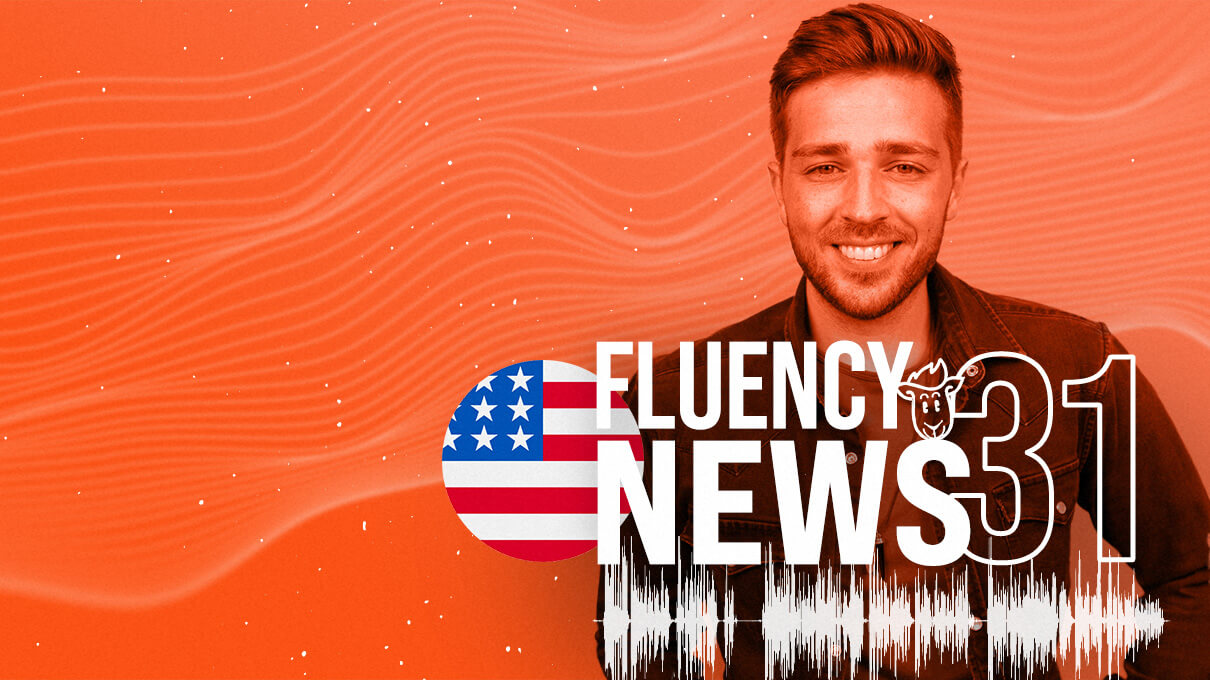
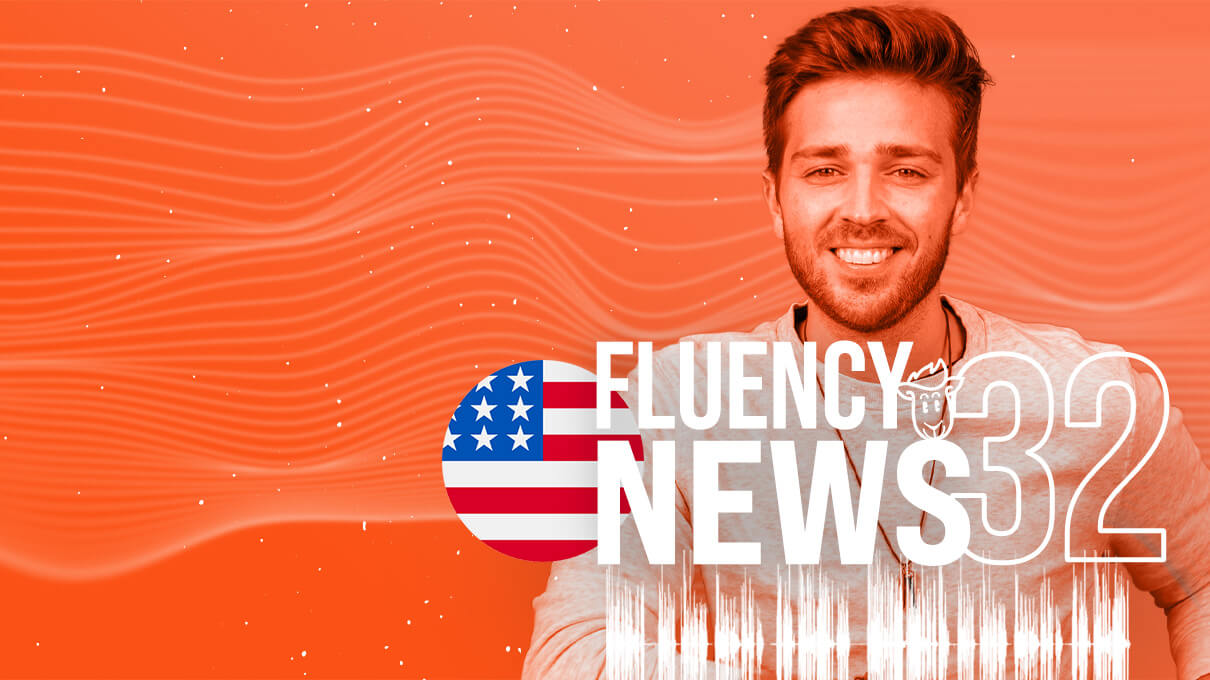
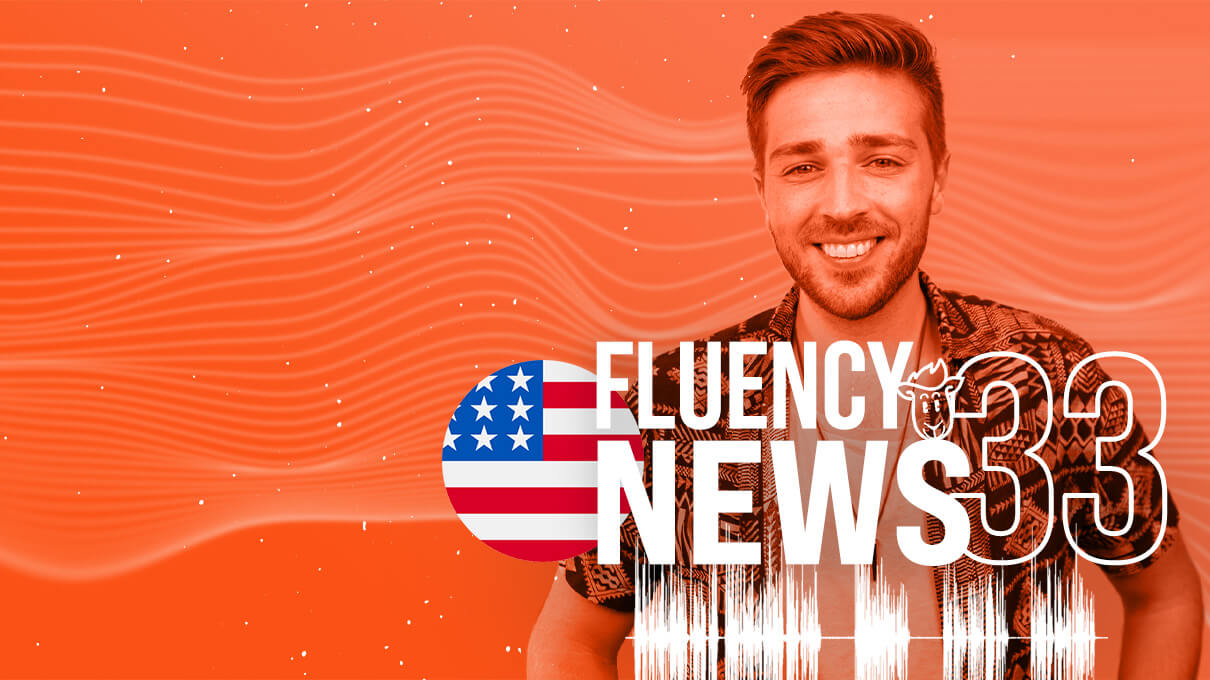
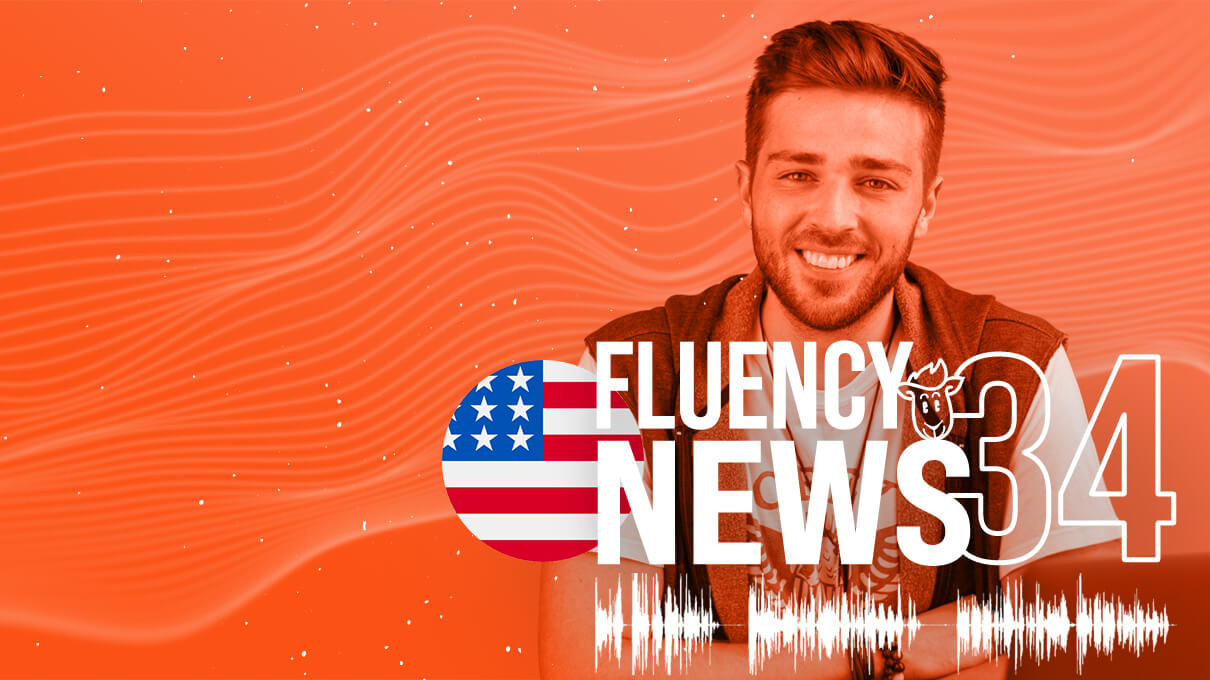
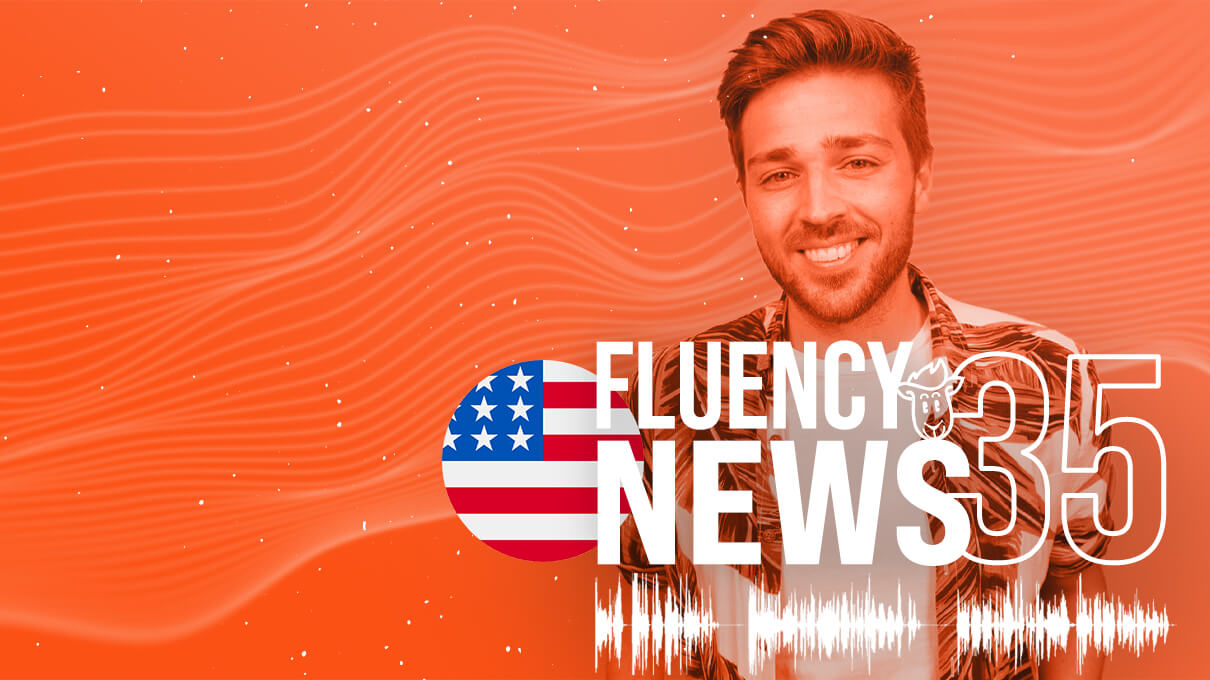
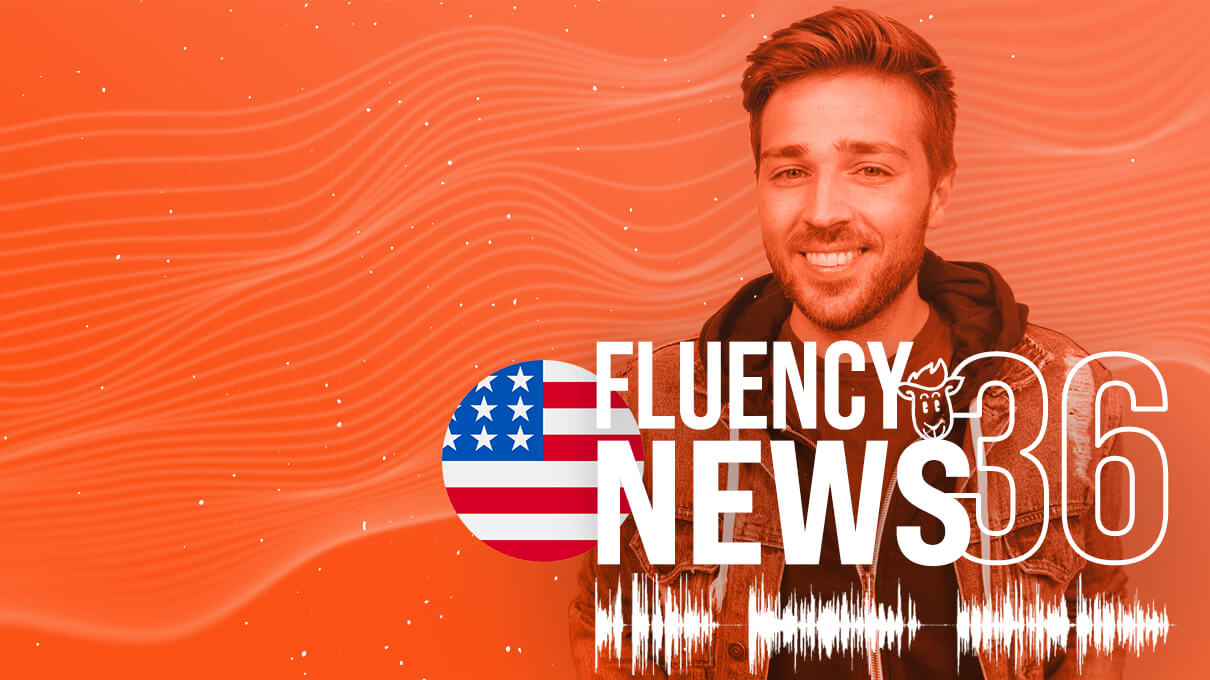
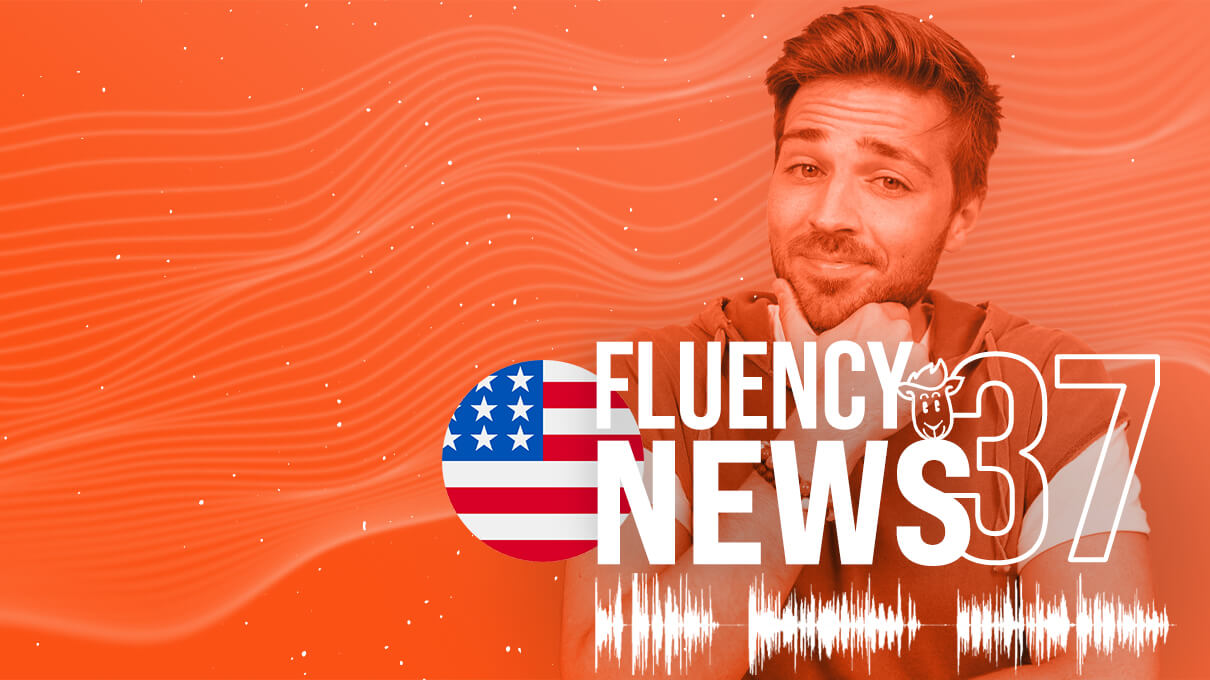
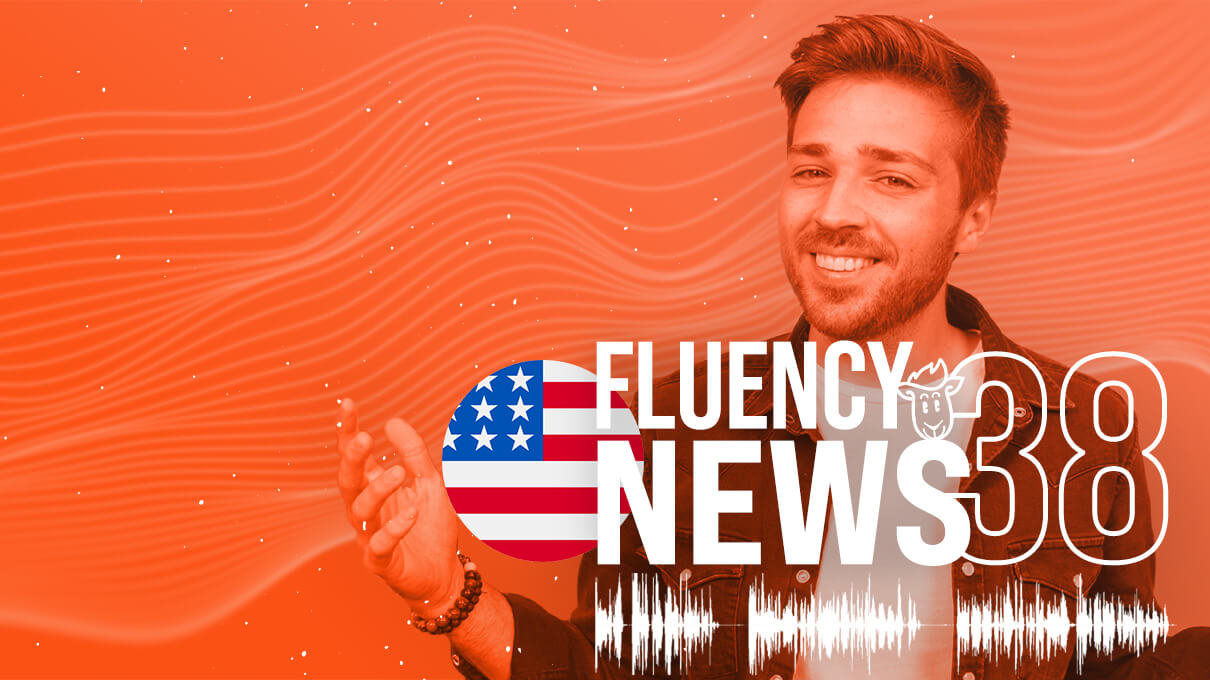
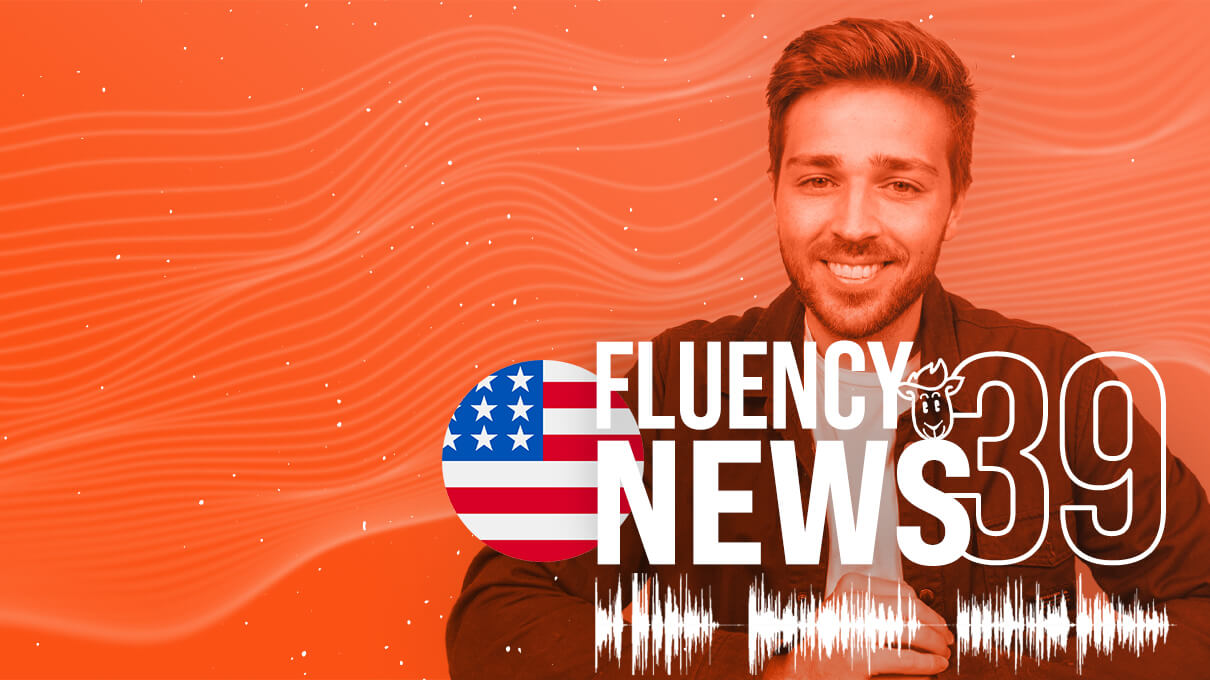
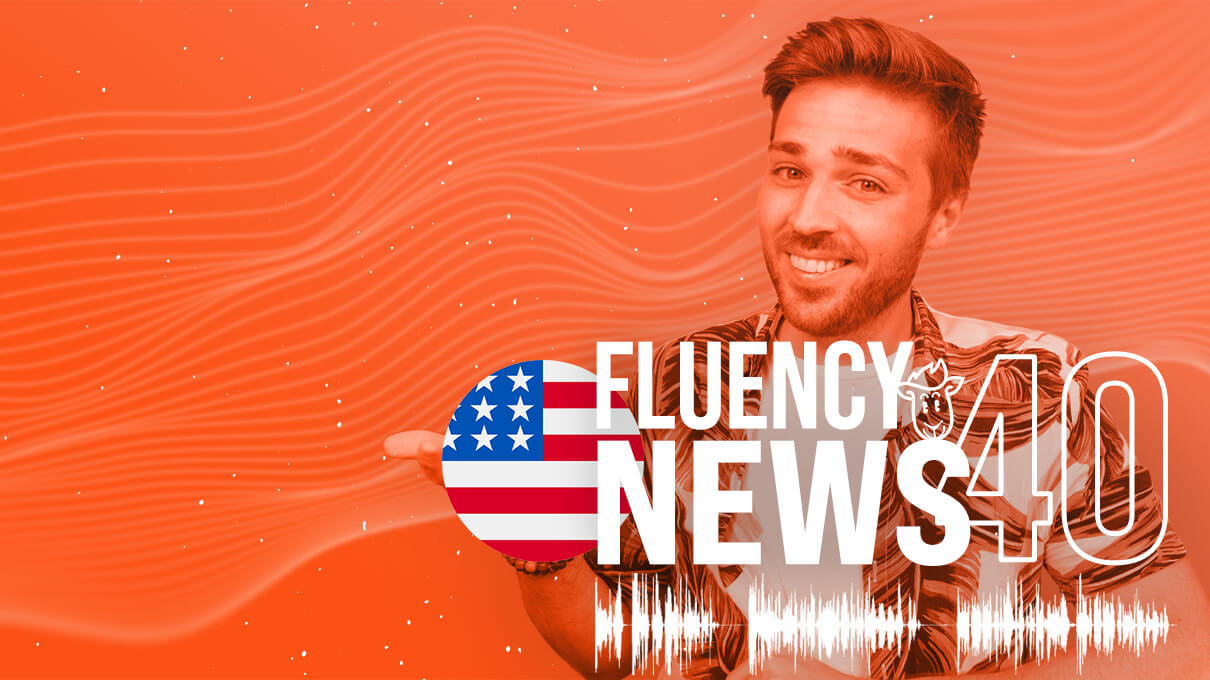
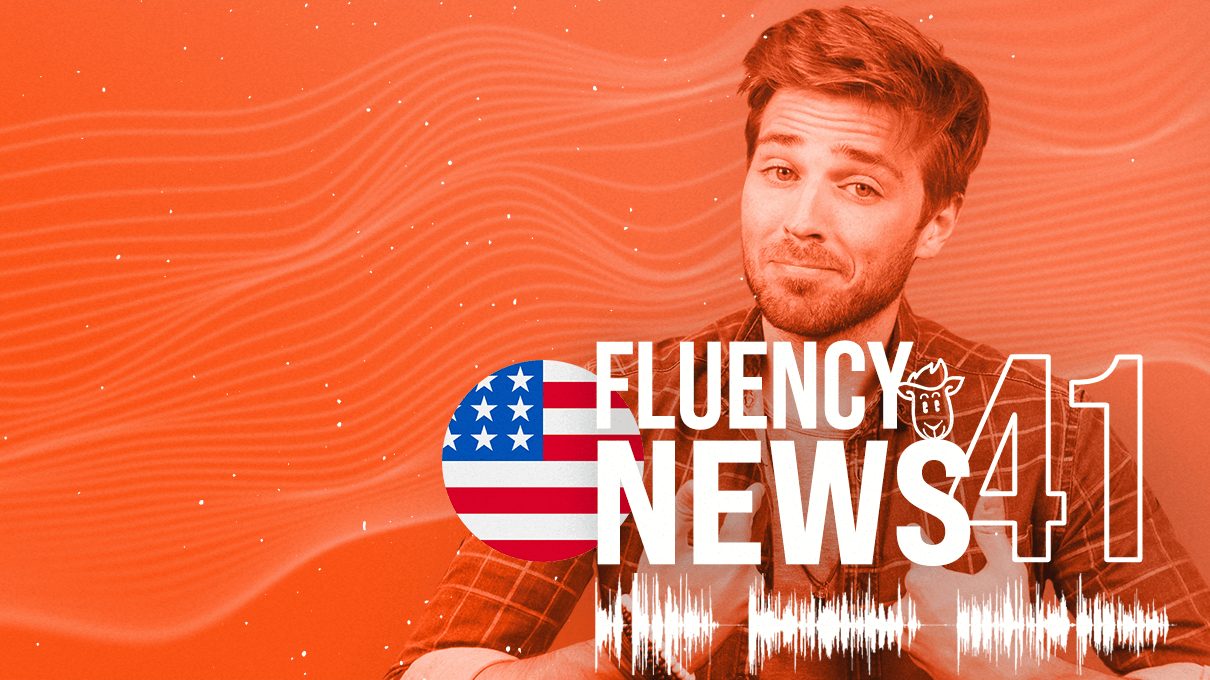
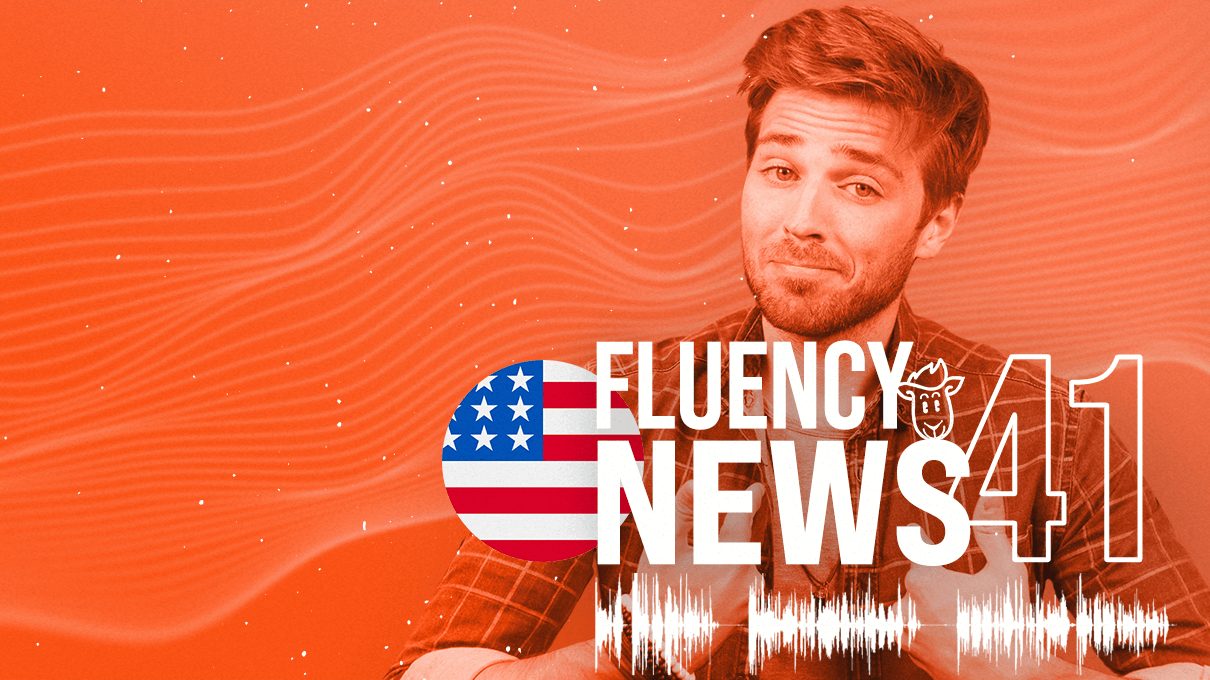
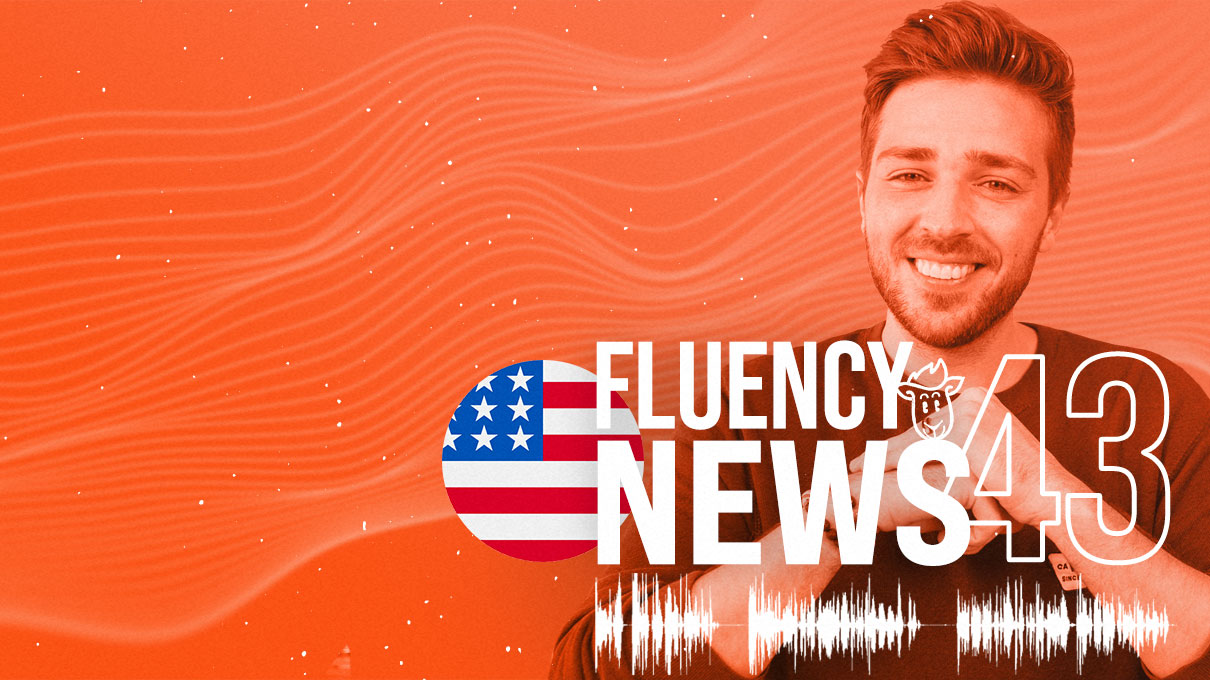
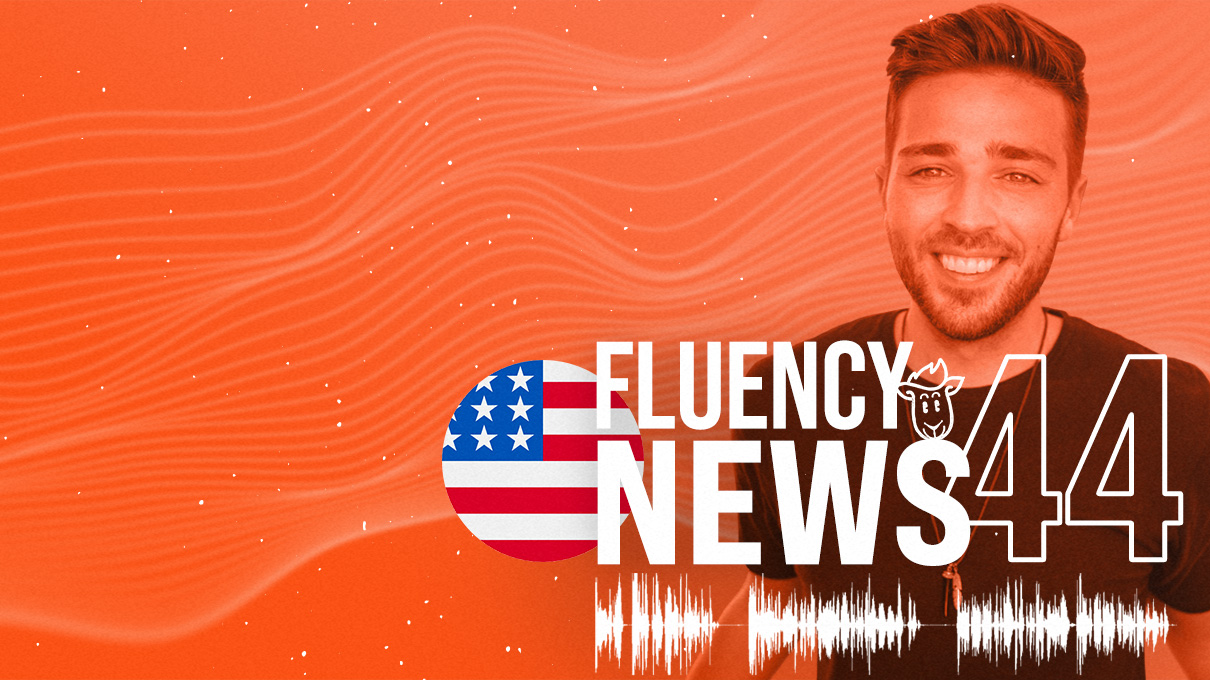
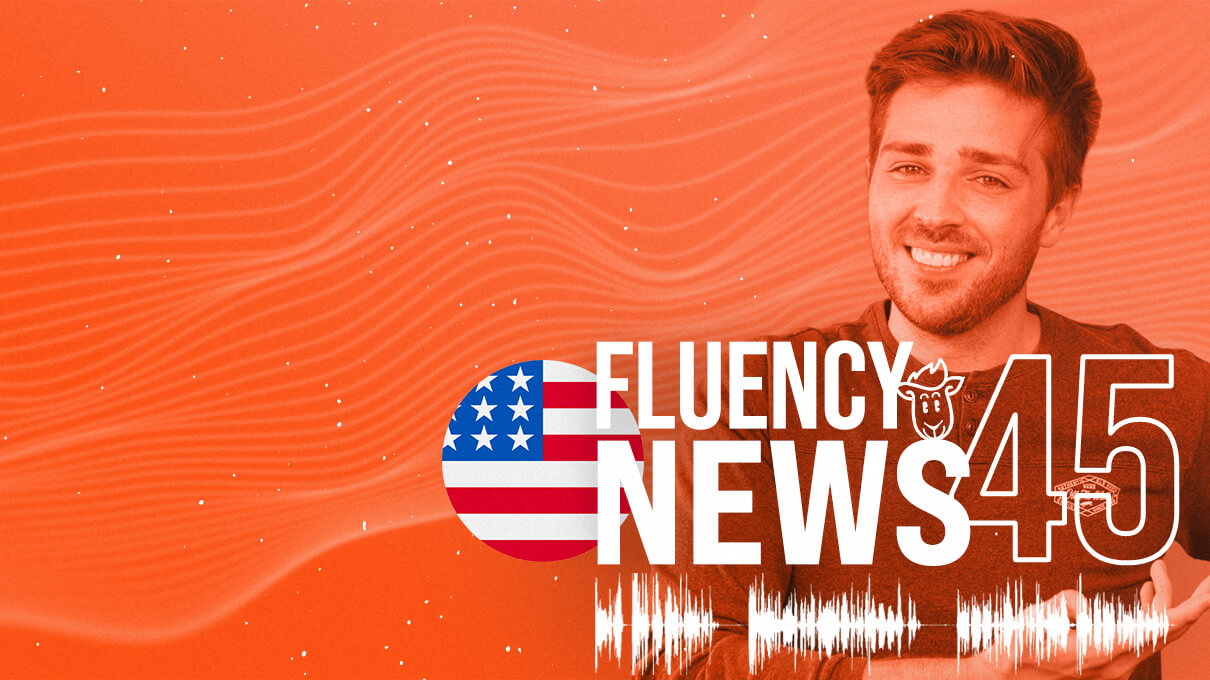
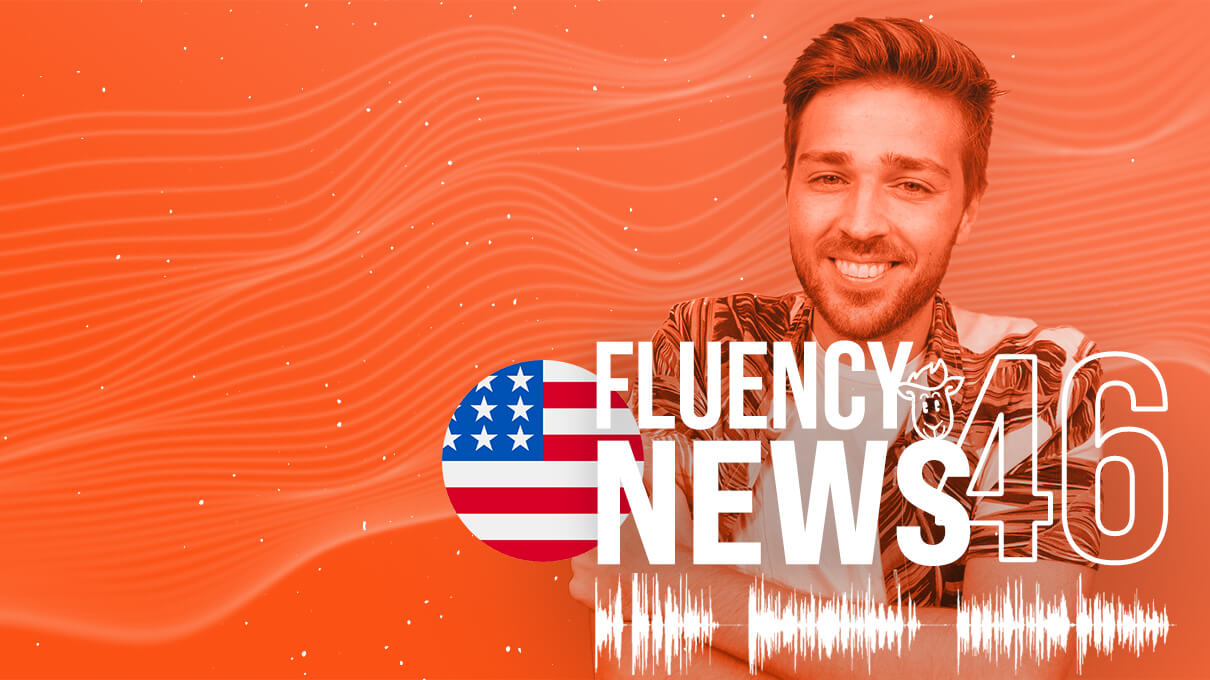
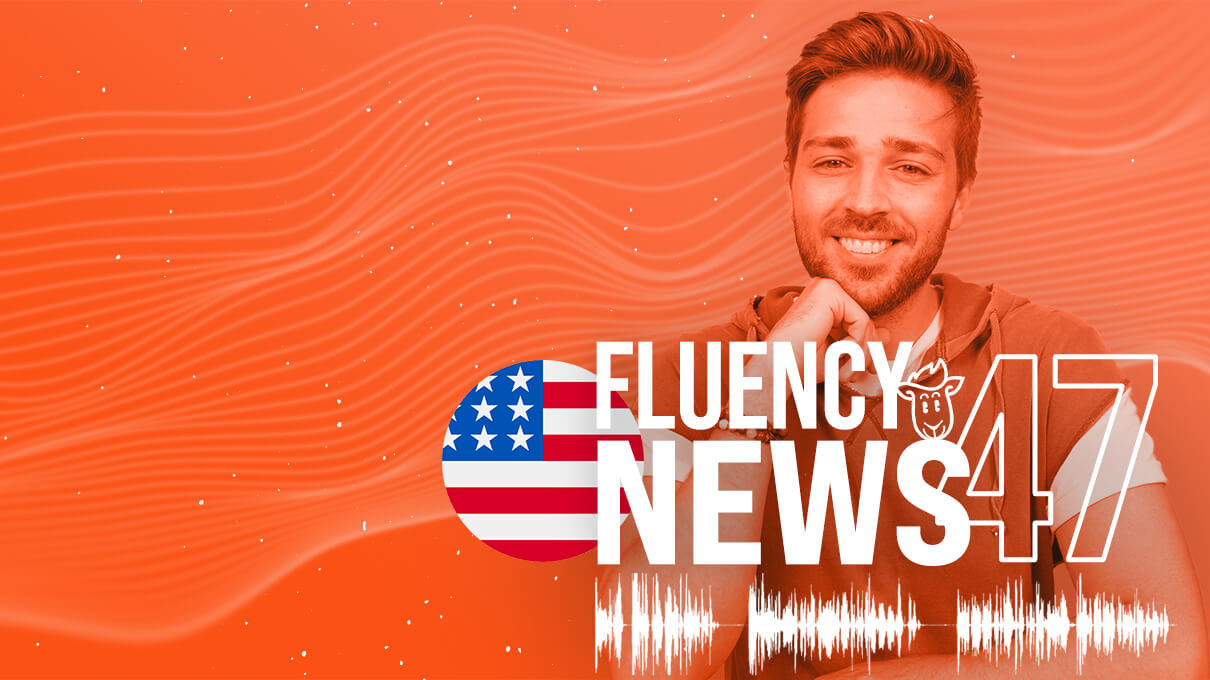
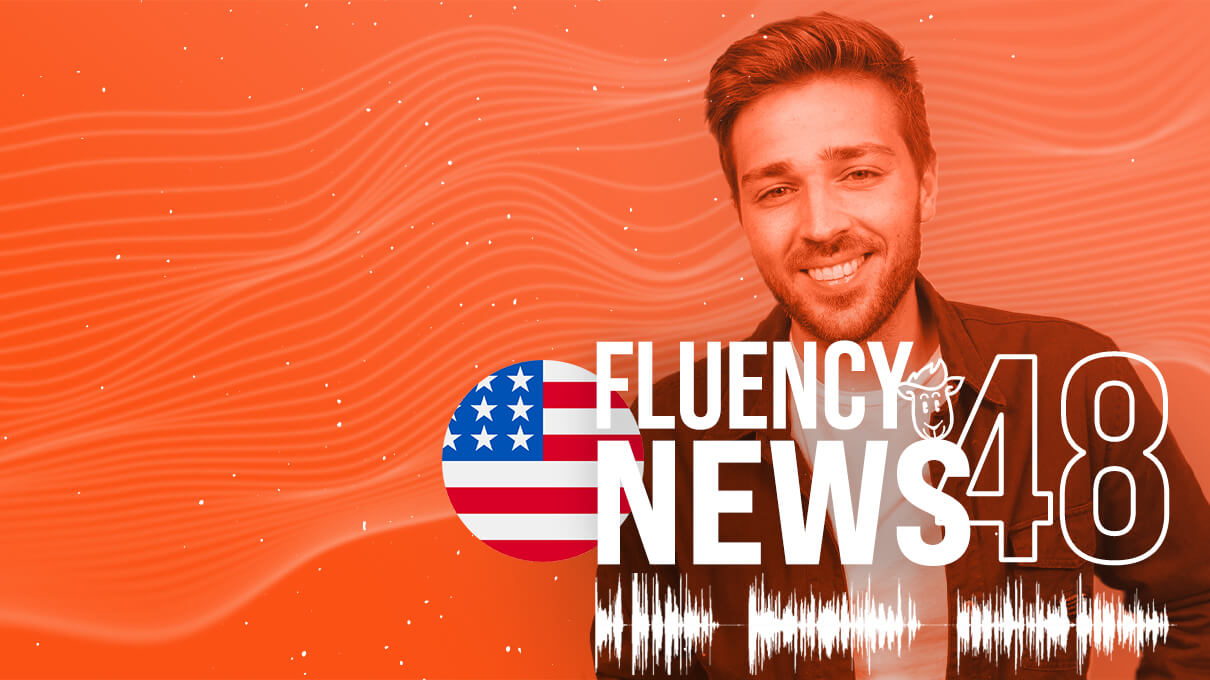
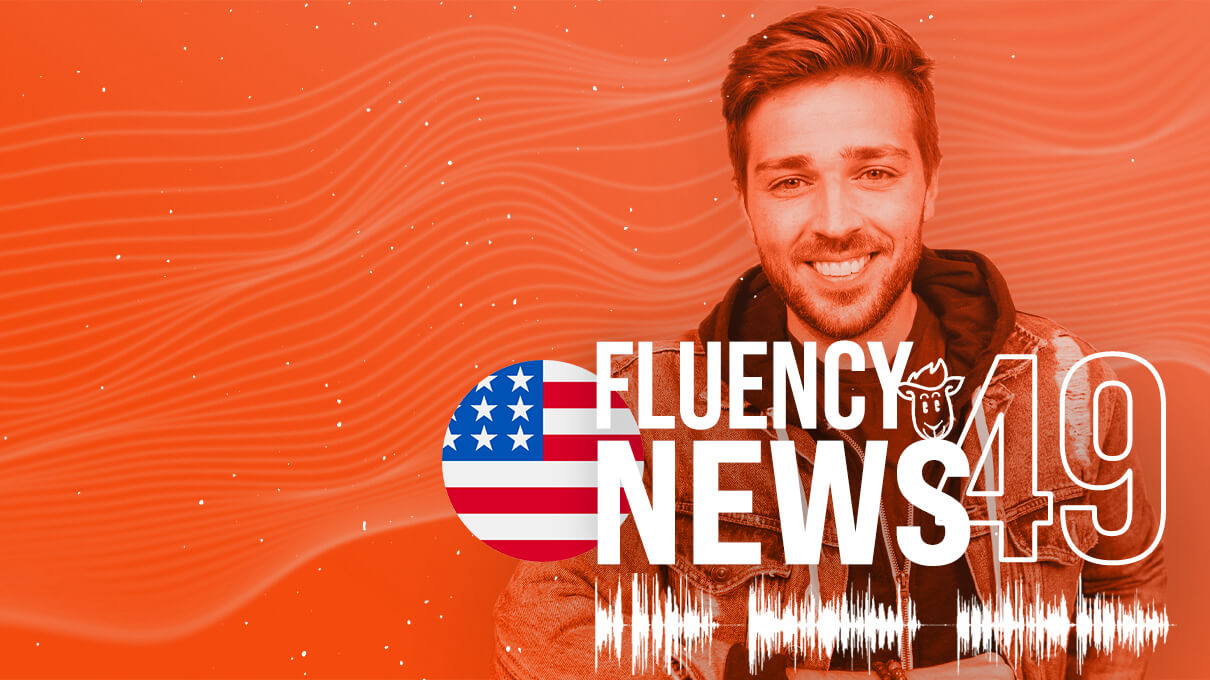
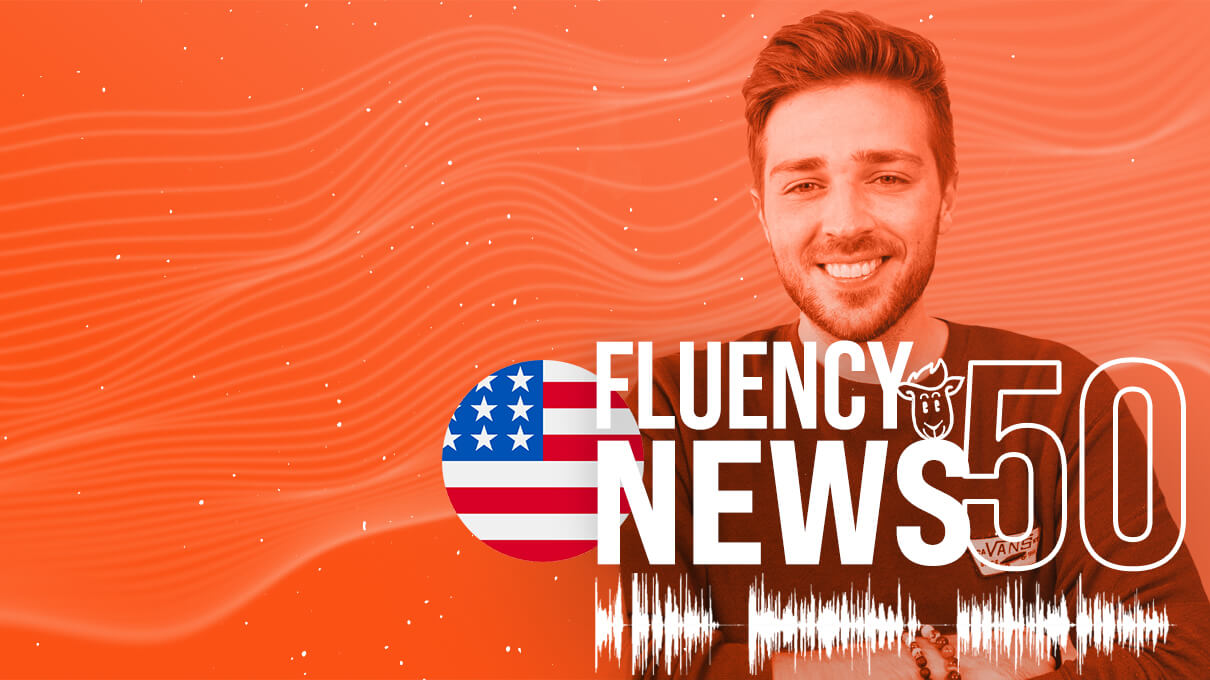
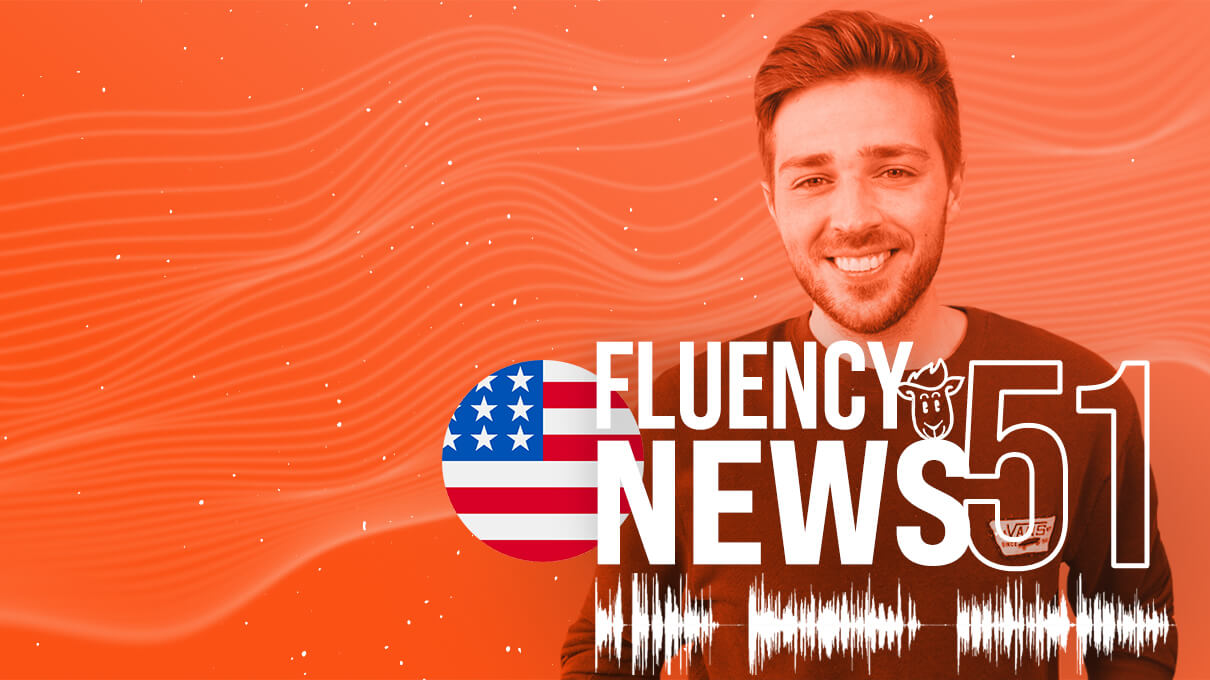
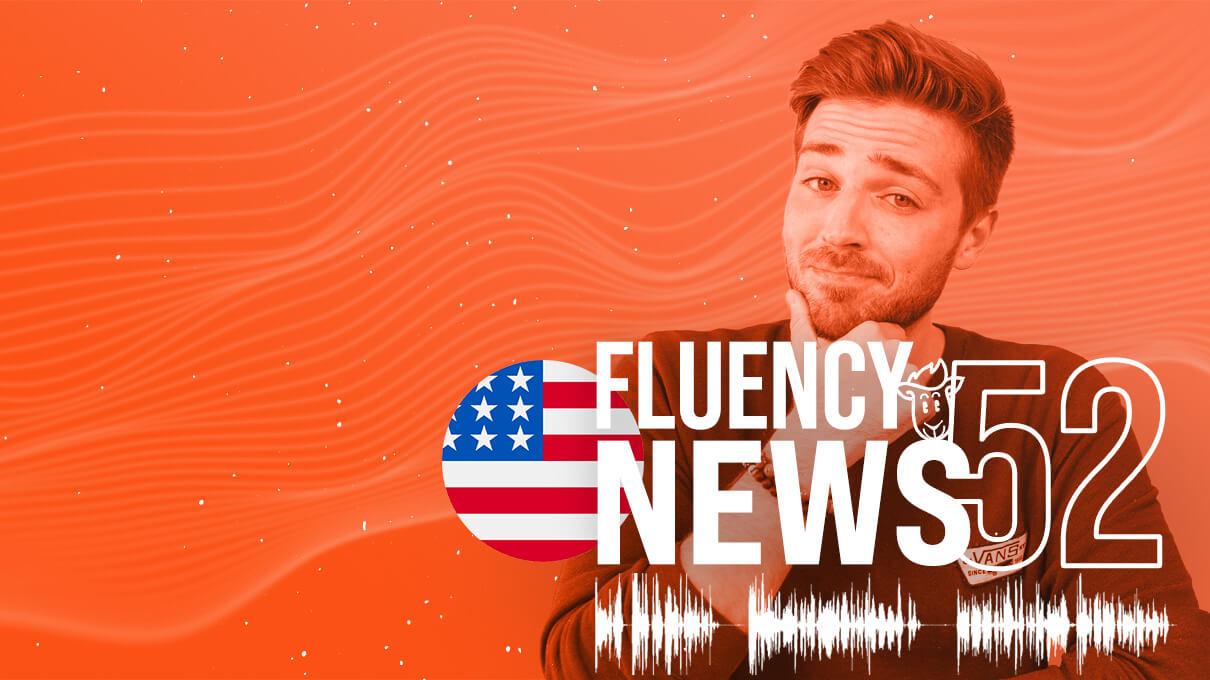
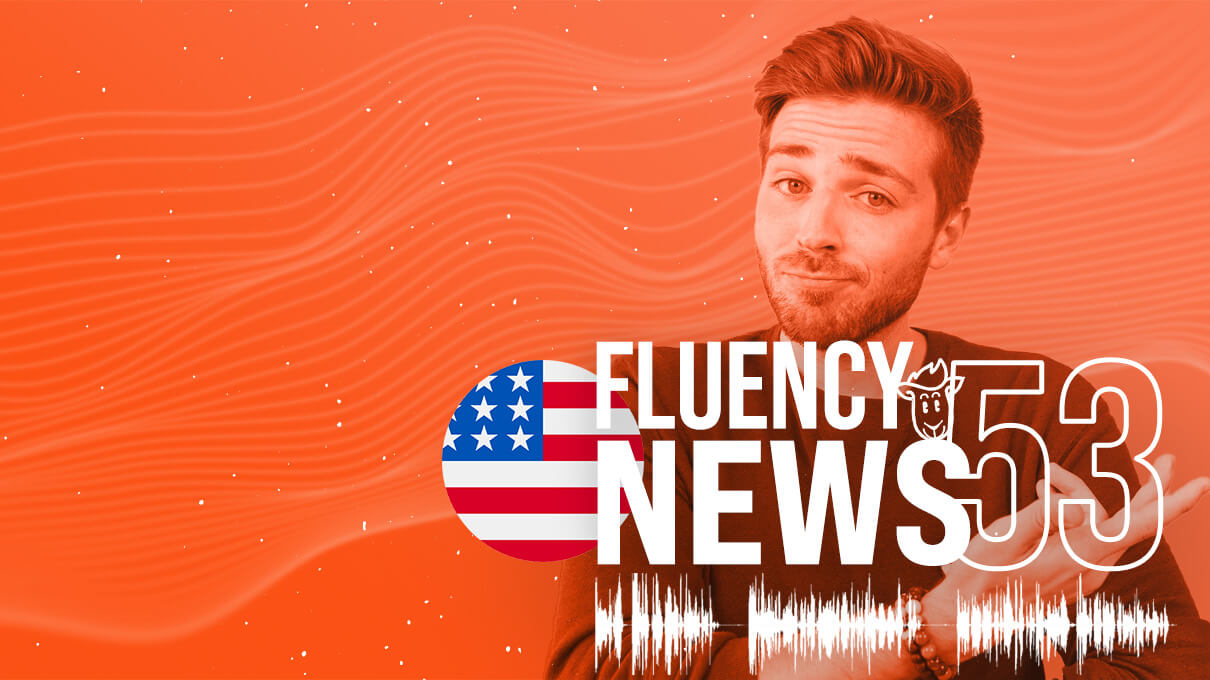
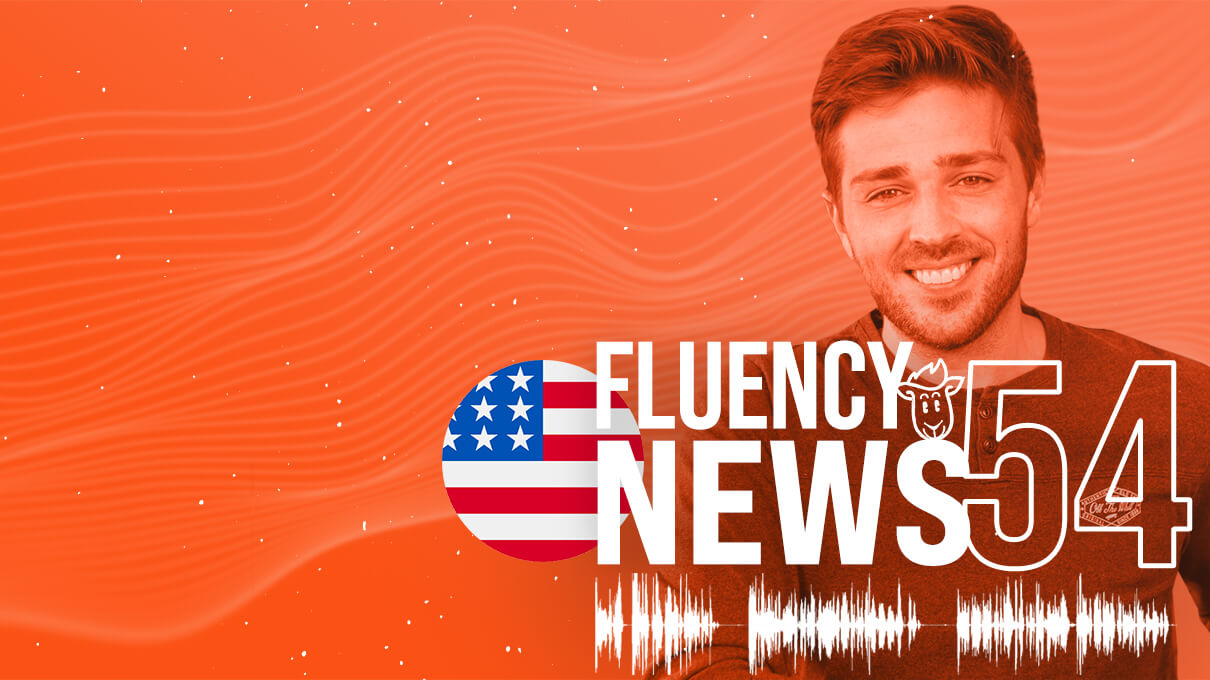
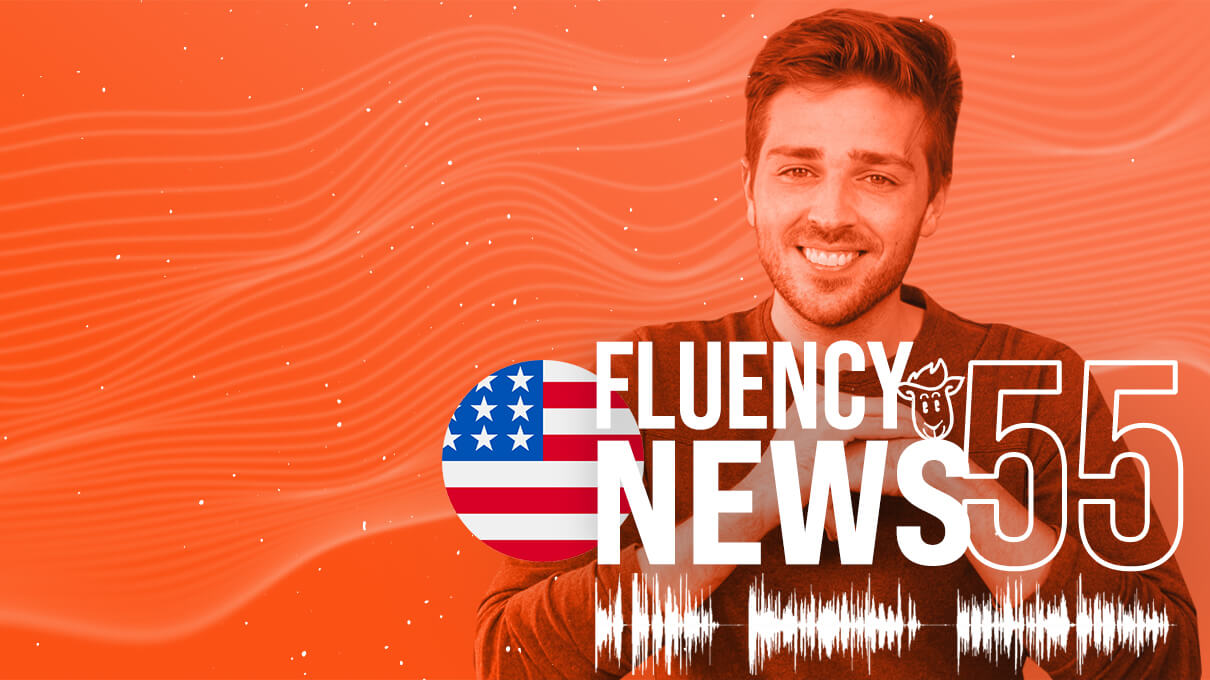
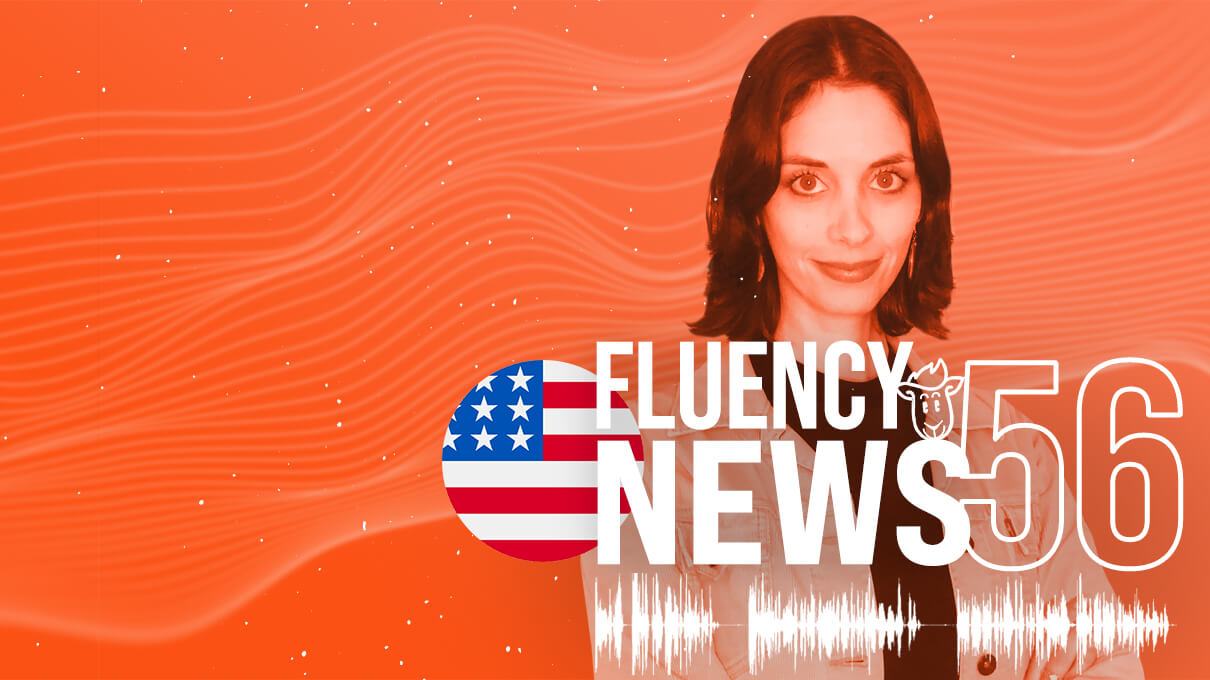
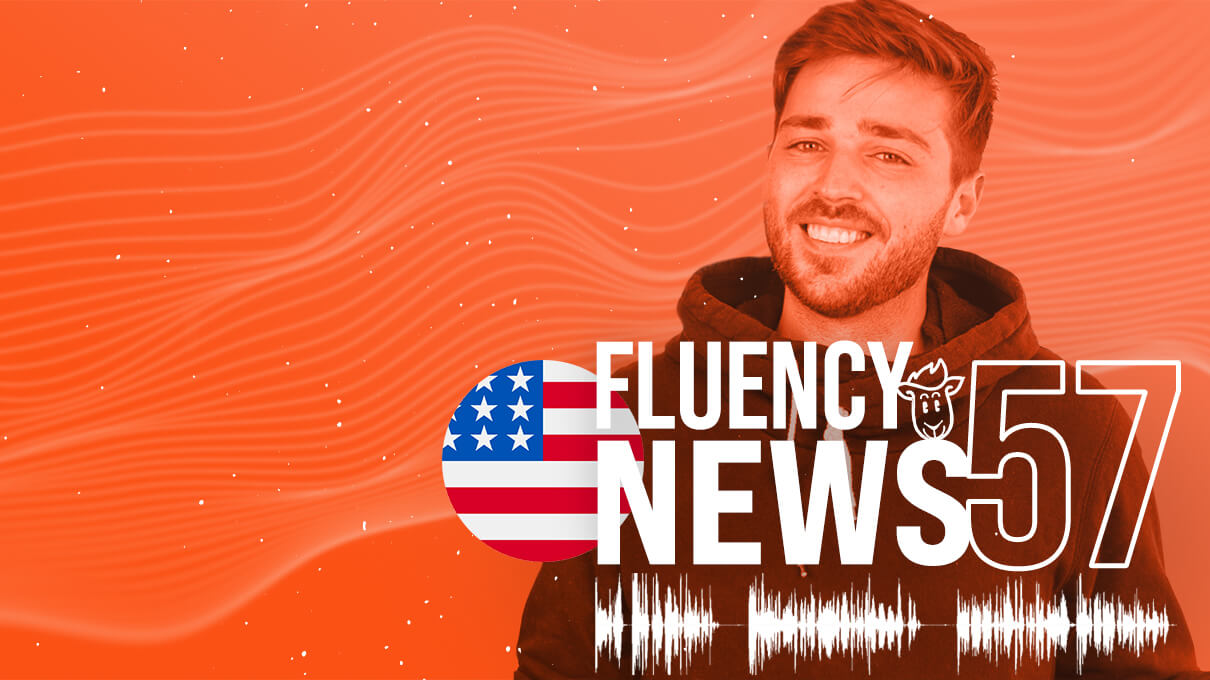
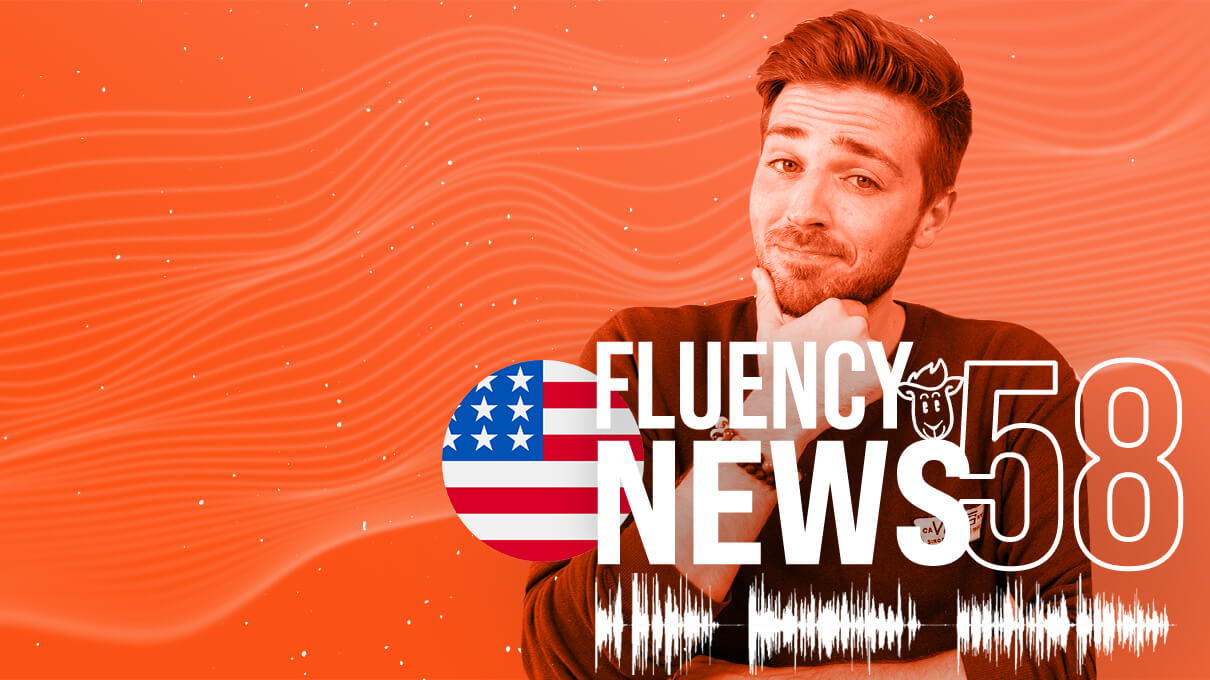
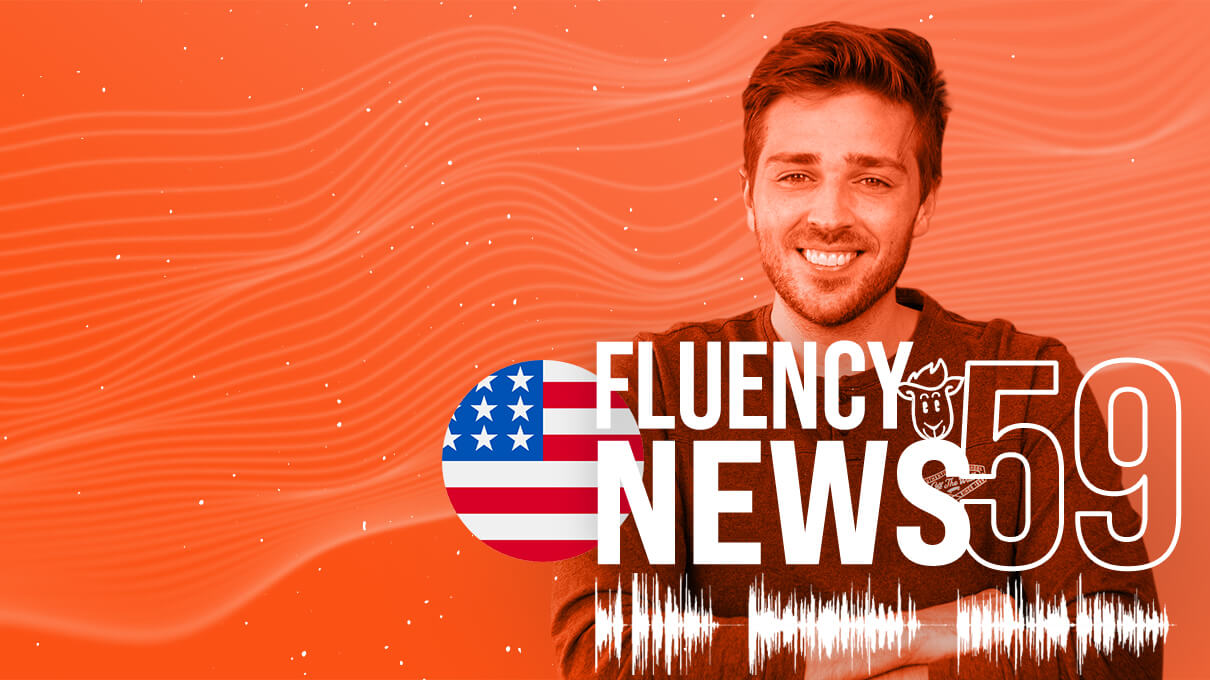
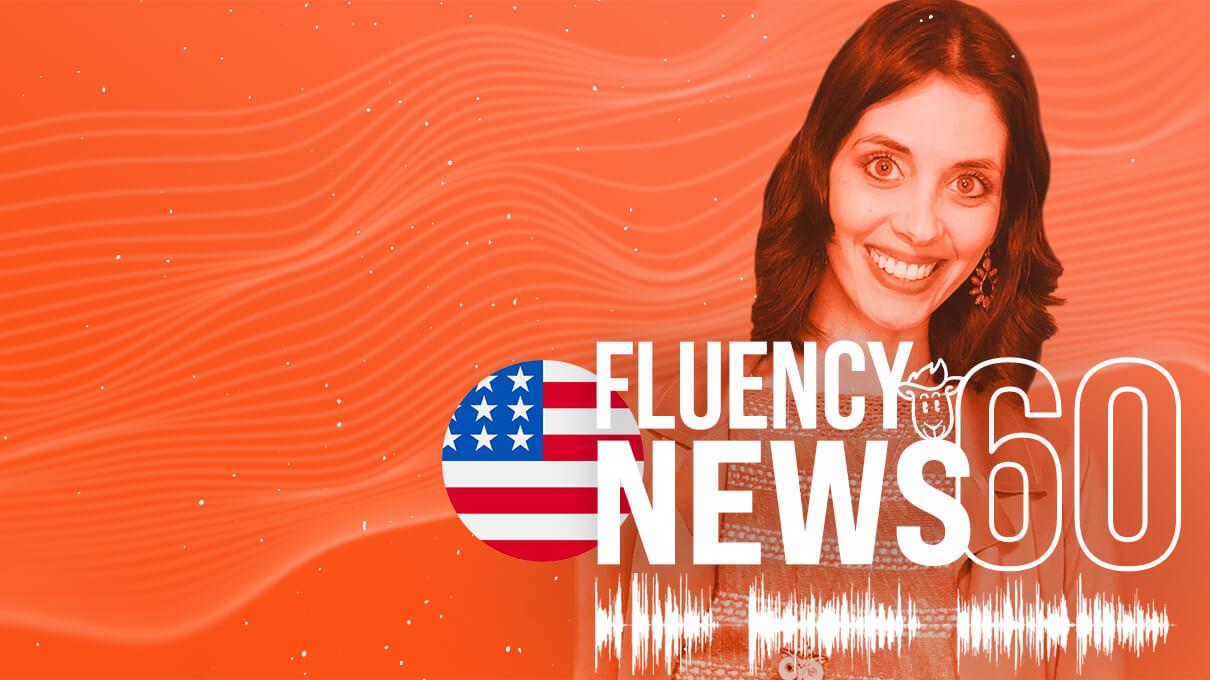
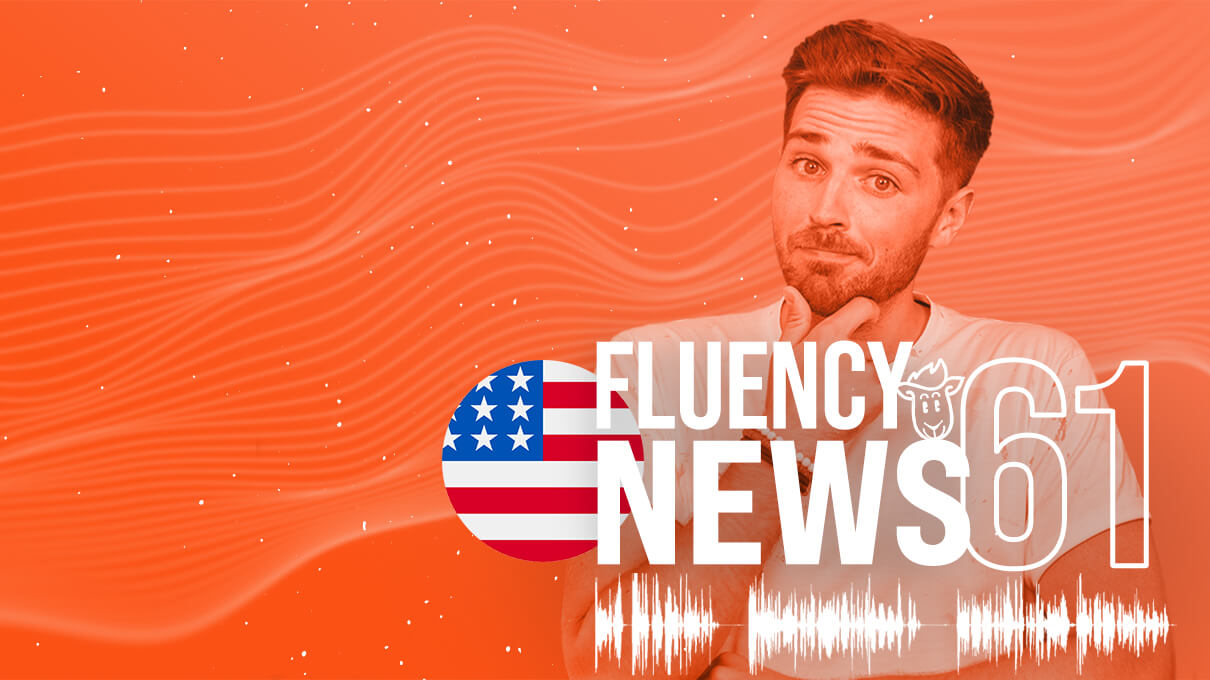
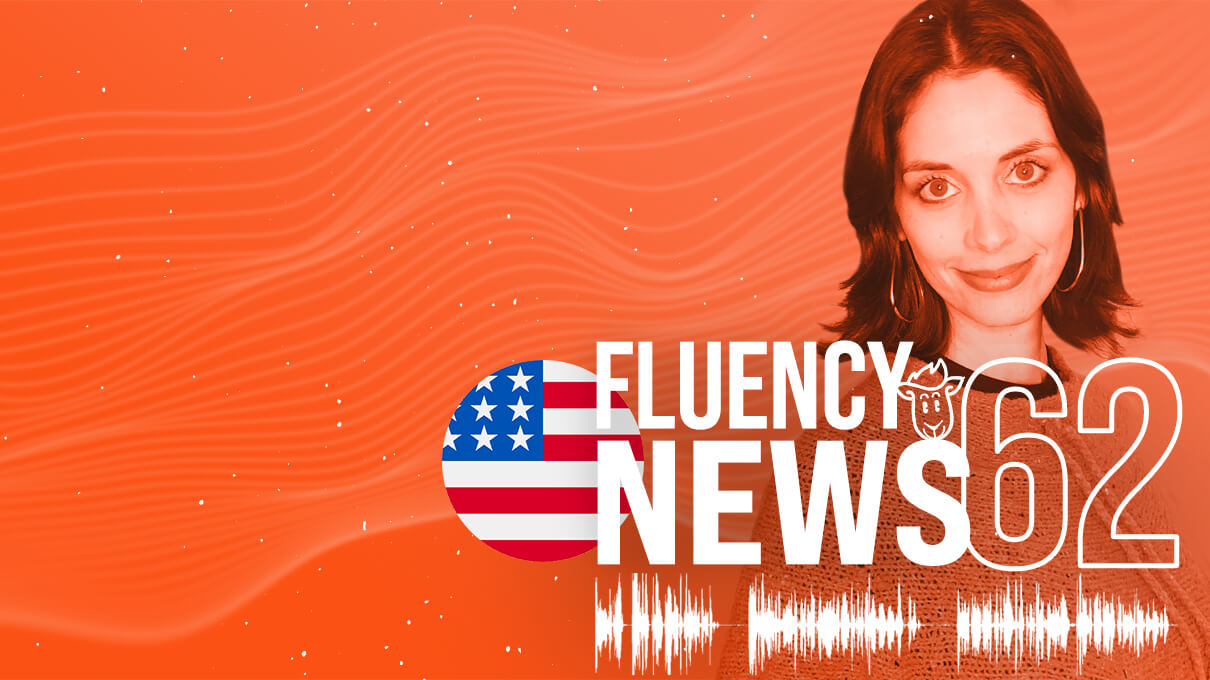
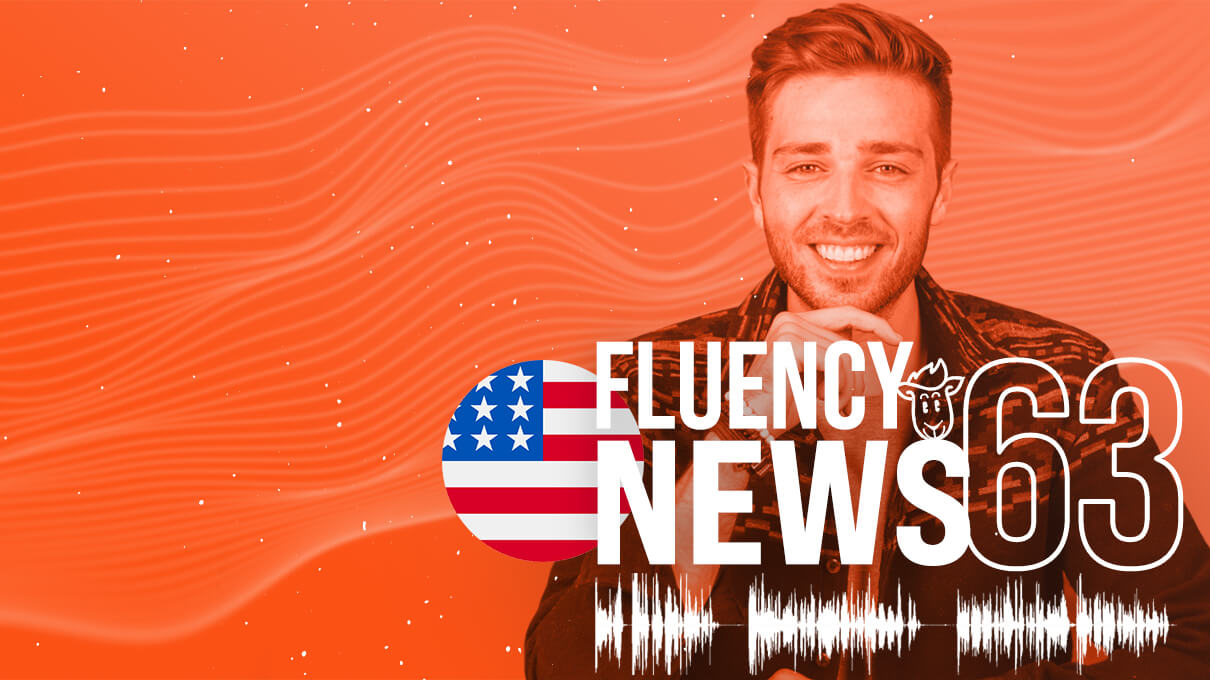
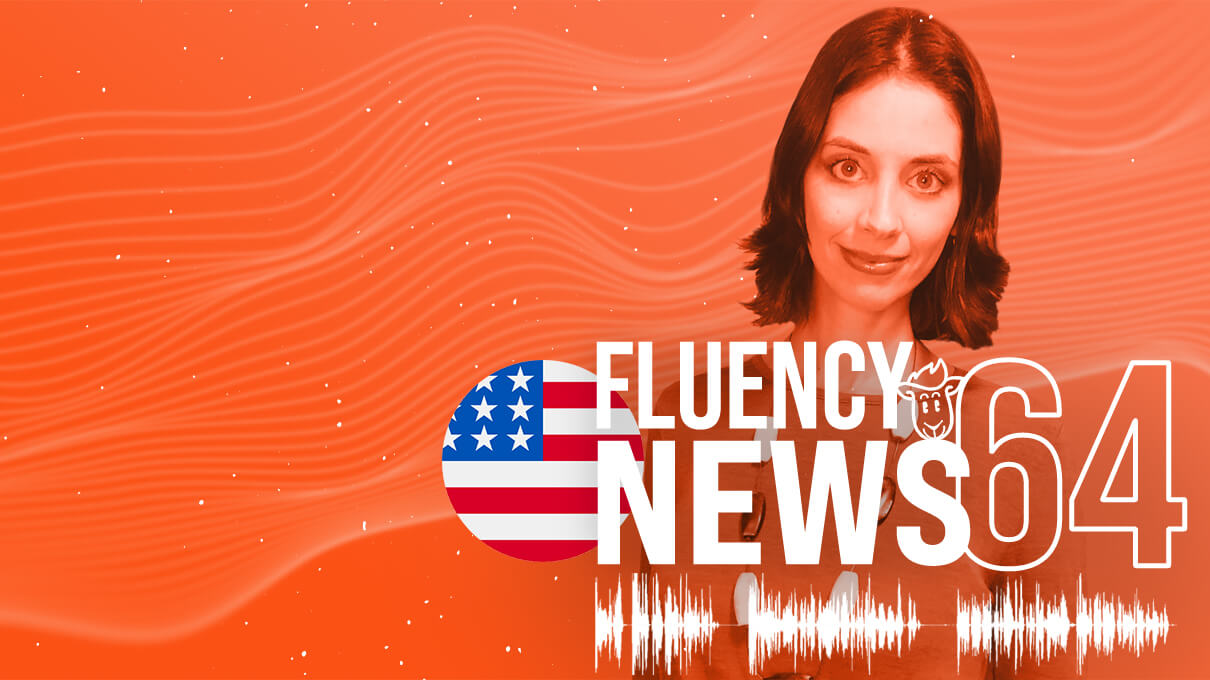
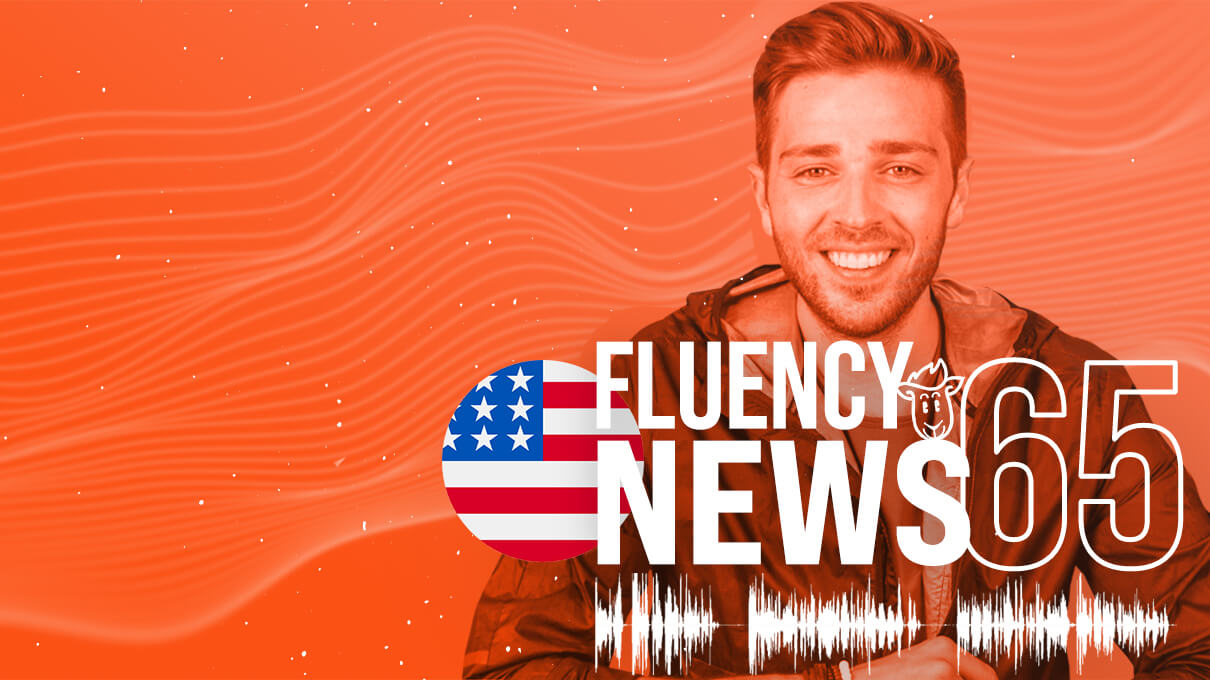
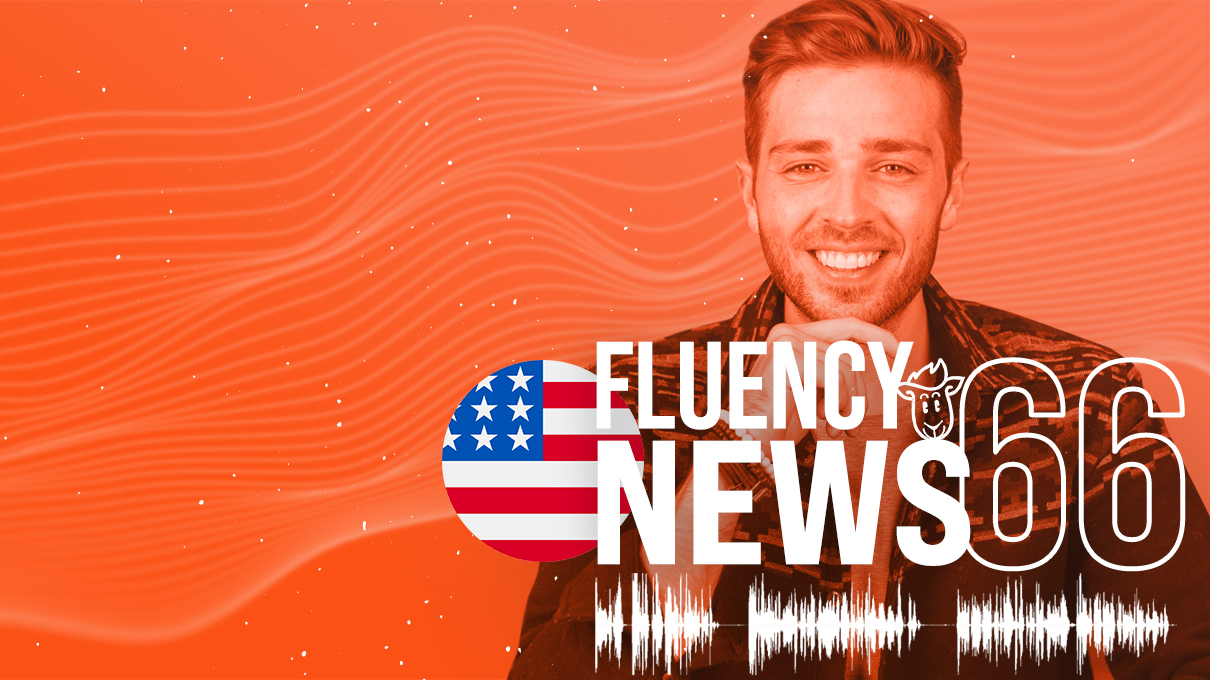
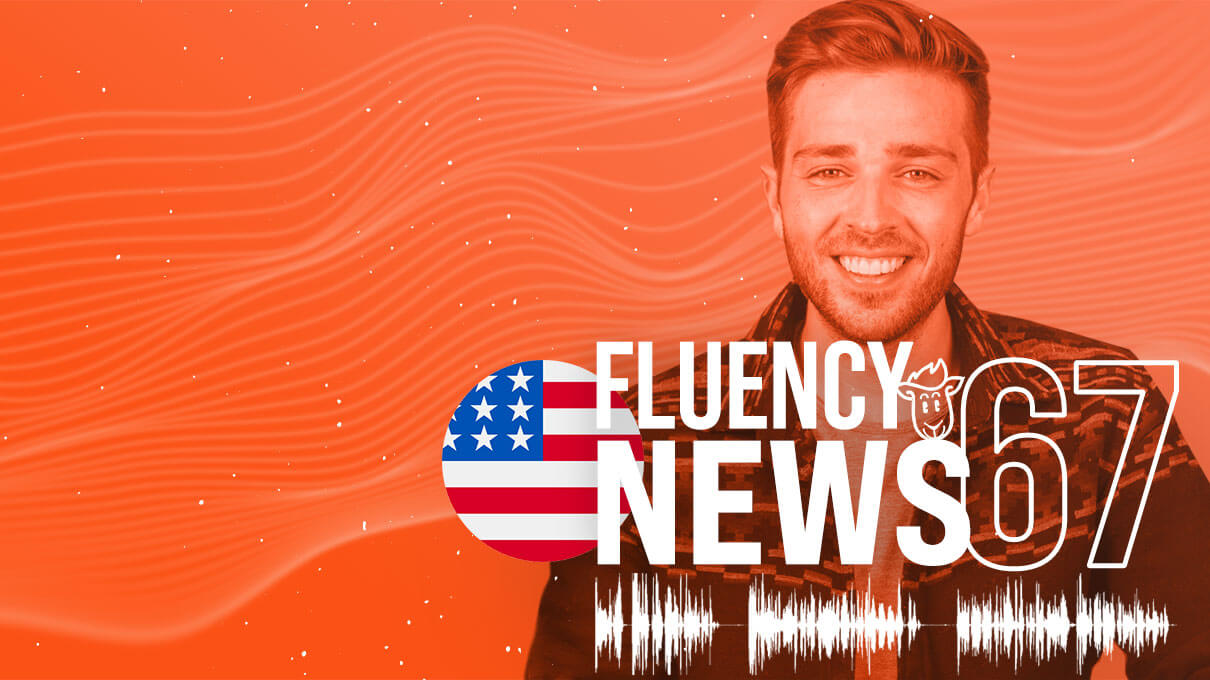
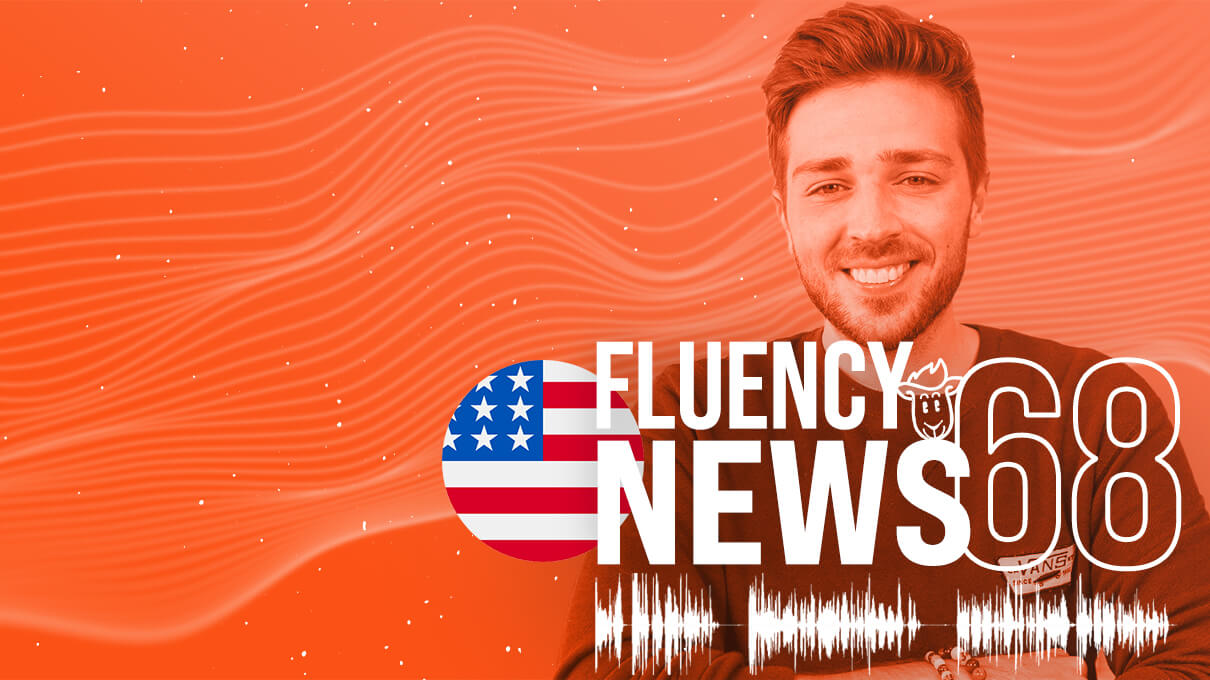
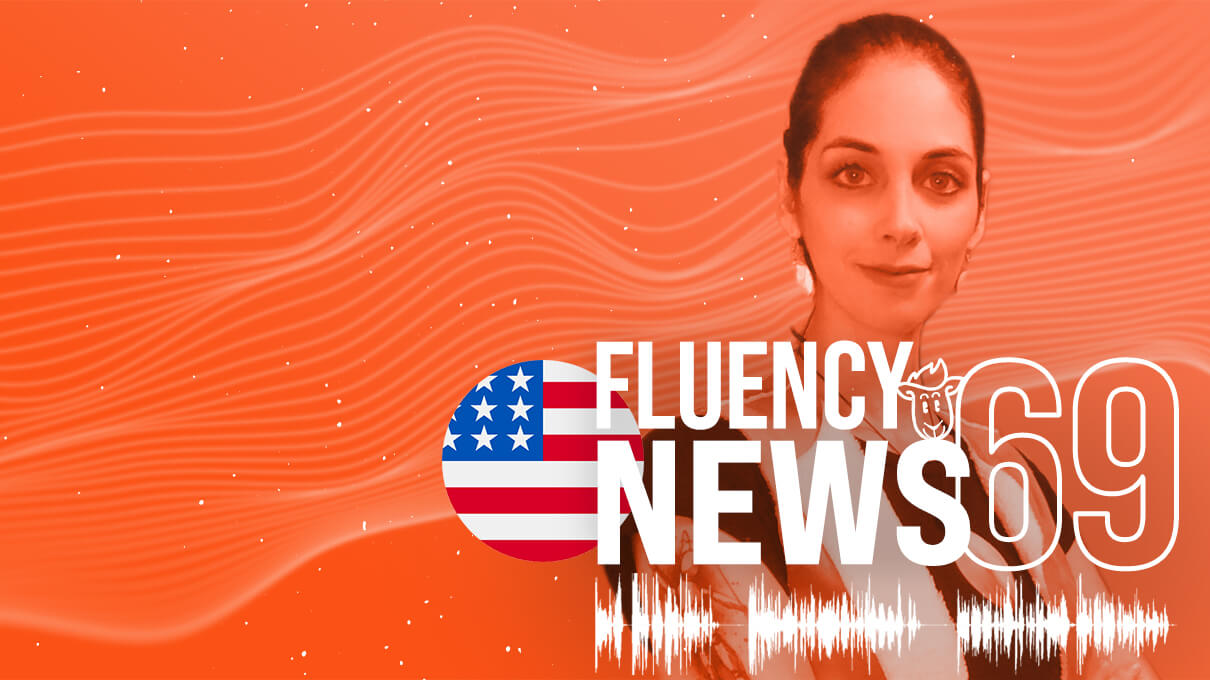
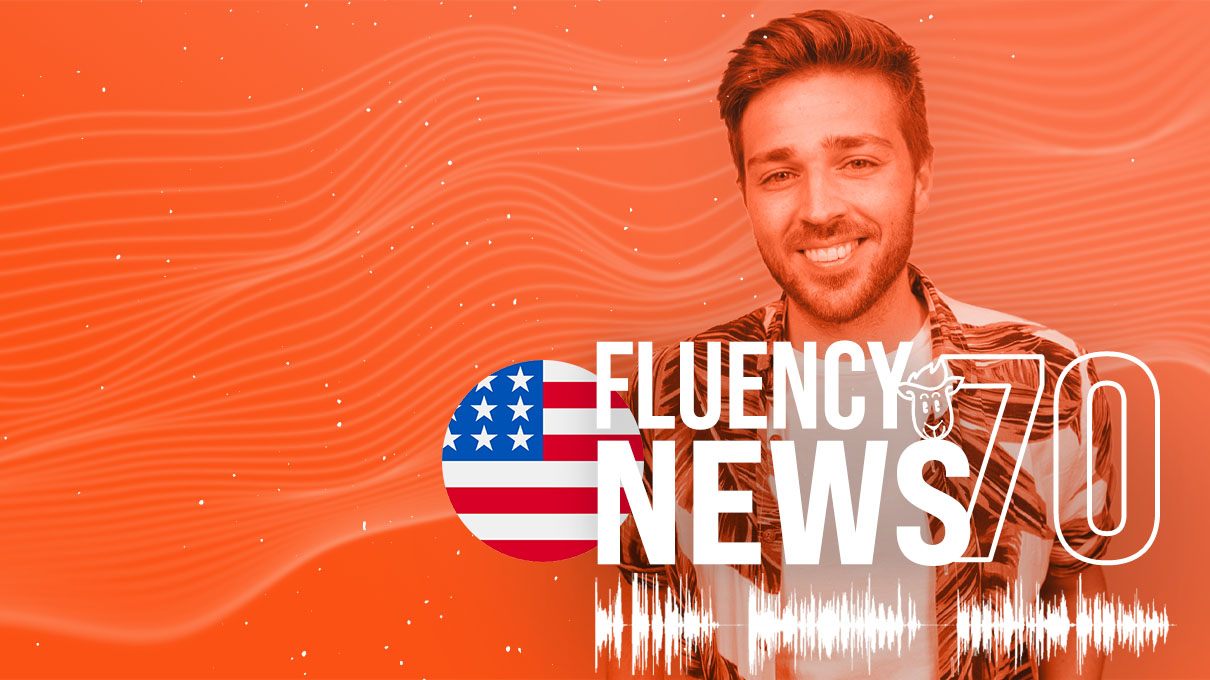
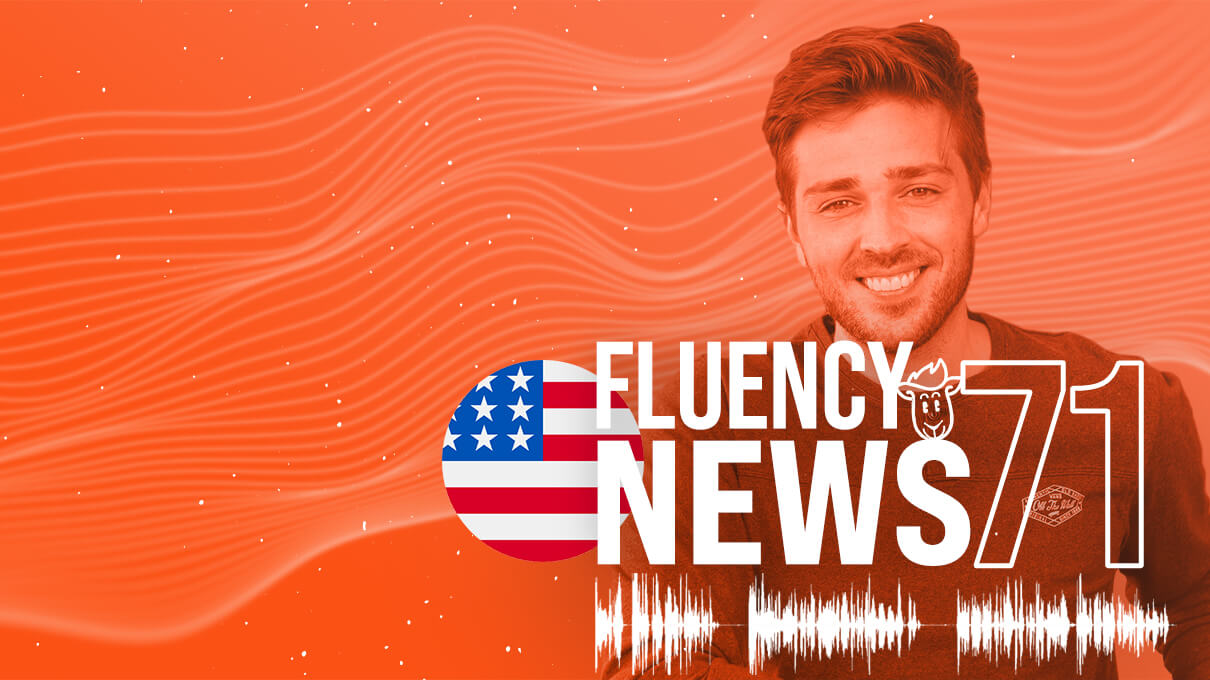
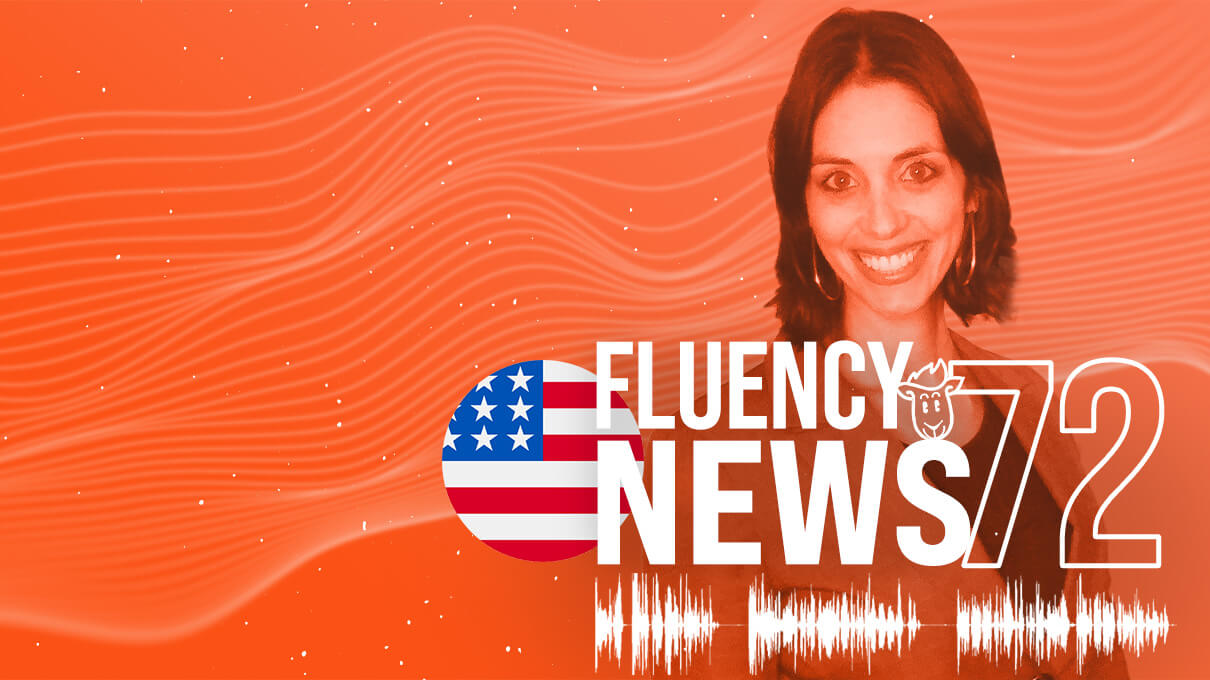
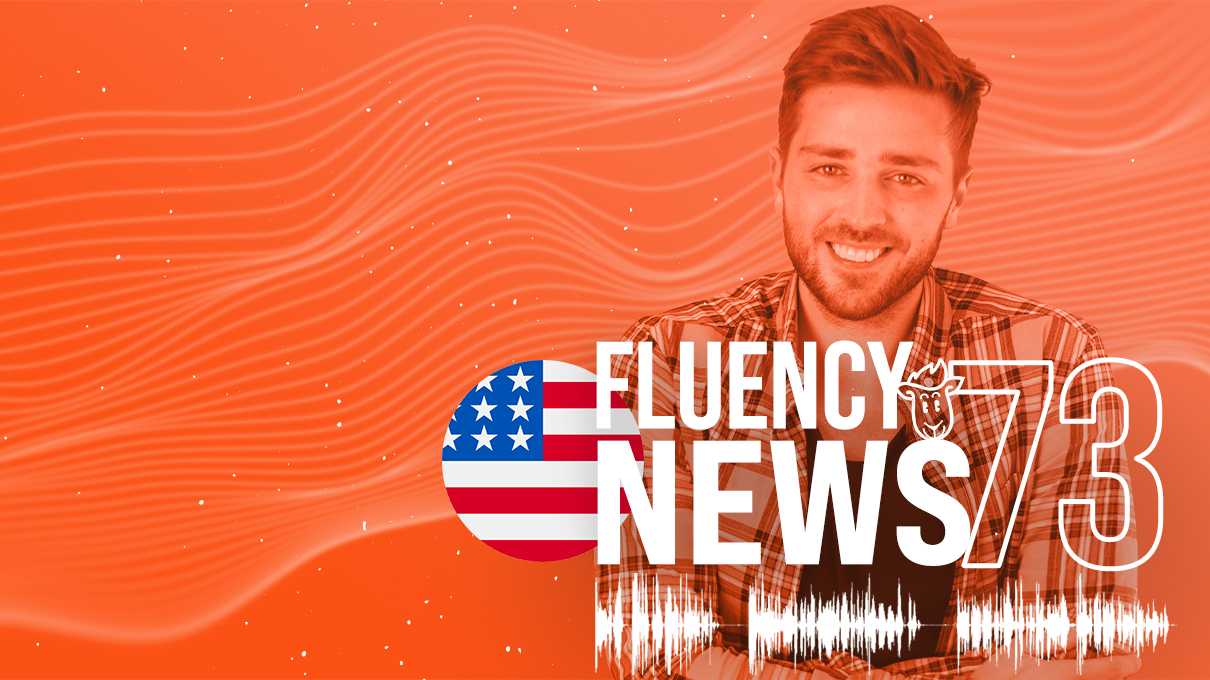
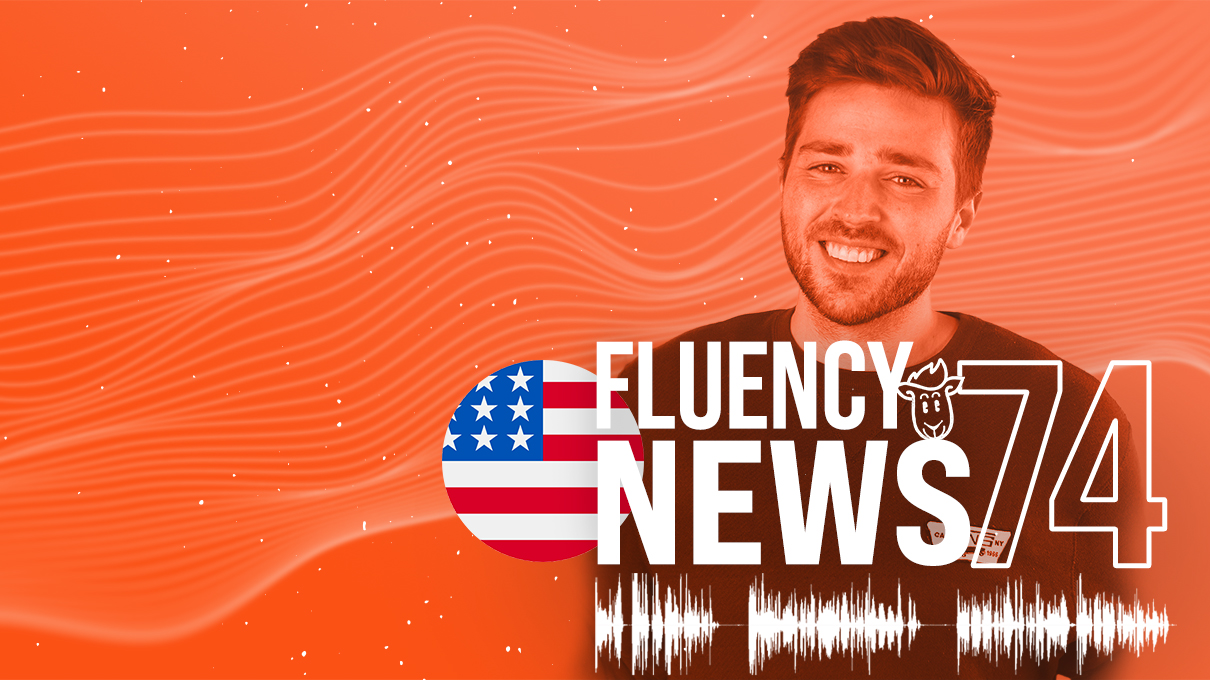
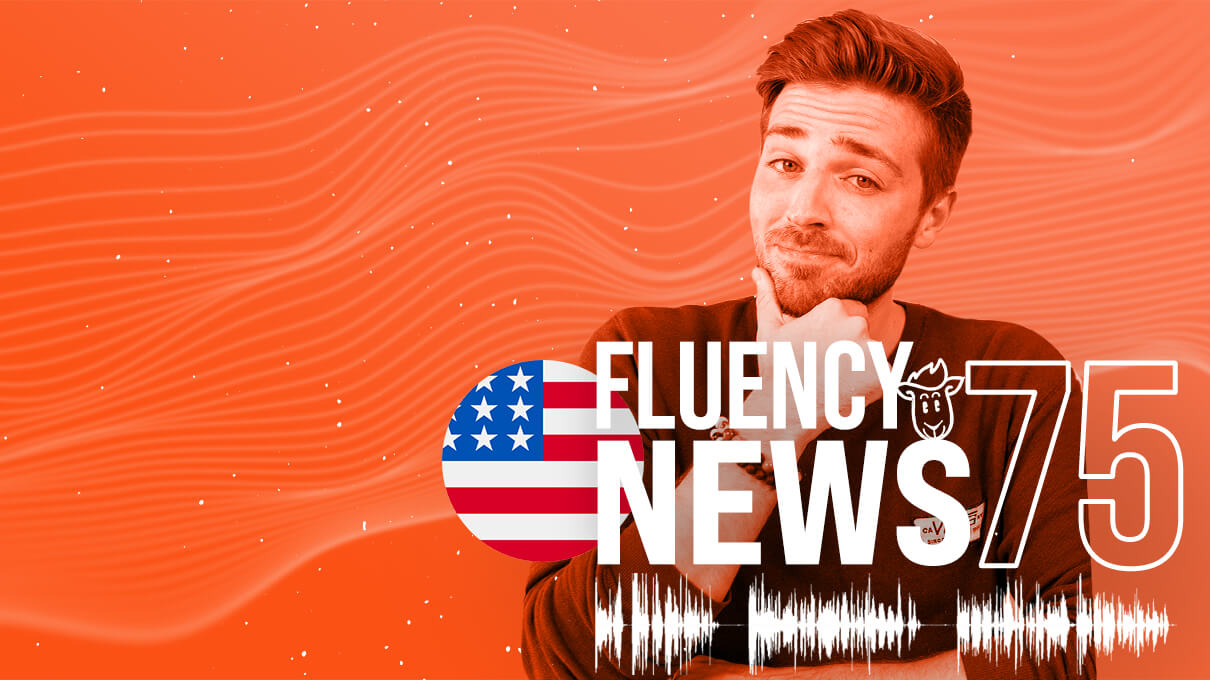
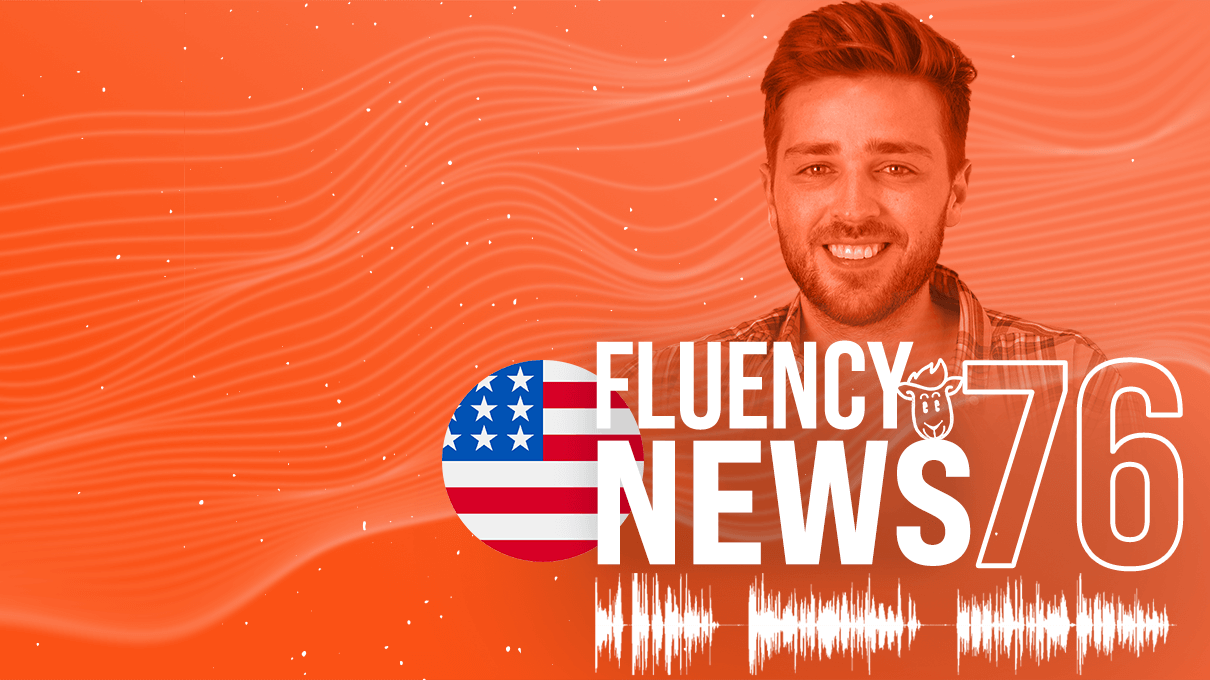
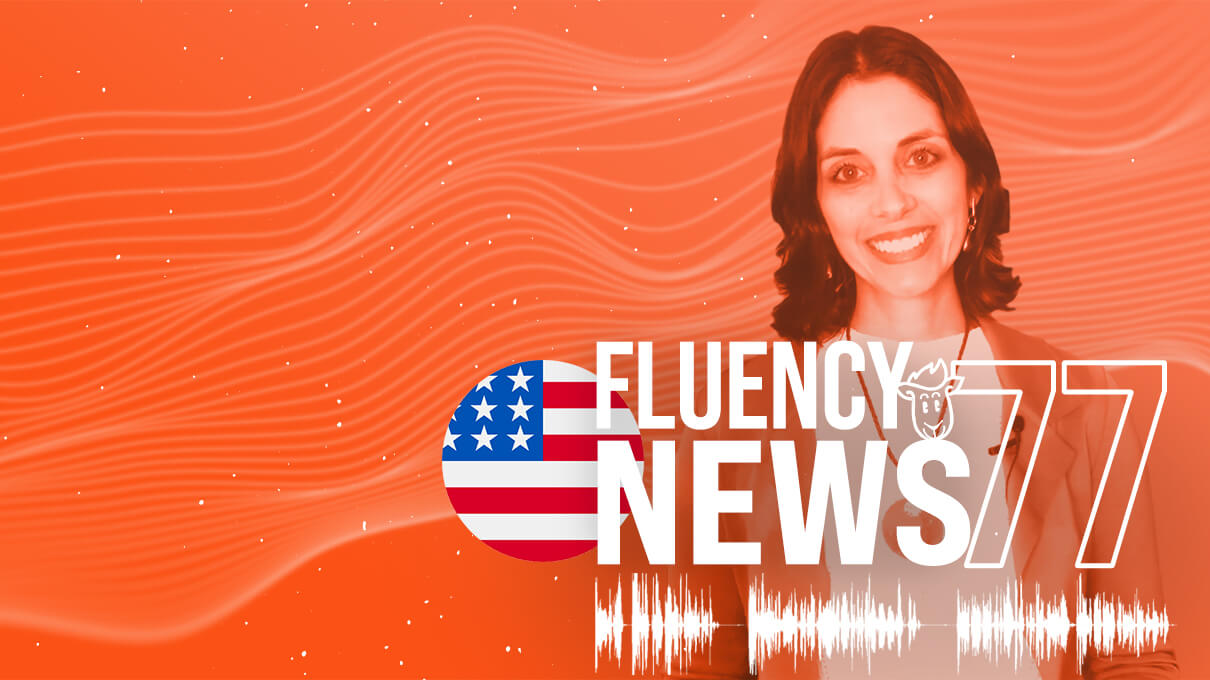
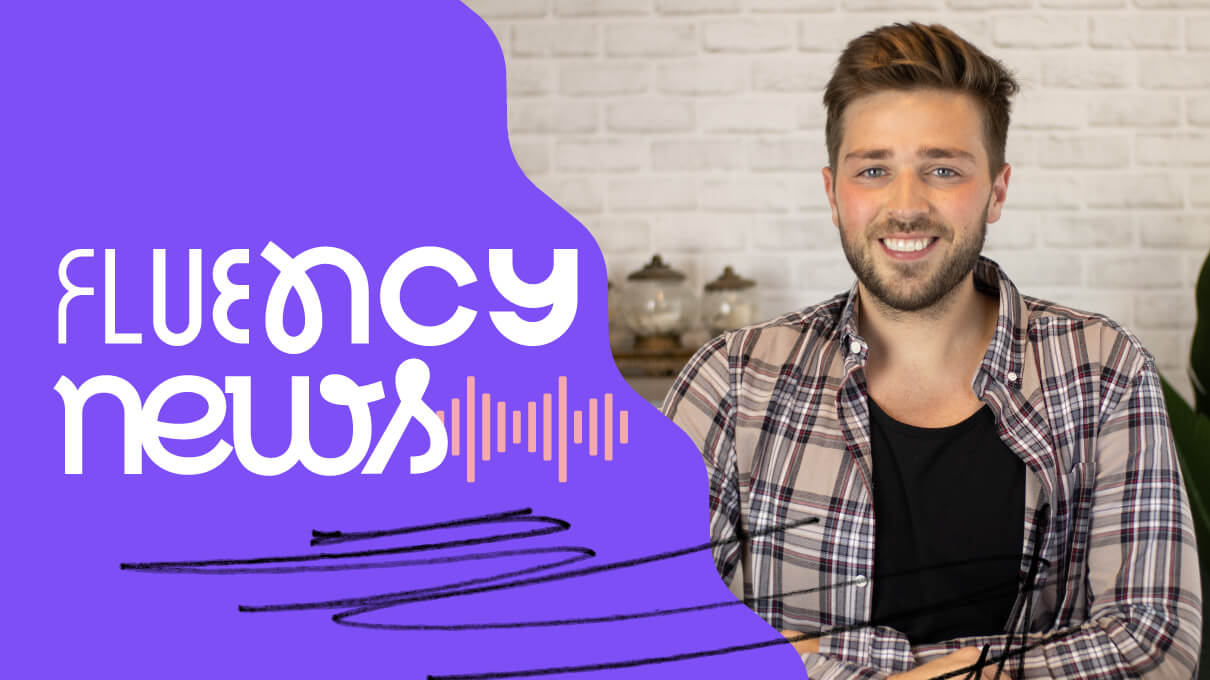
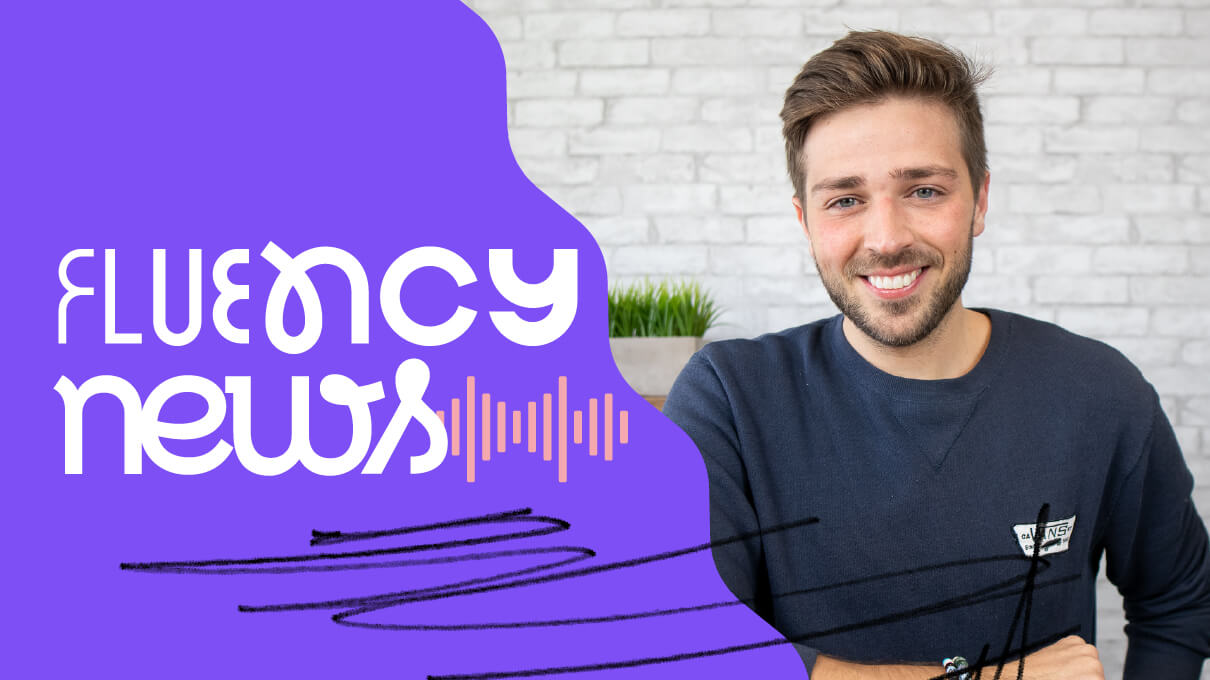
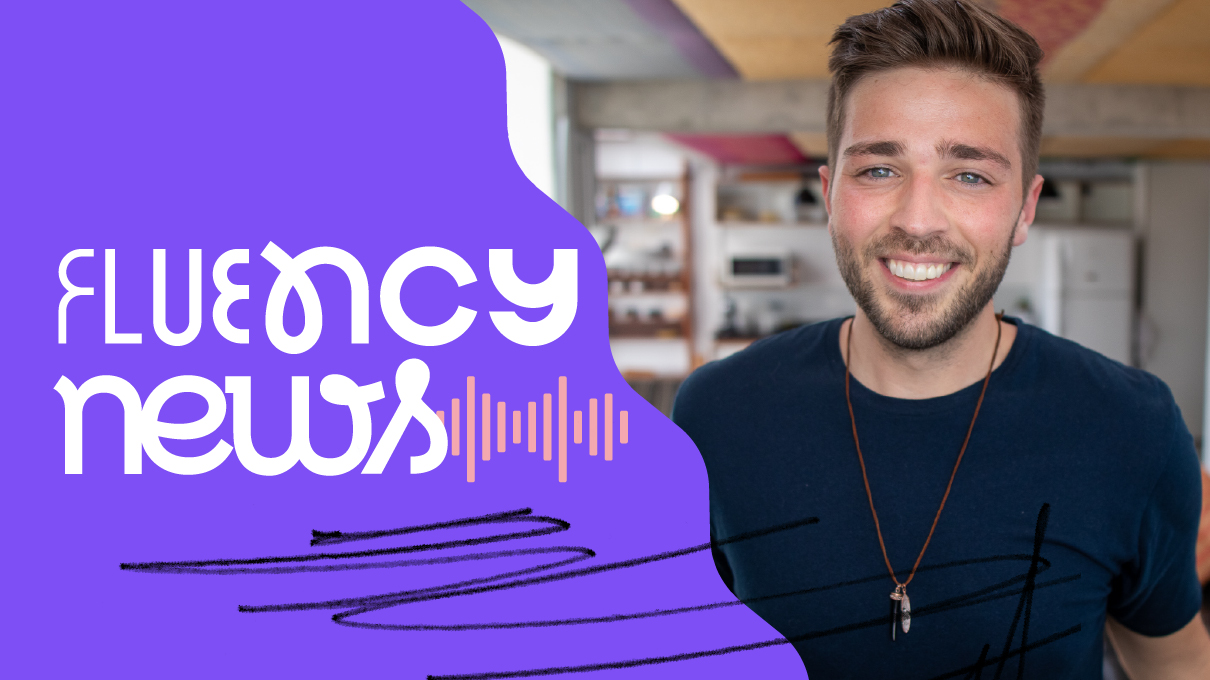
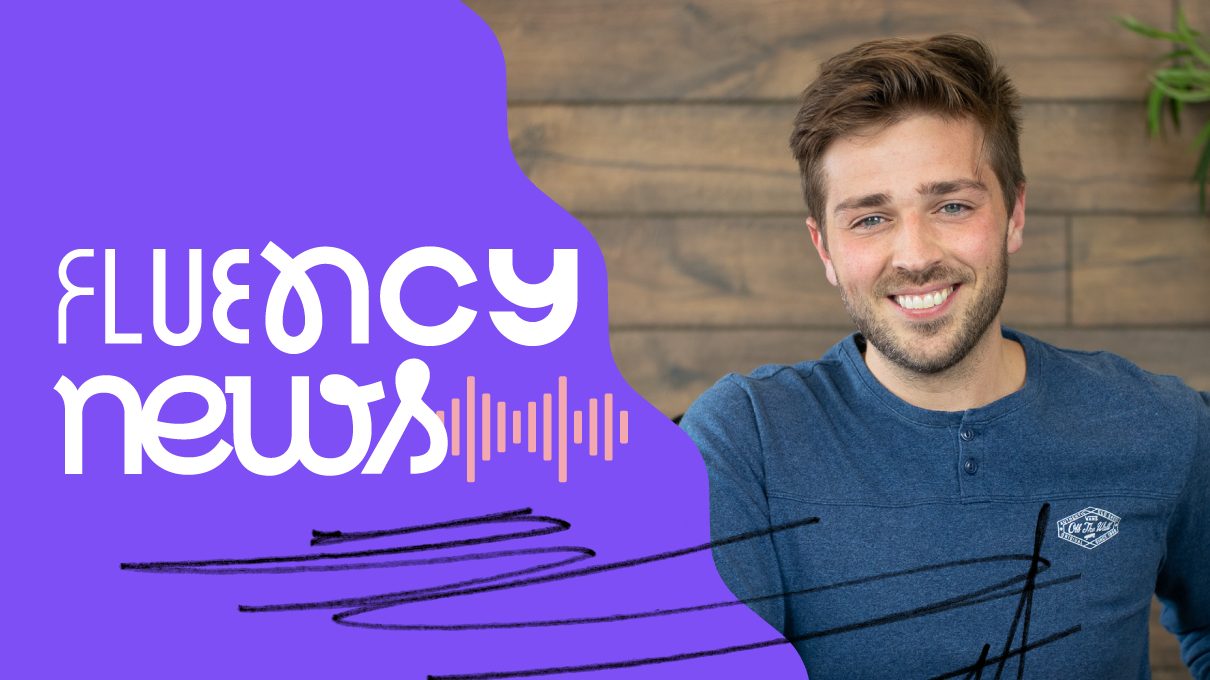
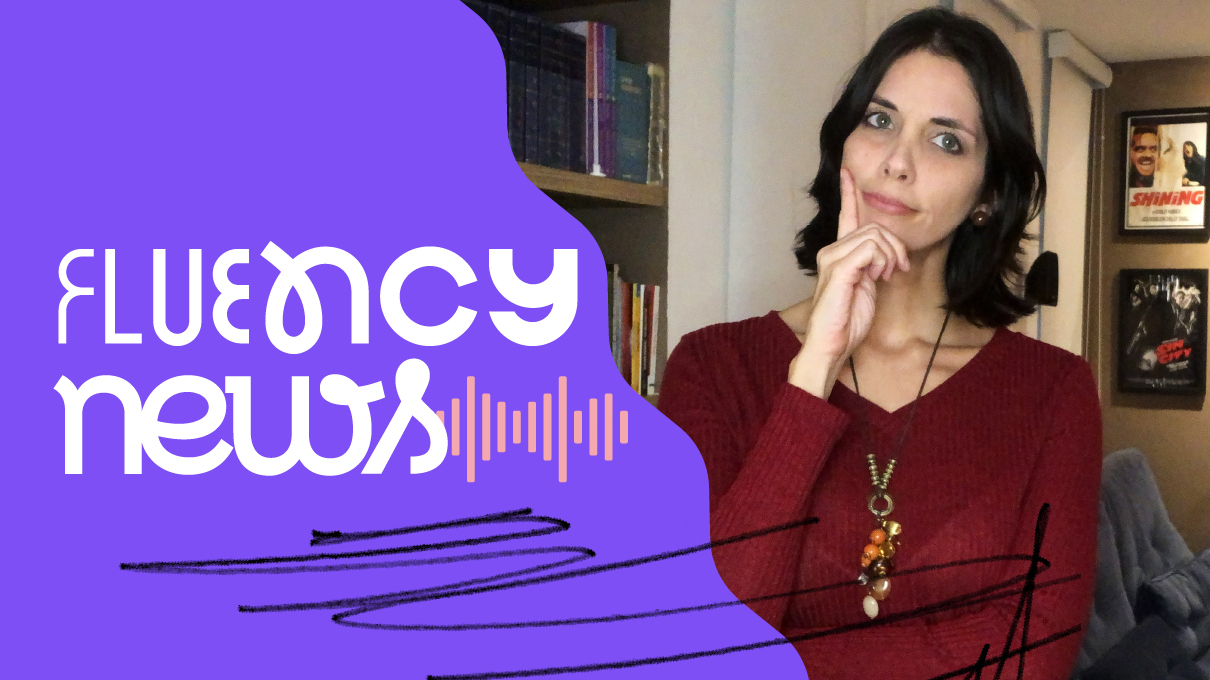
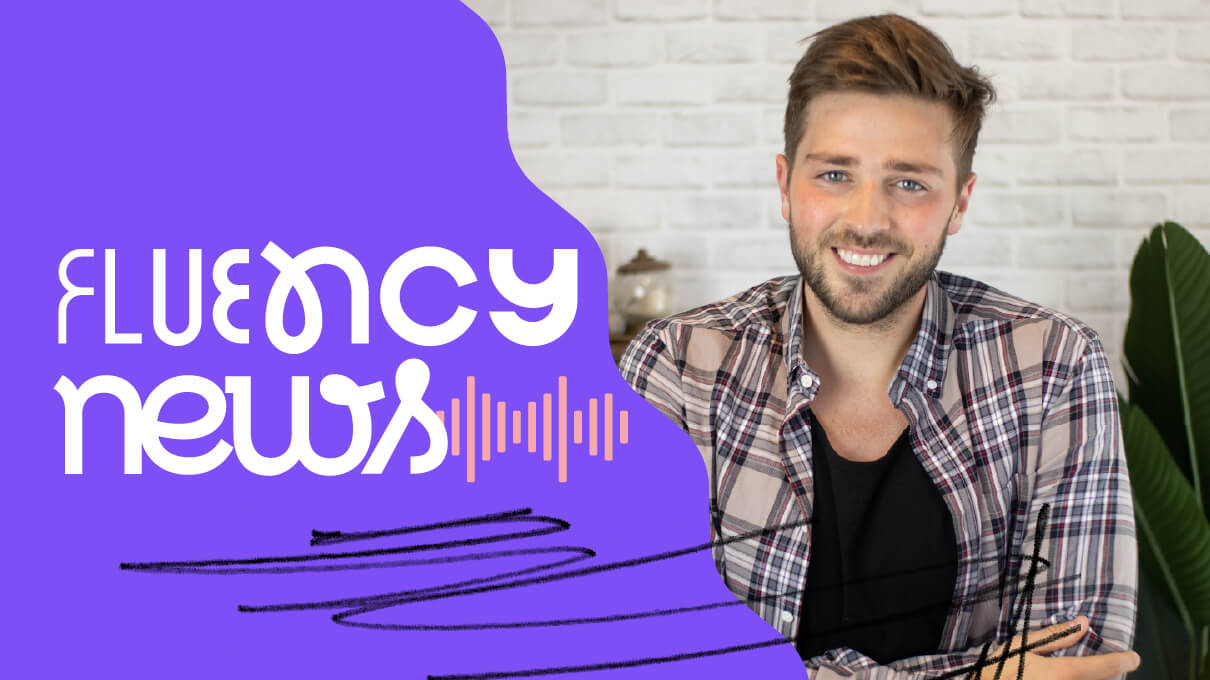
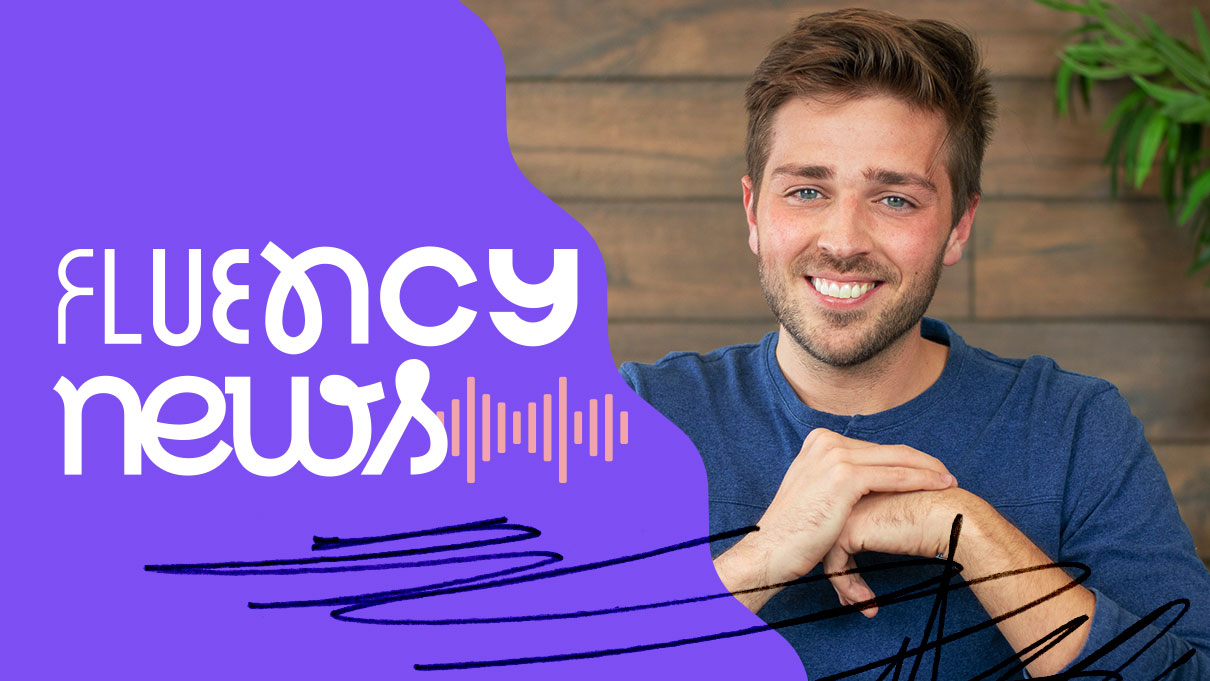
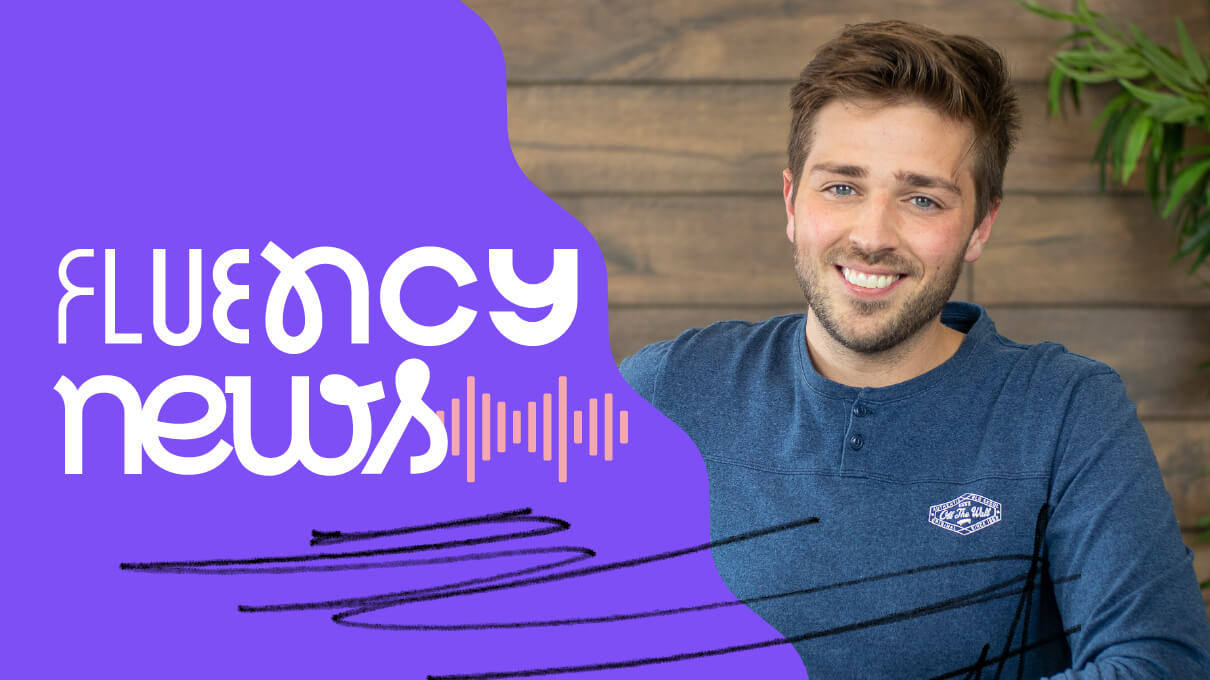
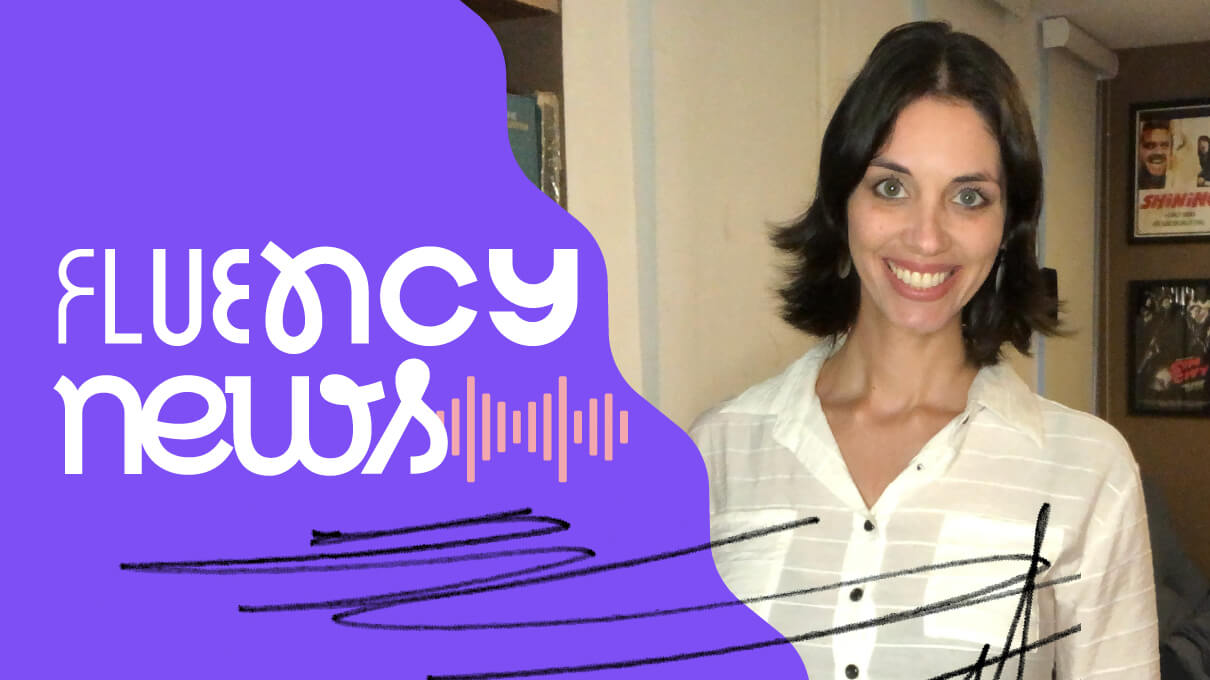
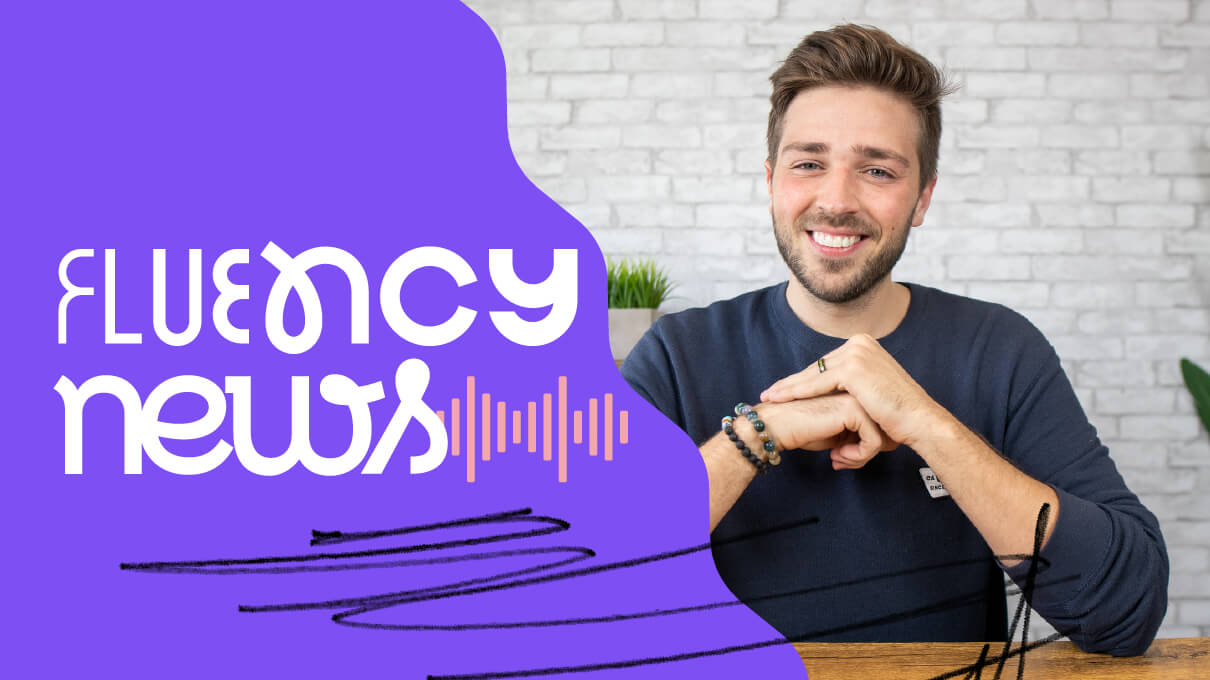
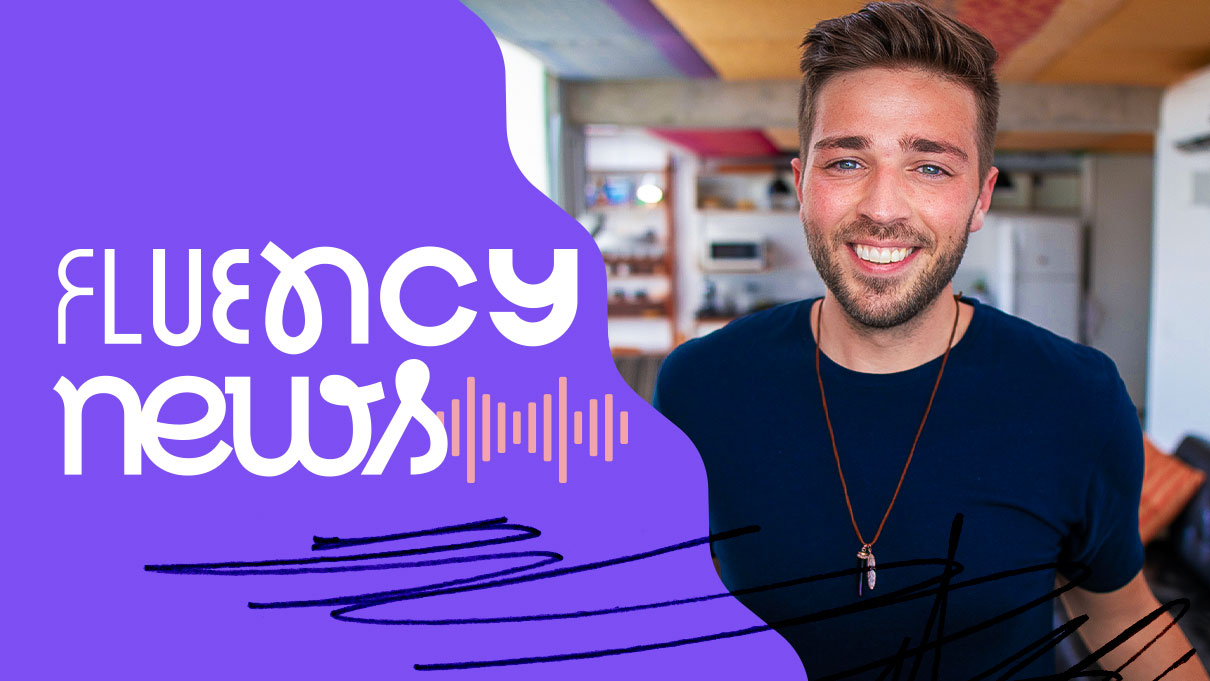
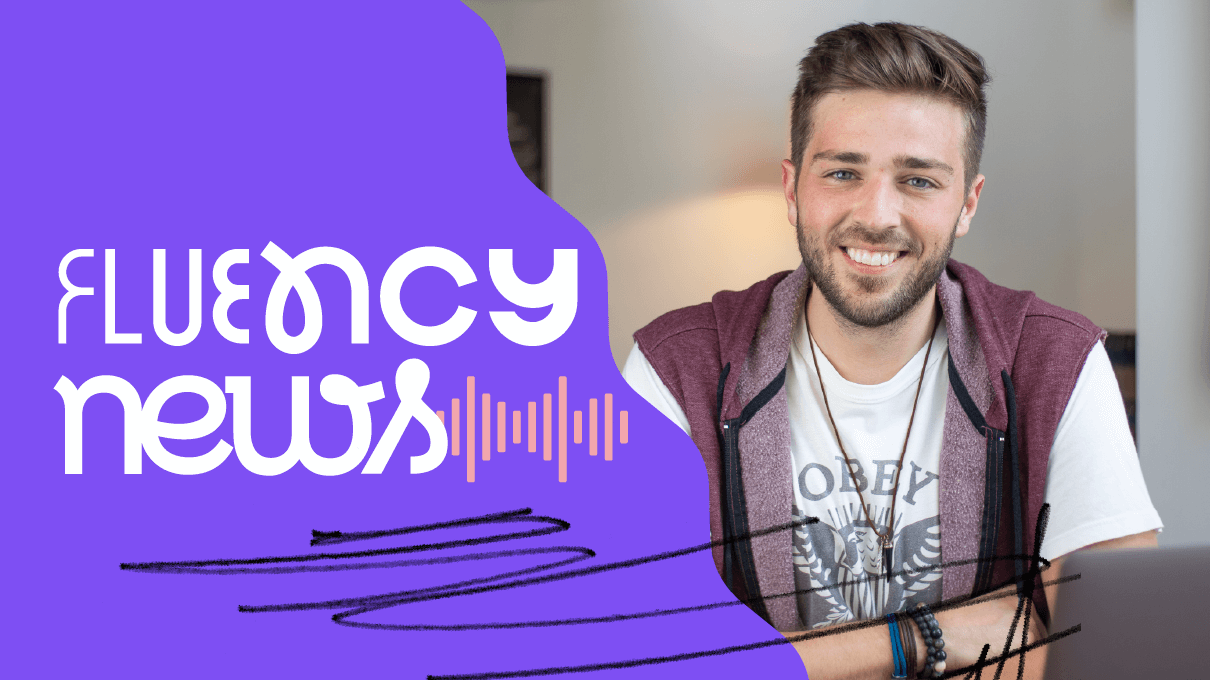
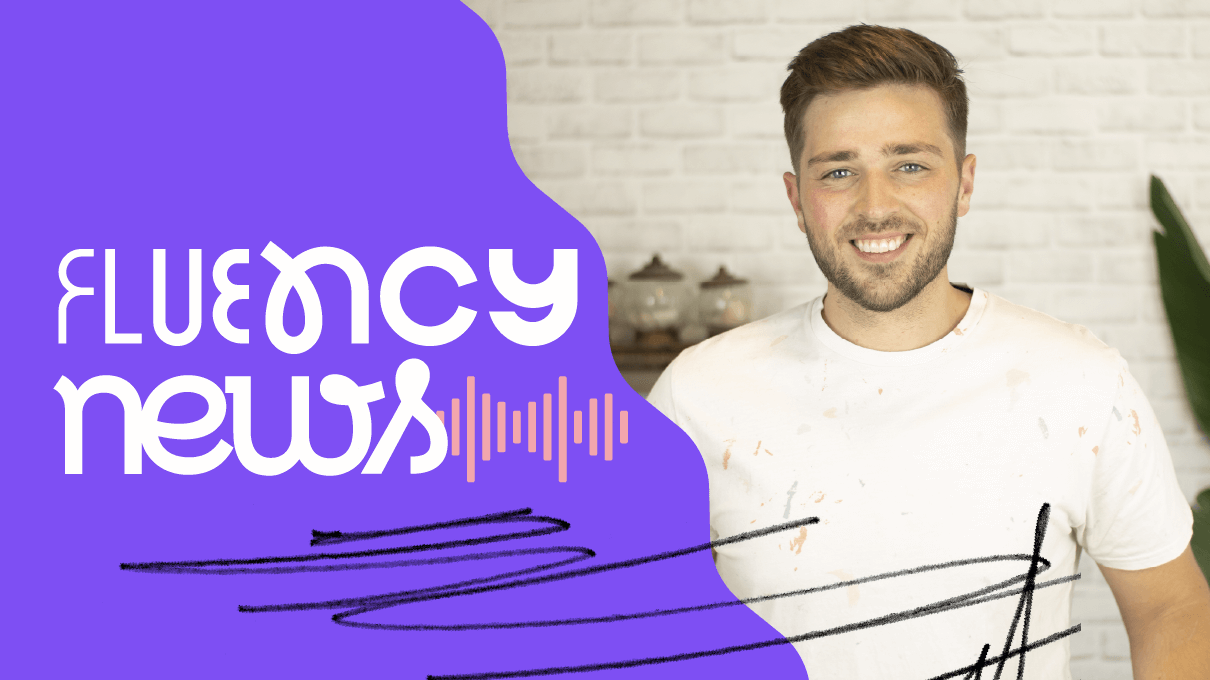
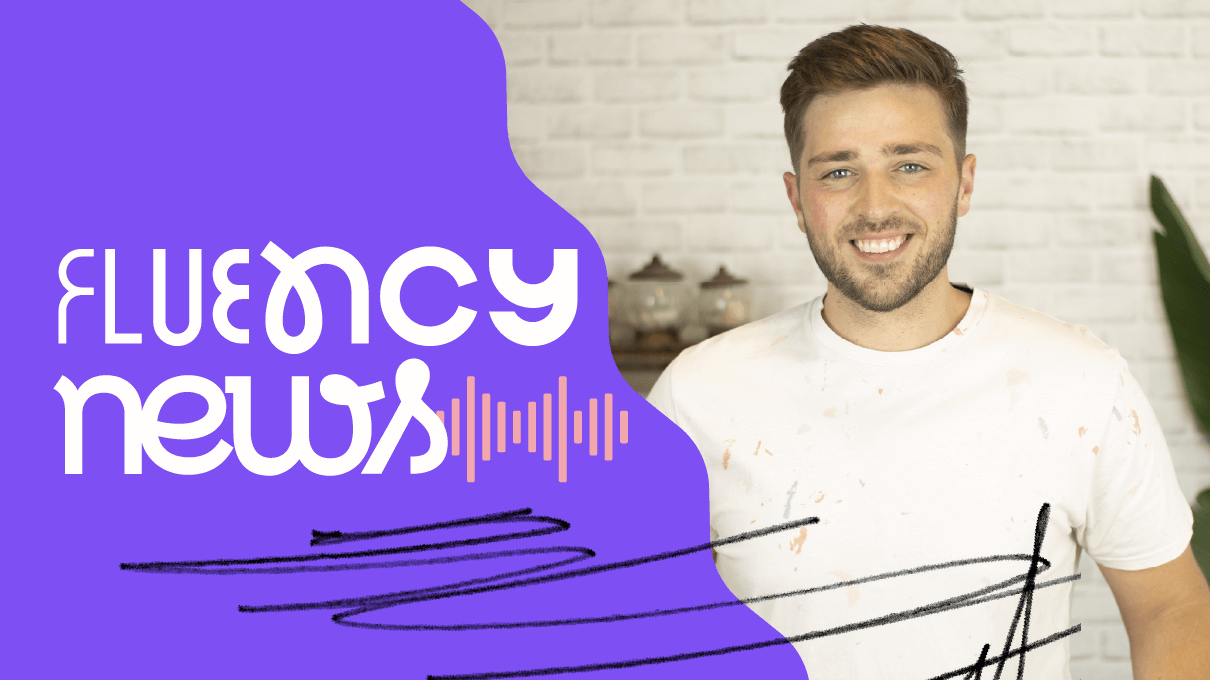
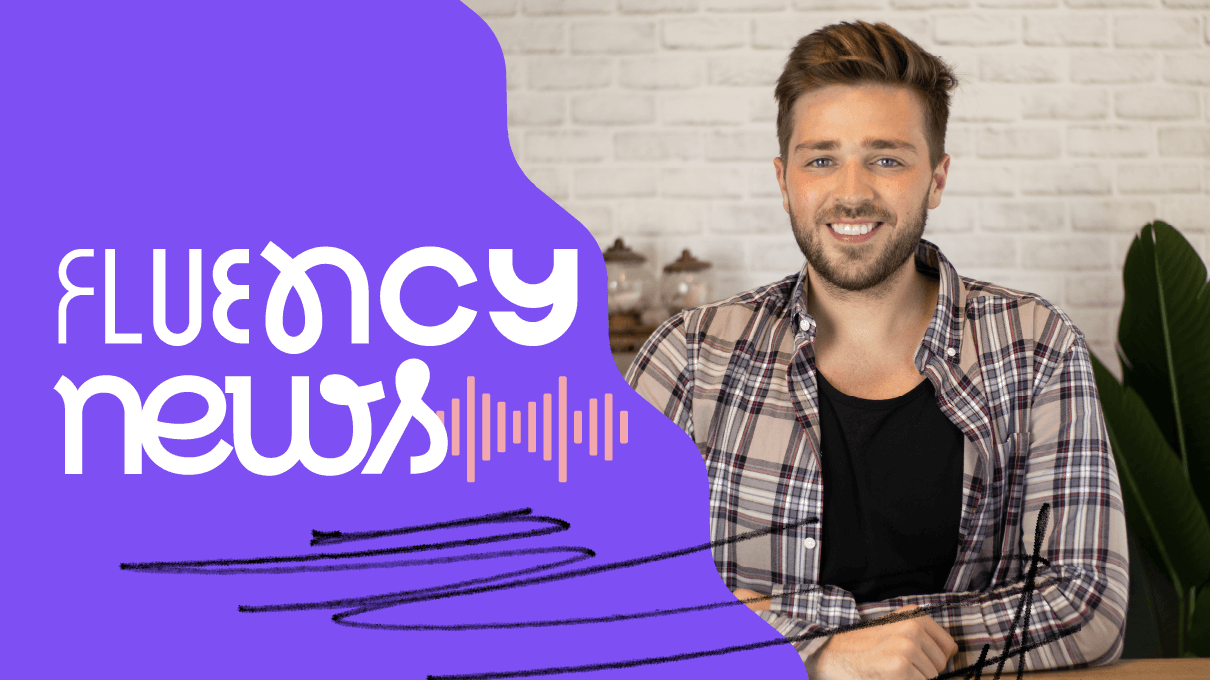
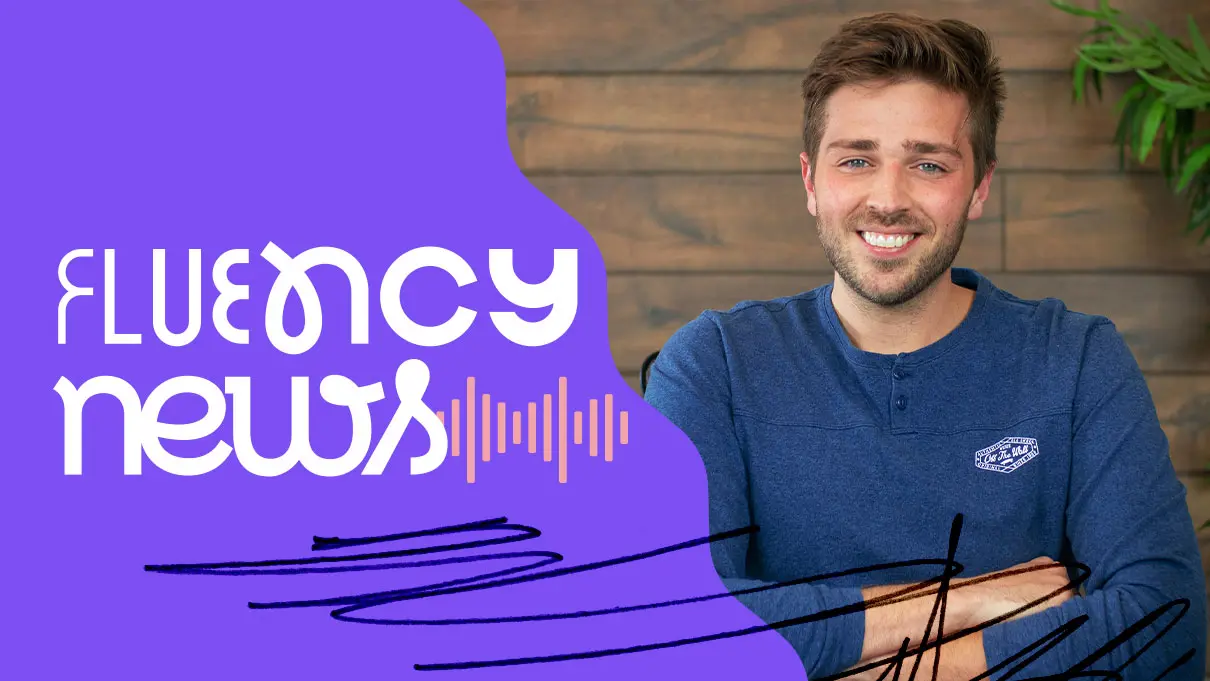
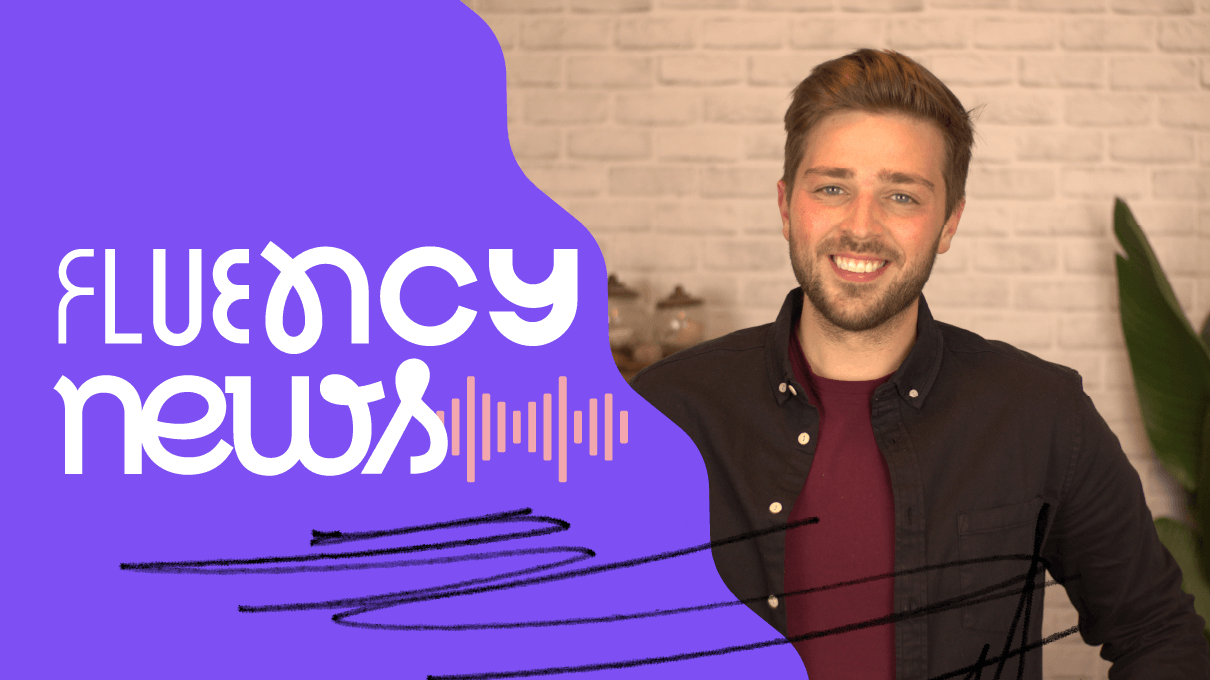
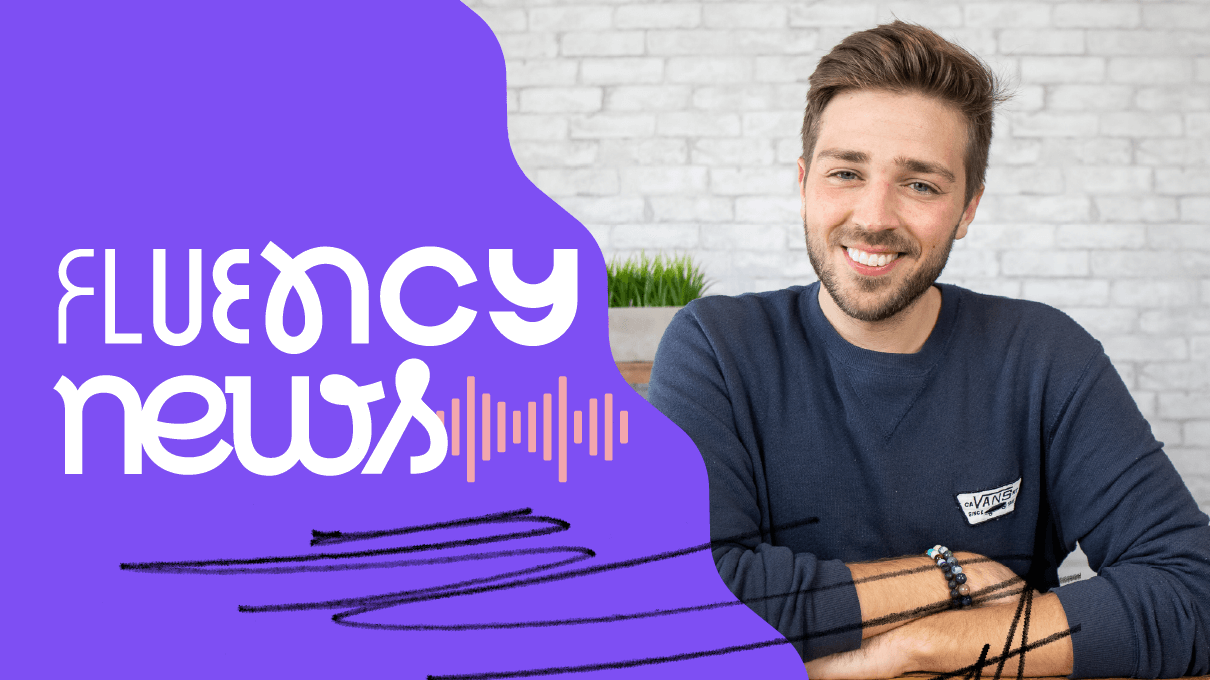

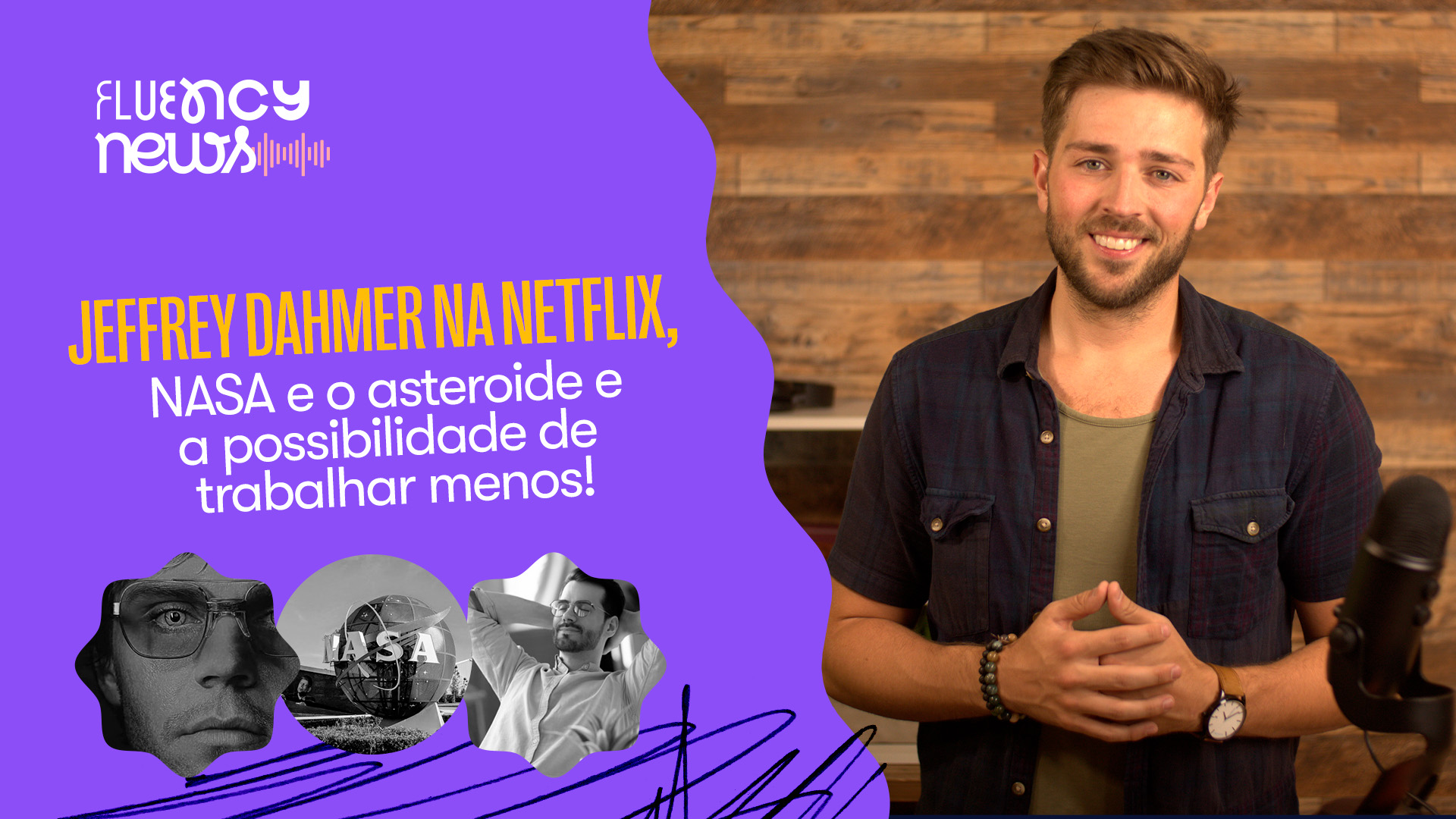

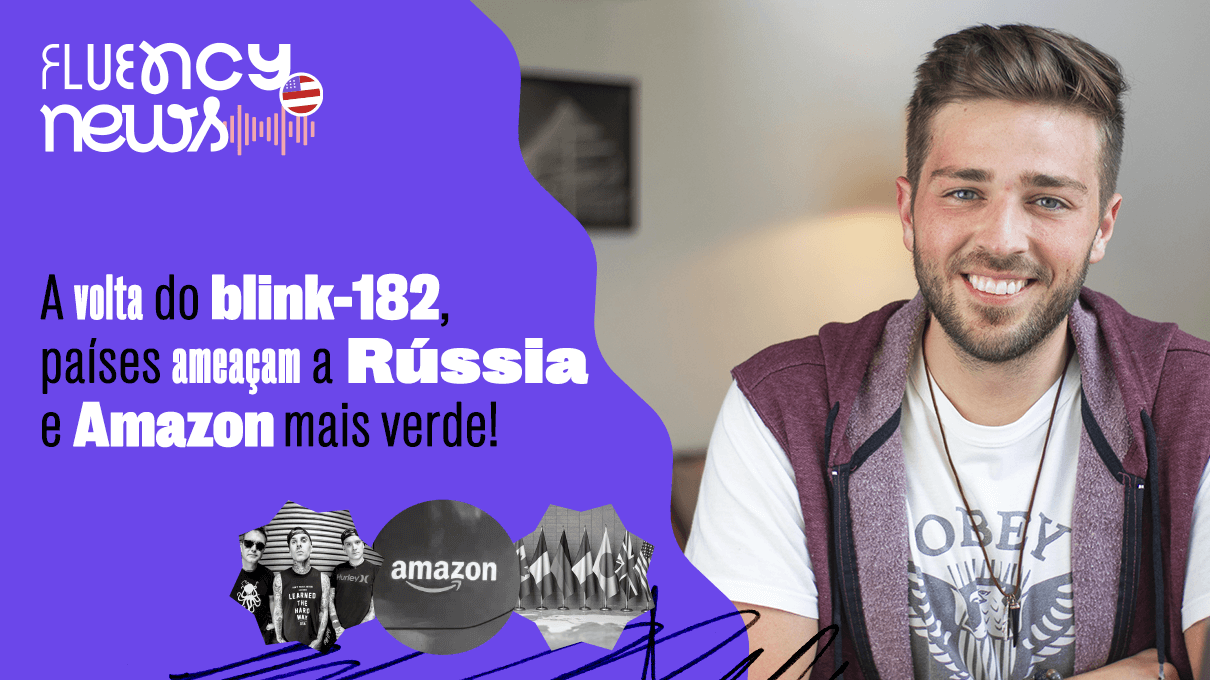
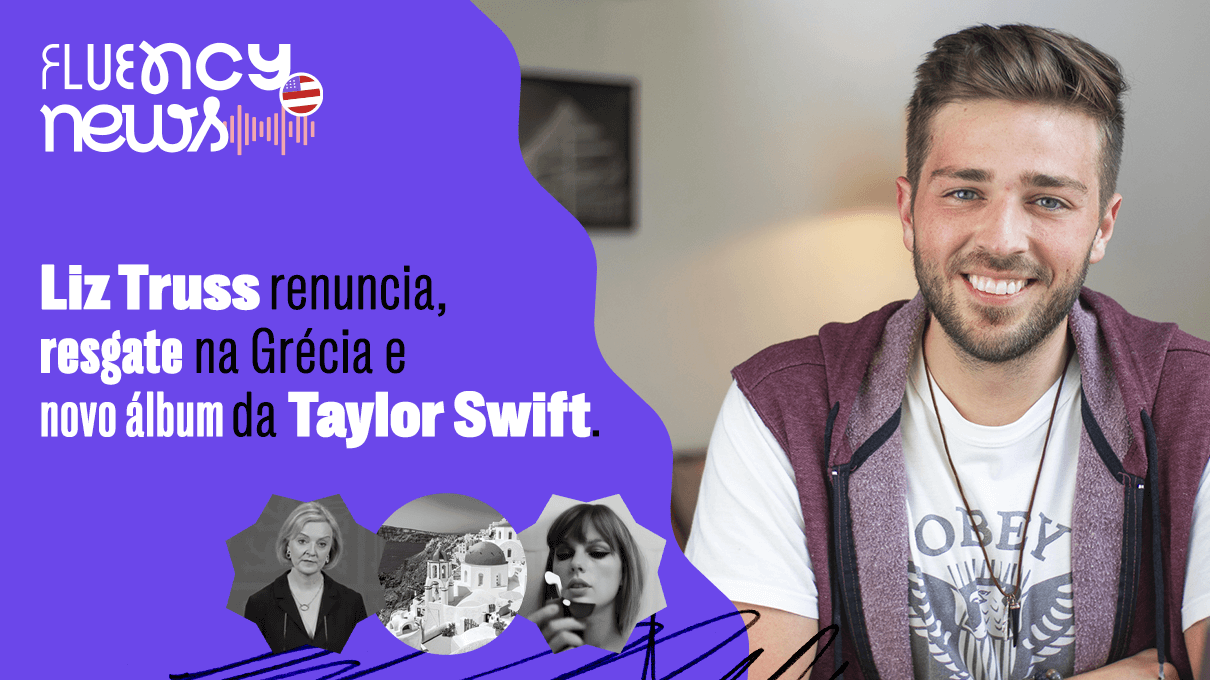
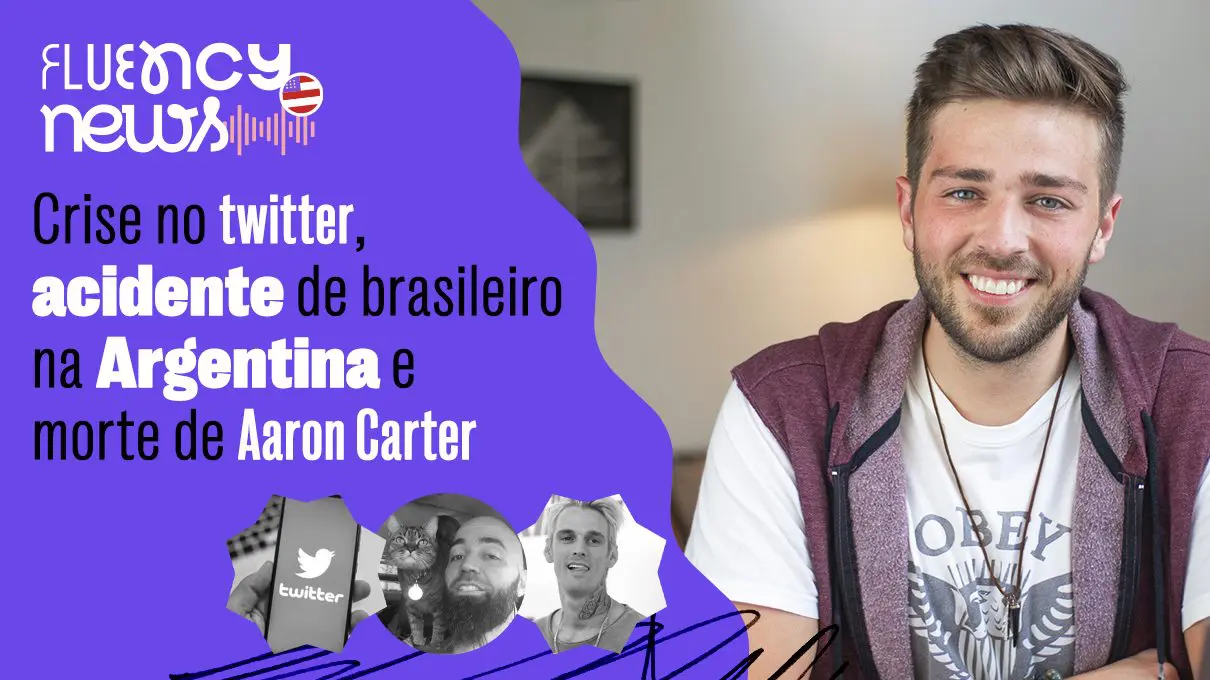
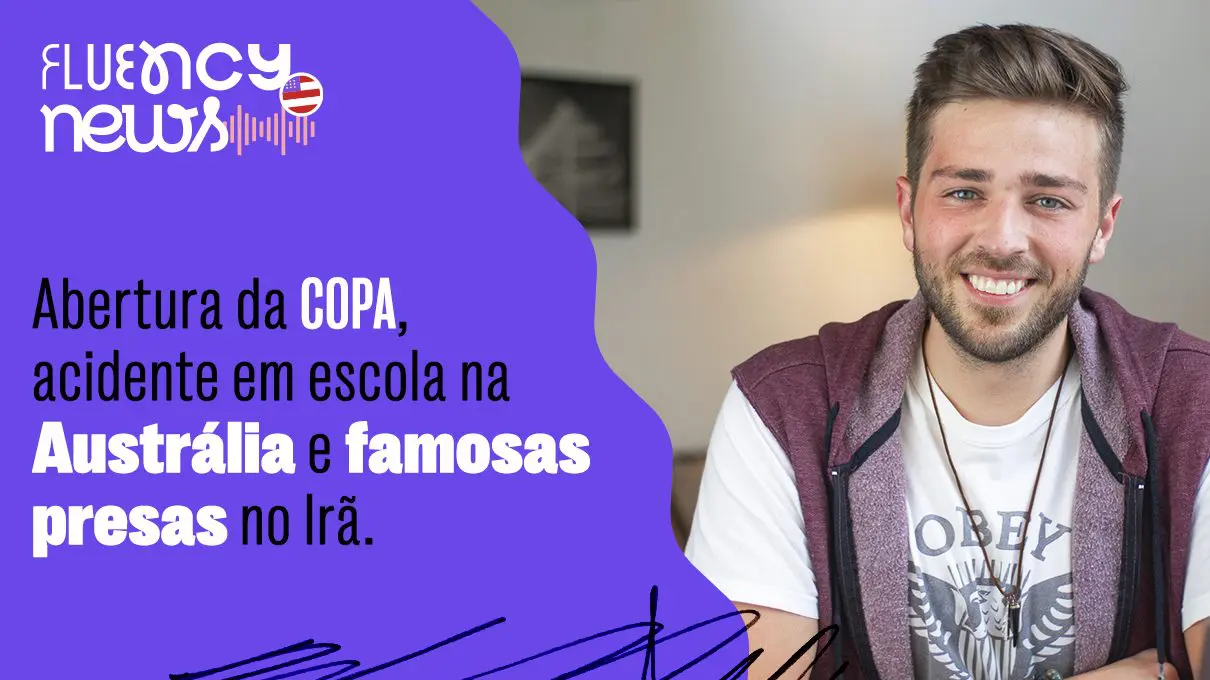
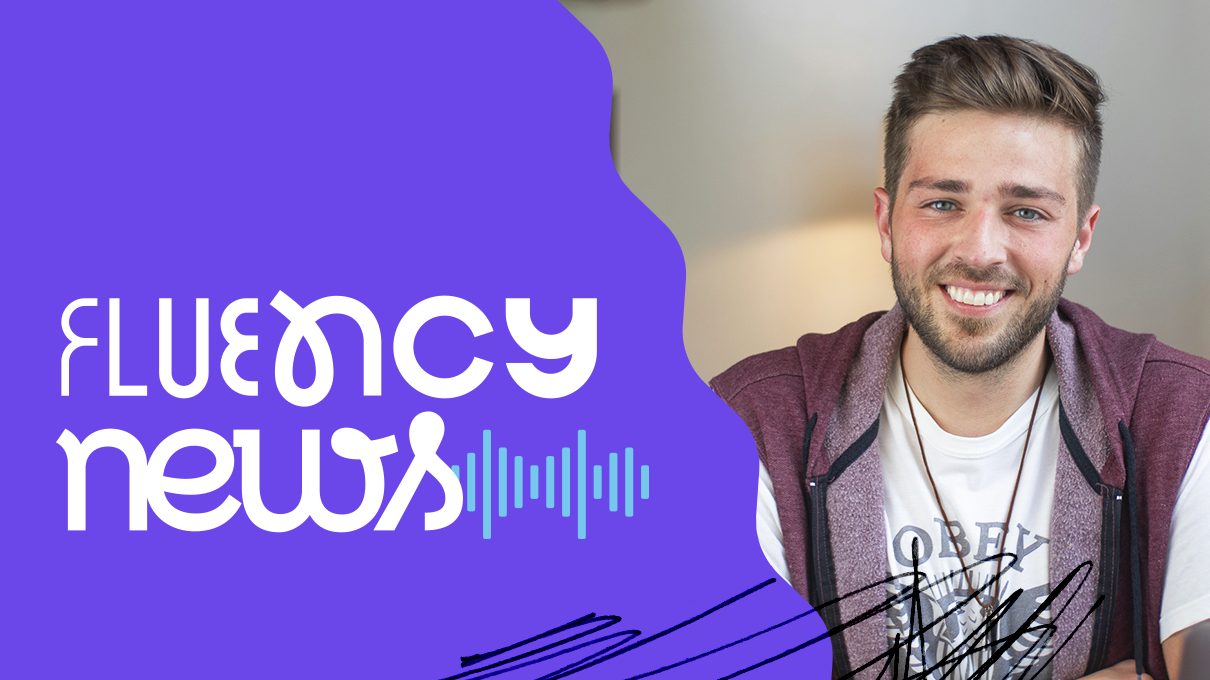
 Curso de Inglês
Curso de Inglês
 Curso de Espanhol
Curso de Espanhol
 Curso de Francês
Curso de Francês
 Curso de Mandarim
Curso de Mandarim
 Curso de Italiano
Curso de Italiano
 Curso de Japonês
Curso de Japonês
 Curso de Alemão
Curso de Alemão
 Curso de Coreano
Curso de Coreano







 Blog
Blog  Podcast
Podcast  Lives
Lives  Aulas
Aulas  eBooks
eBooks  Minicursos
Minicursos





